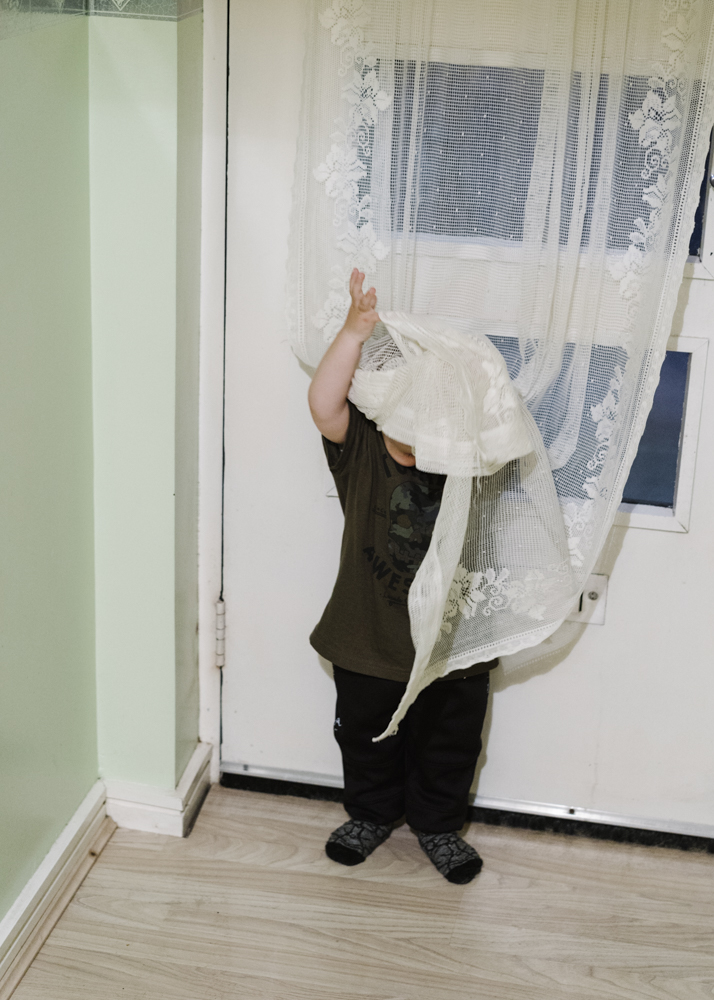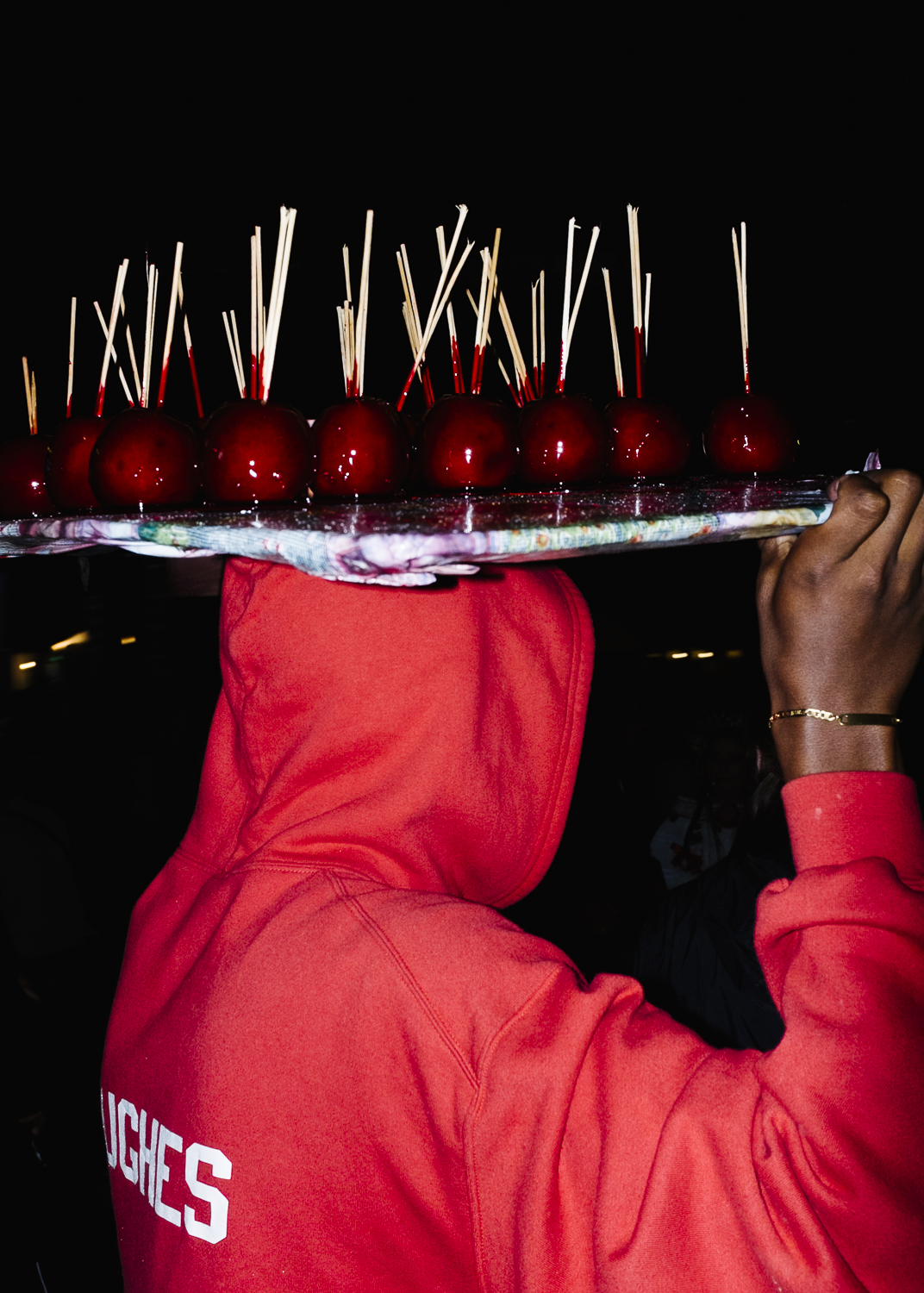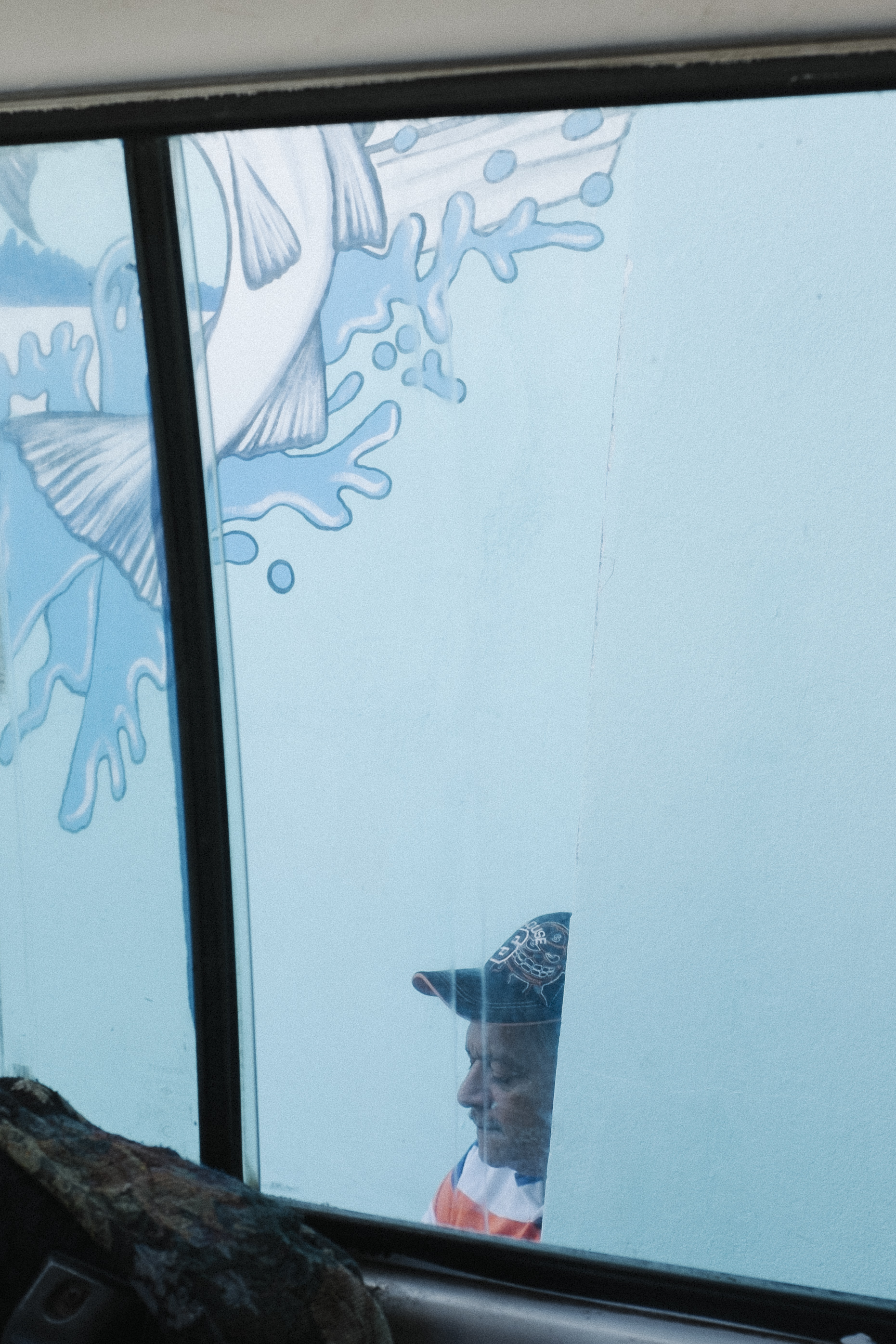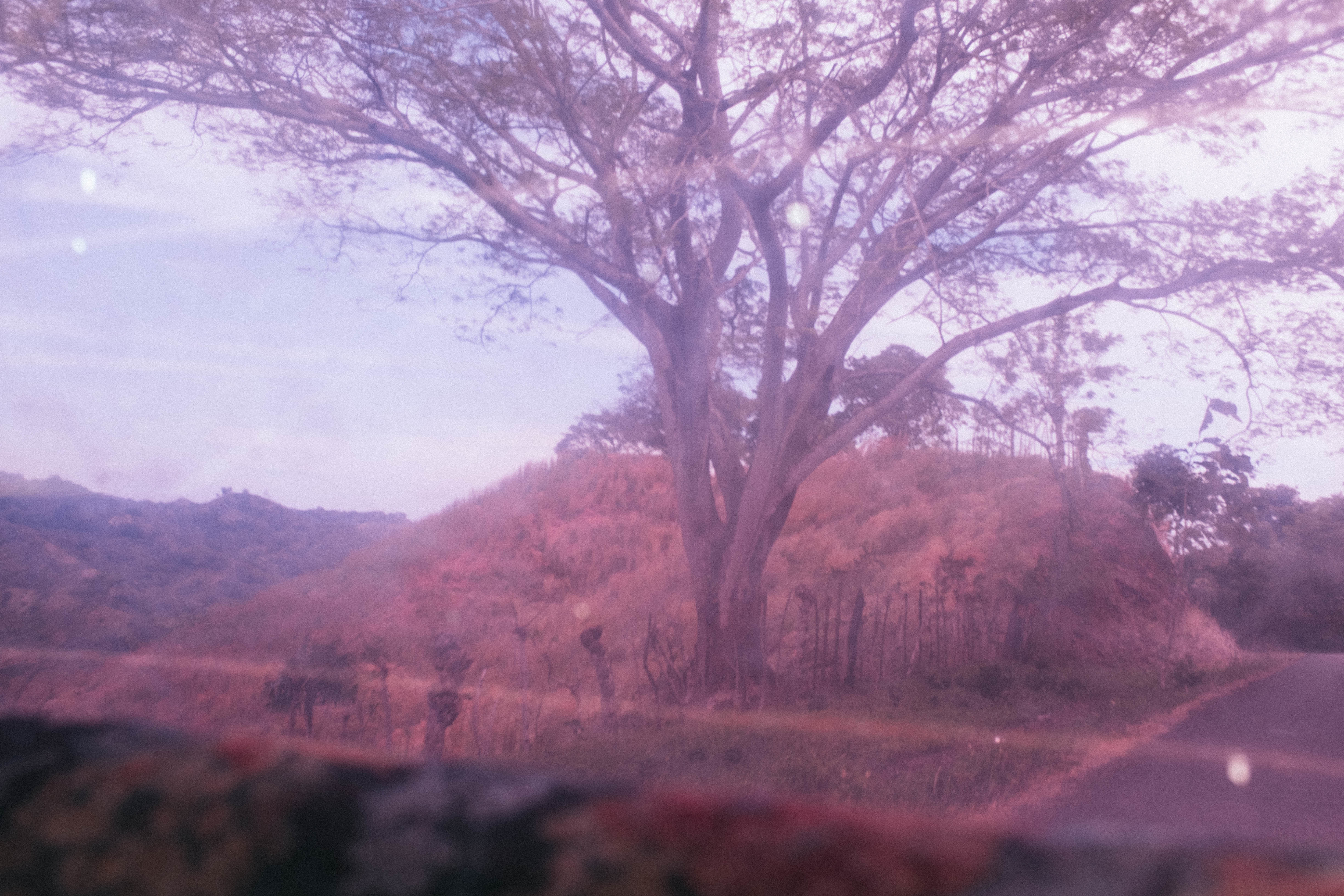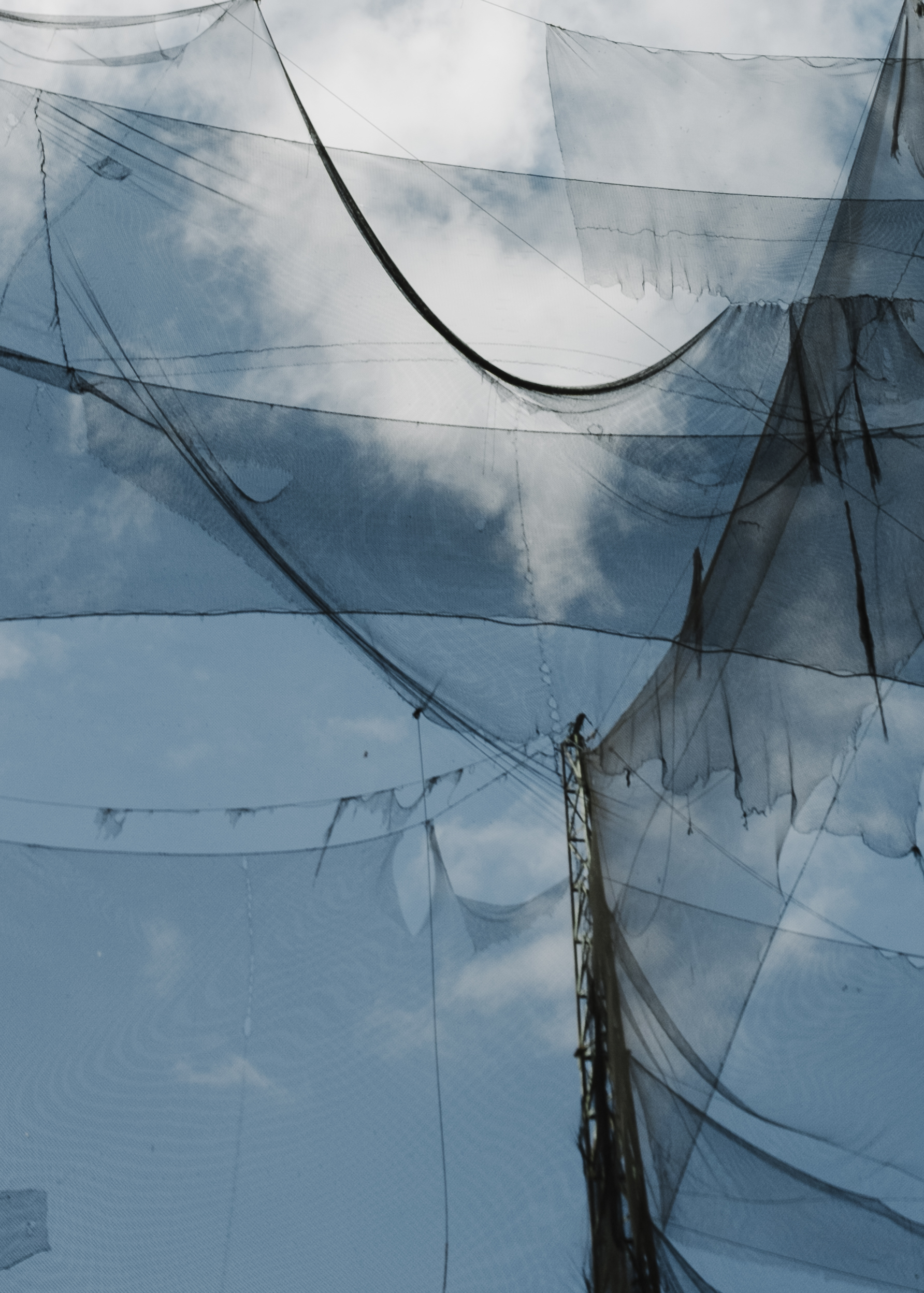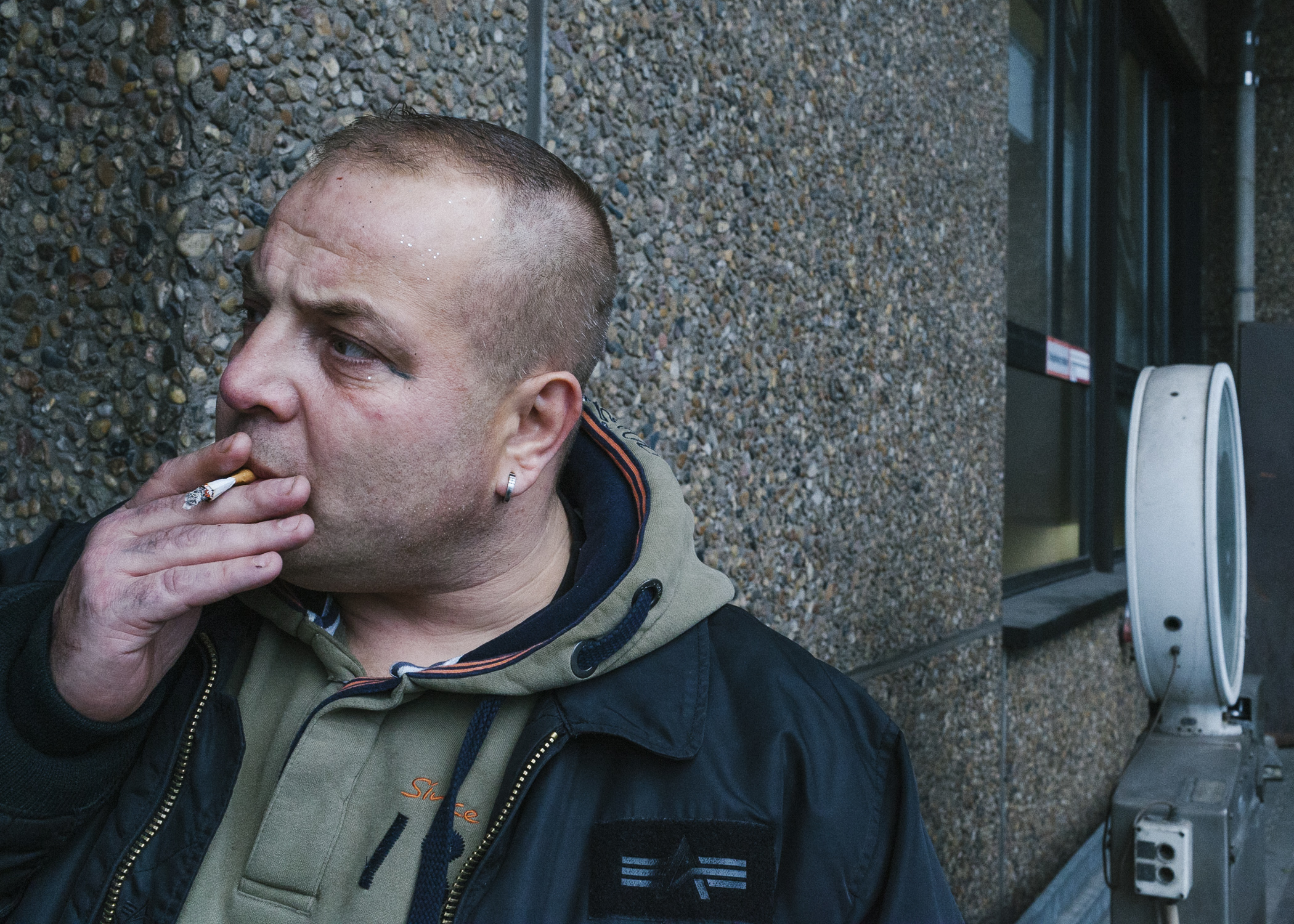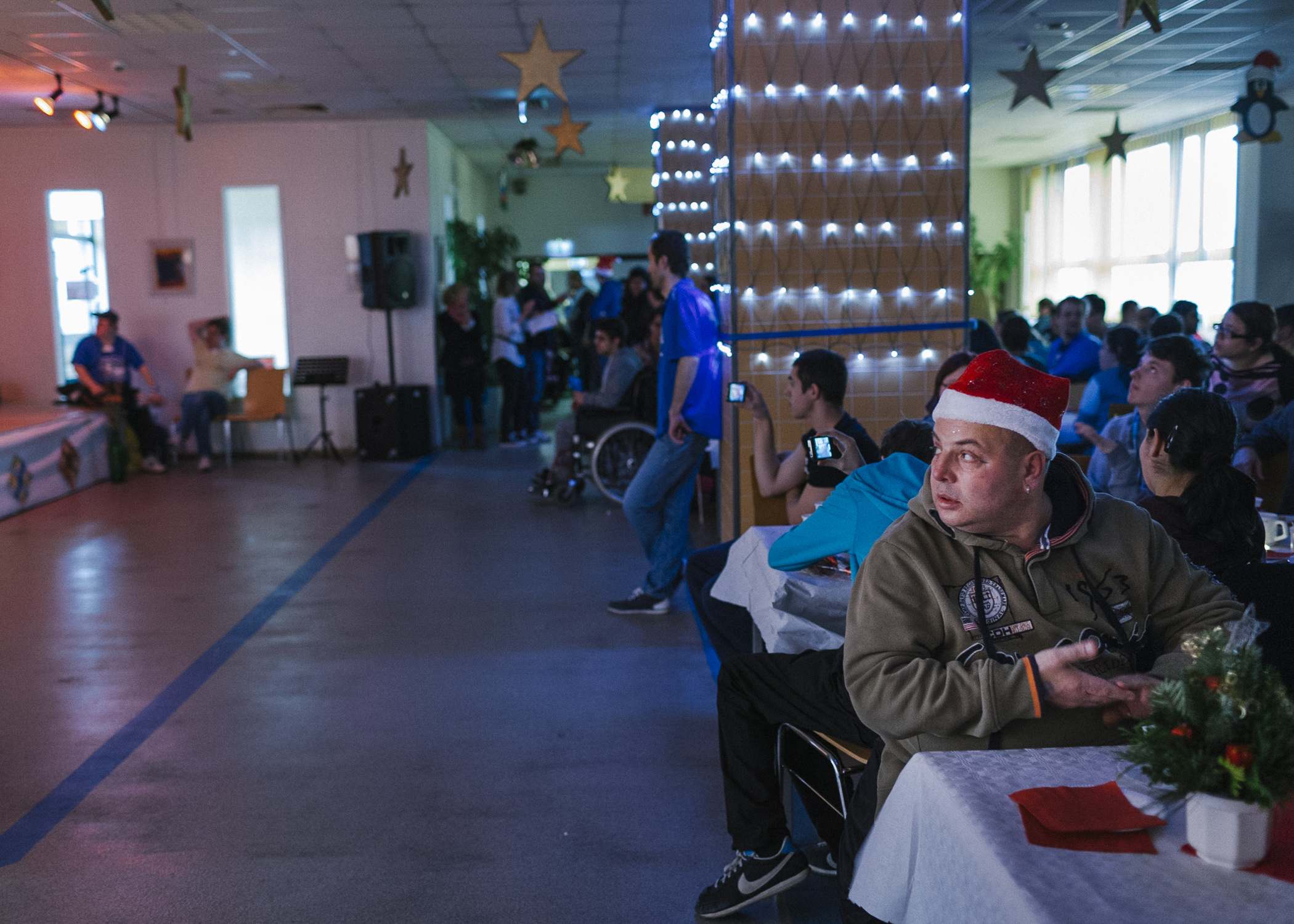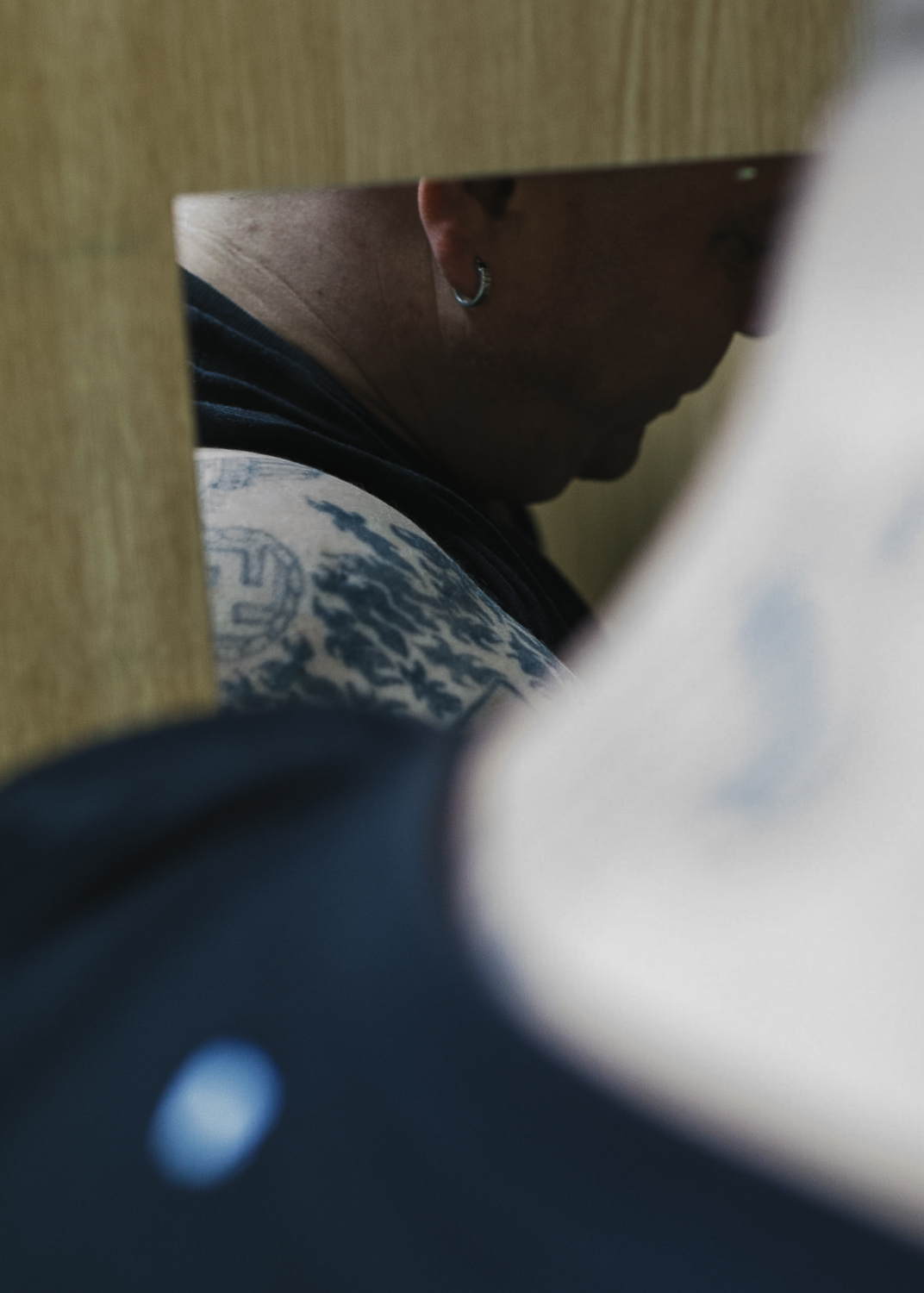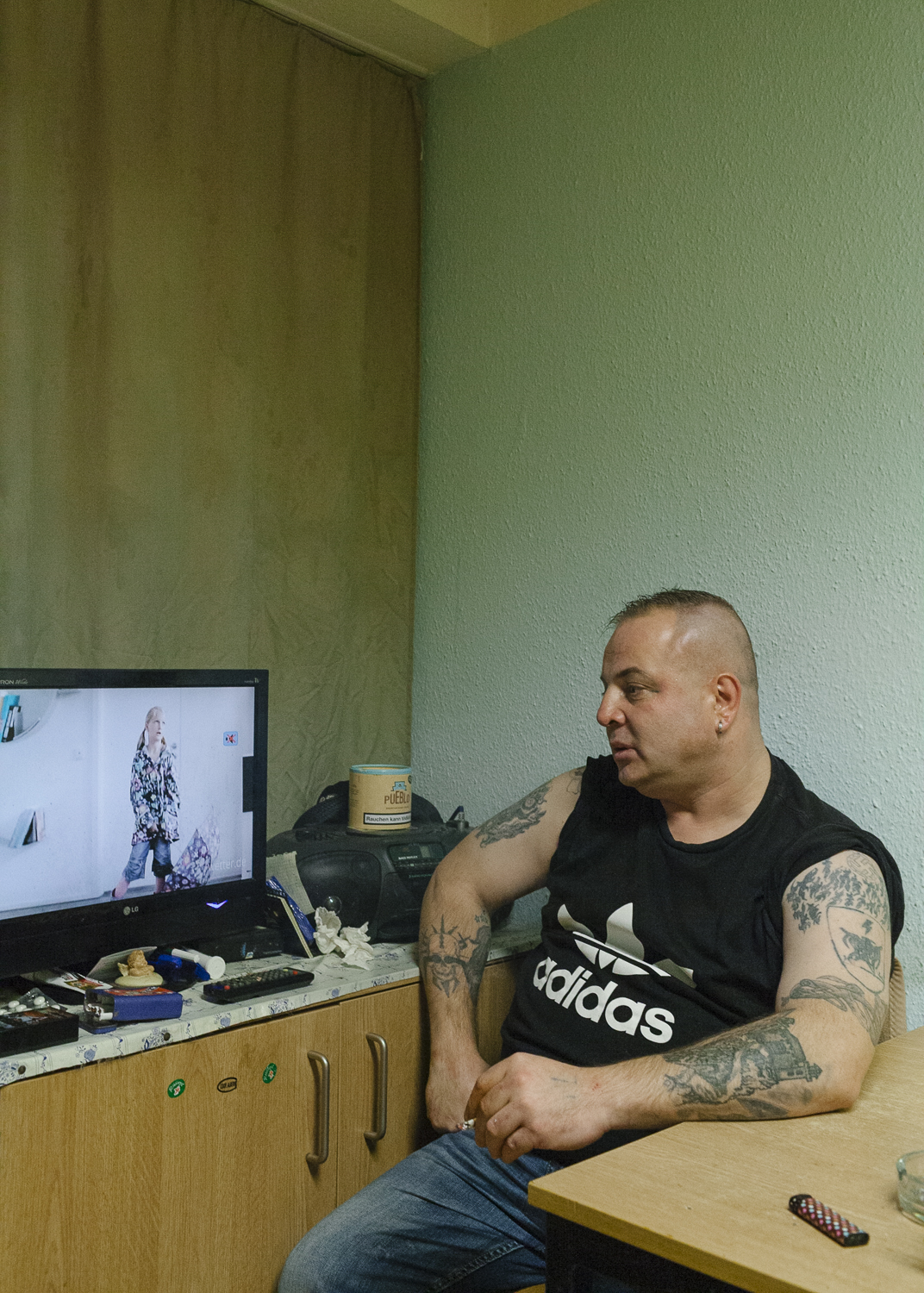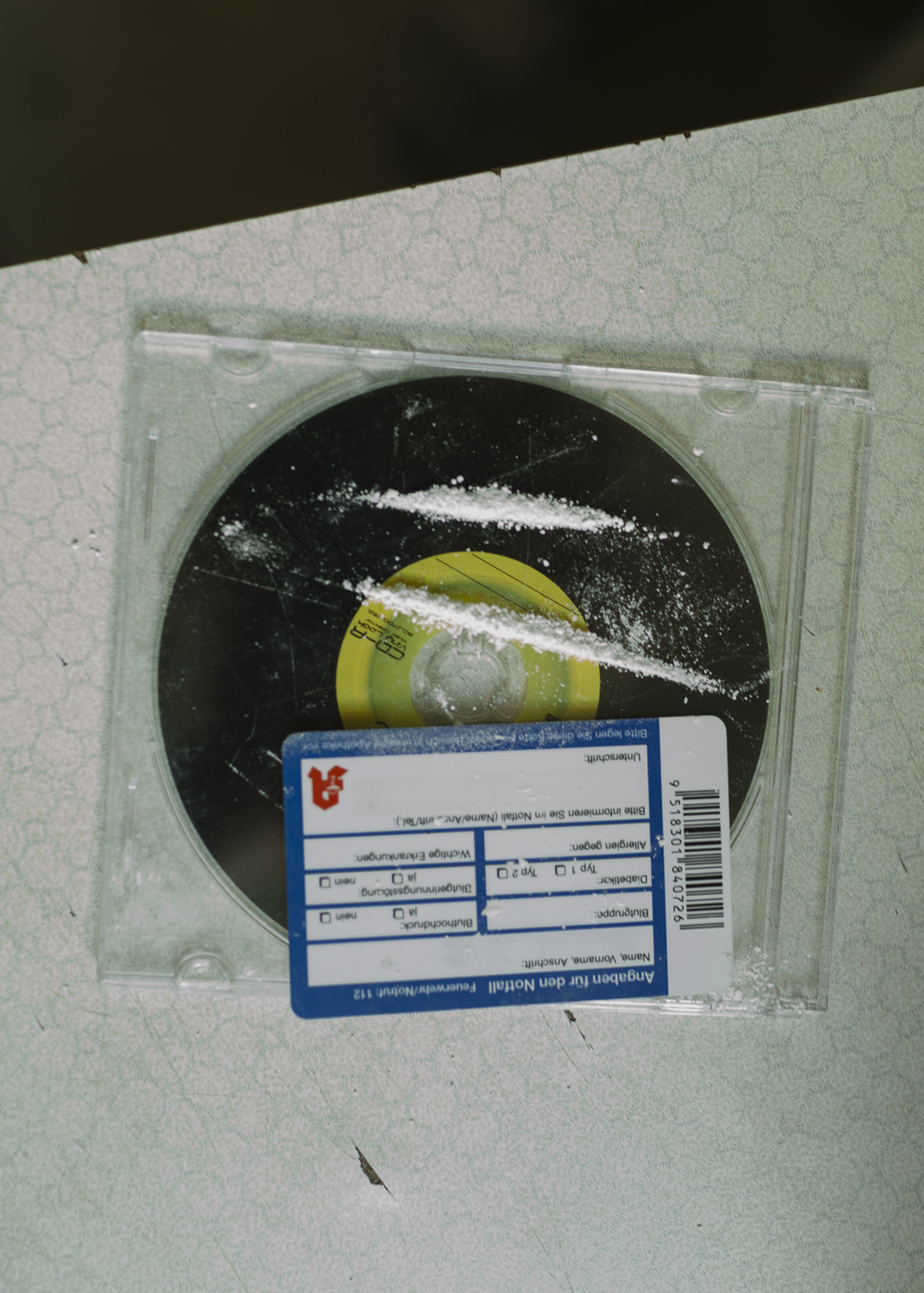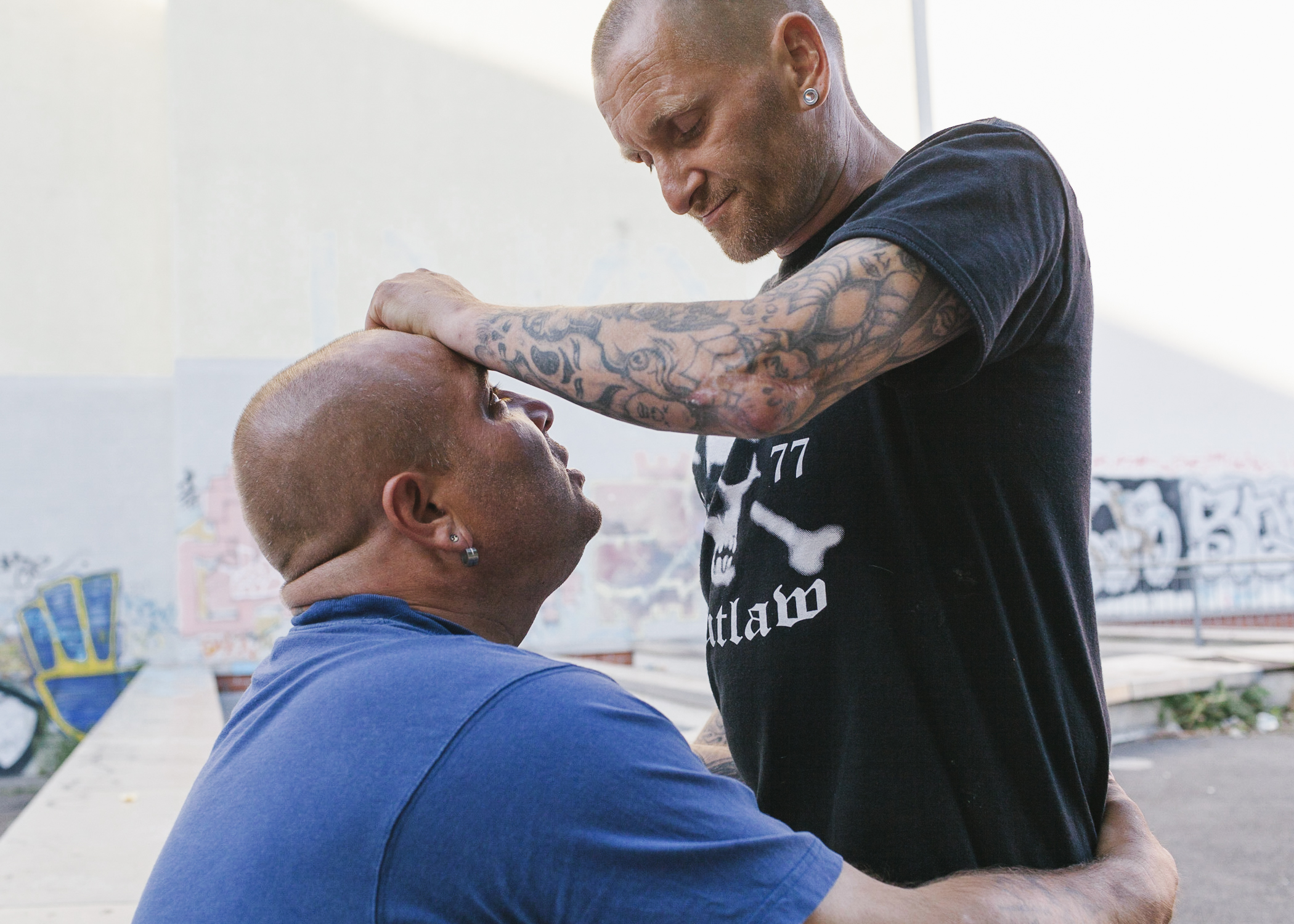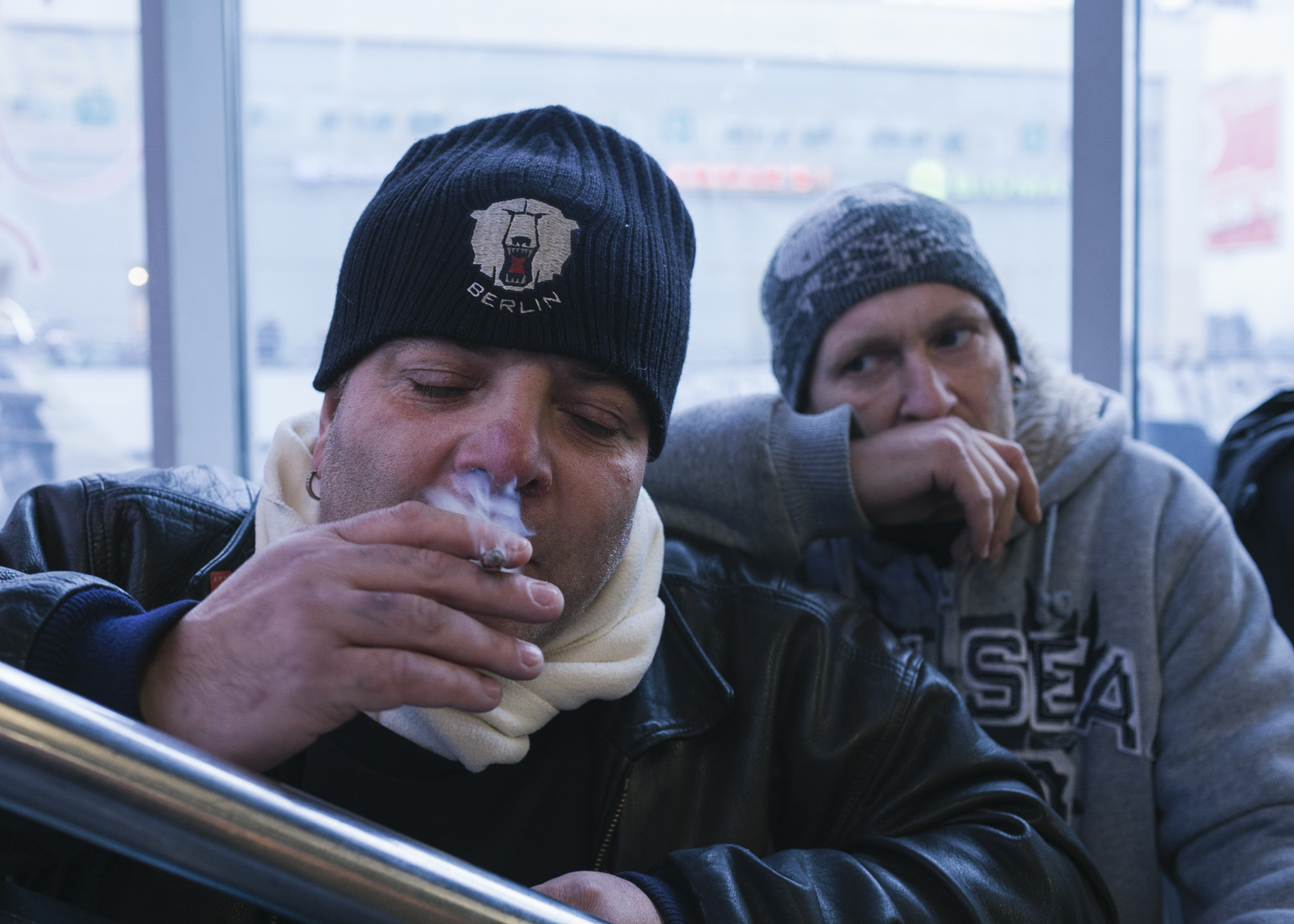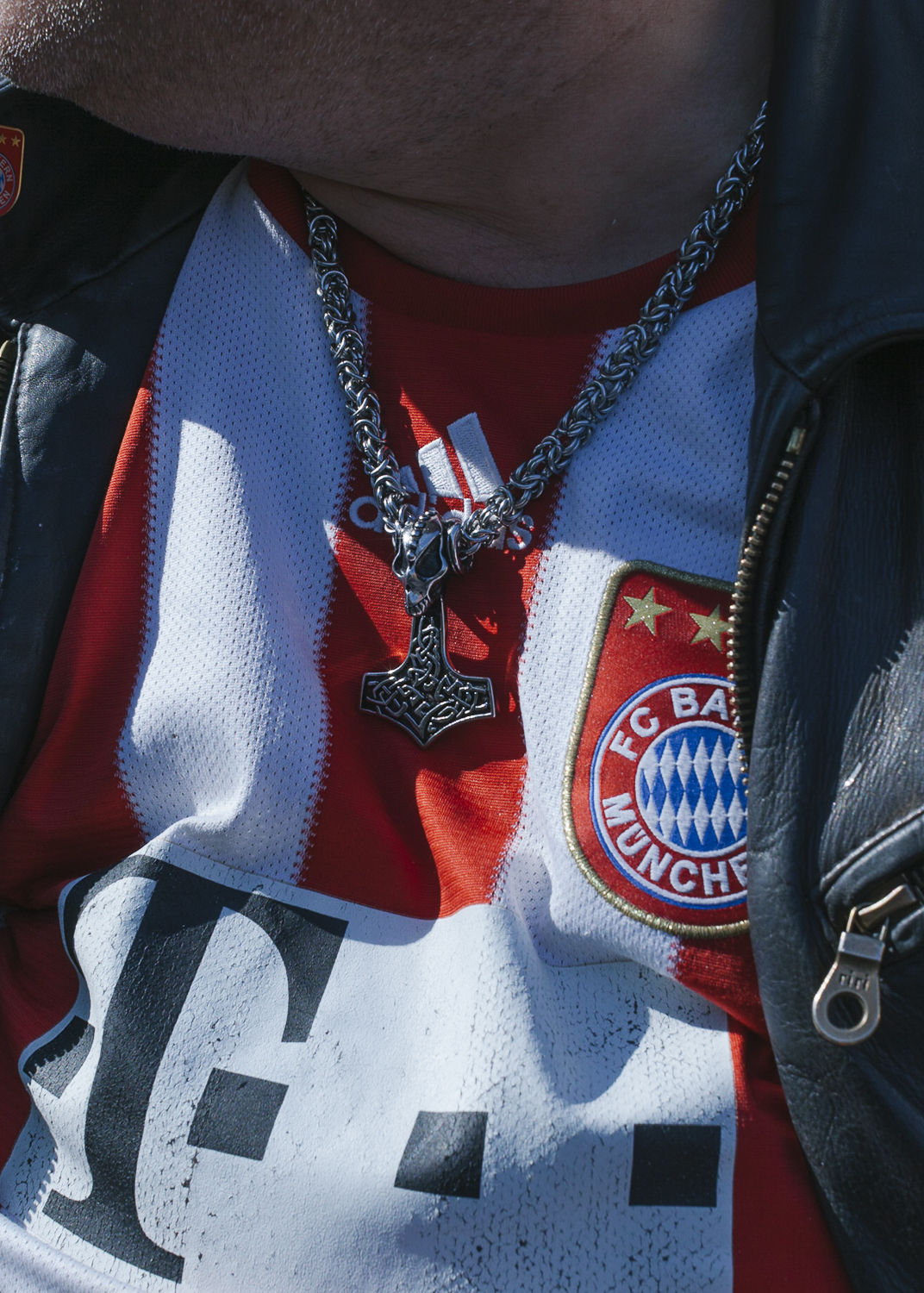Since the 1960s, Germany has recruited so-called ‚Gastarbeiter‘ from other countries, who were meant to stay only for a few years, work hard in blue-collar jobs and then return to their countries of origin. This concept naturally didn’t work out and many stayed and built a life in Germany, facing prejudices, homesickness, language barriers and social exclusion.
A large number of the migrant workers came from Turkey and the surrounding countries and while Greeks and Italians gradually became accepted and loved by the Germans, the 4 to 5 million muslims in the country still experience exclusion and racism.
Leila, Coco, Mohammed and İlhan live in Berlin, between Kottbusser Tor and the tower blocks on the city’s outskirts, gentrification and social benefits, Hip Hop and religious traditions. They are the children of muslim immigrants from Turkey, Jordan and Palestine. Their parents came to Germany as ‚Gastarbeiter‘ (guest workers) and refugees. Leila, Coco, Mo and İlhan belong to the first generation that was born and raised in Germany.
Their stories tell of the past and the present, of places of (imagined) existence, of growing up and ultimately of their search for their identity. Doro Zinn narrates their ongoing encounters with documentary photography and intimate portraits, together with archive material, texts and songs given to her by the protagonists.
Together they question the narratives society and media use towards immigrants and the following generations and break them up in a very personal way.

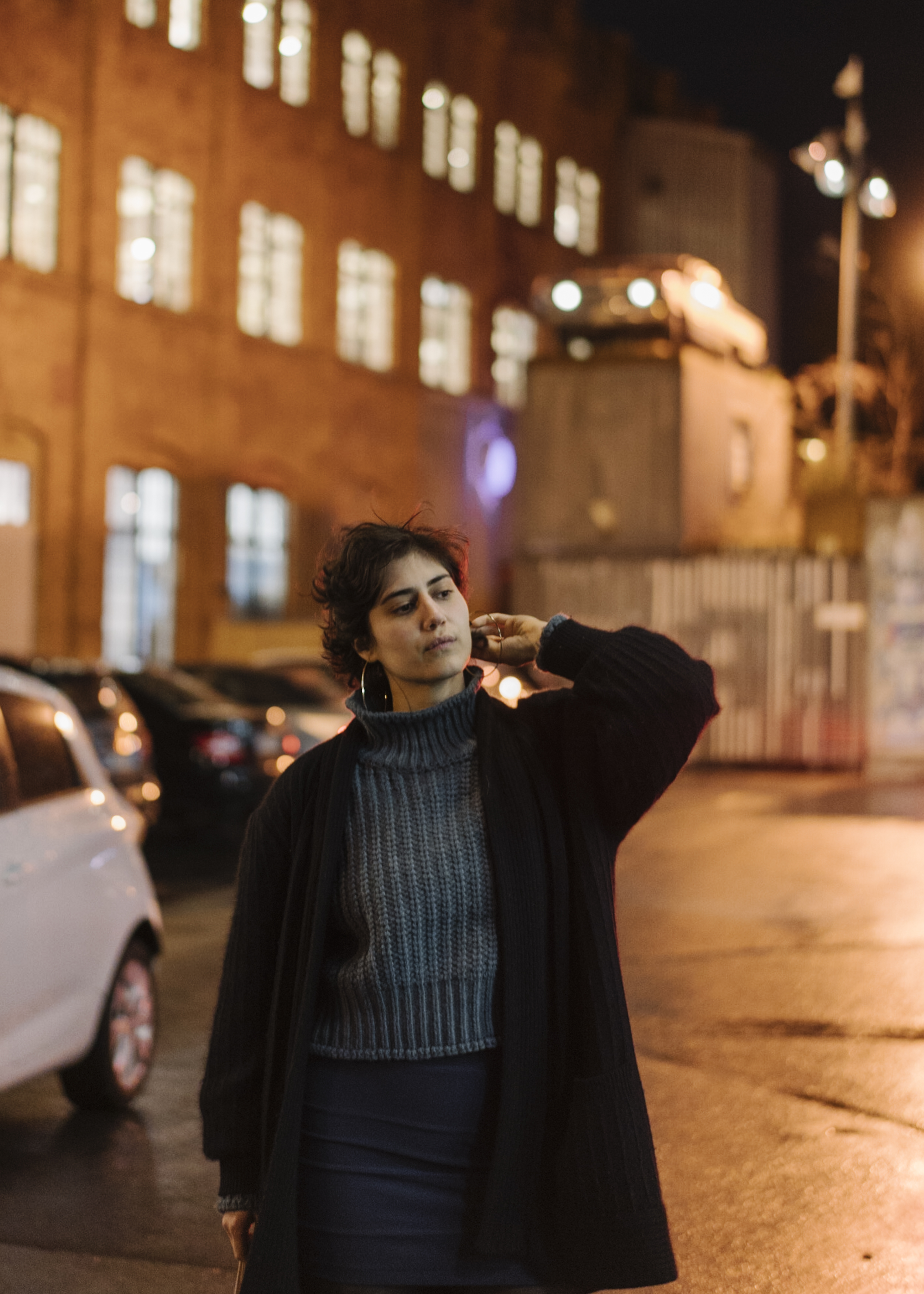
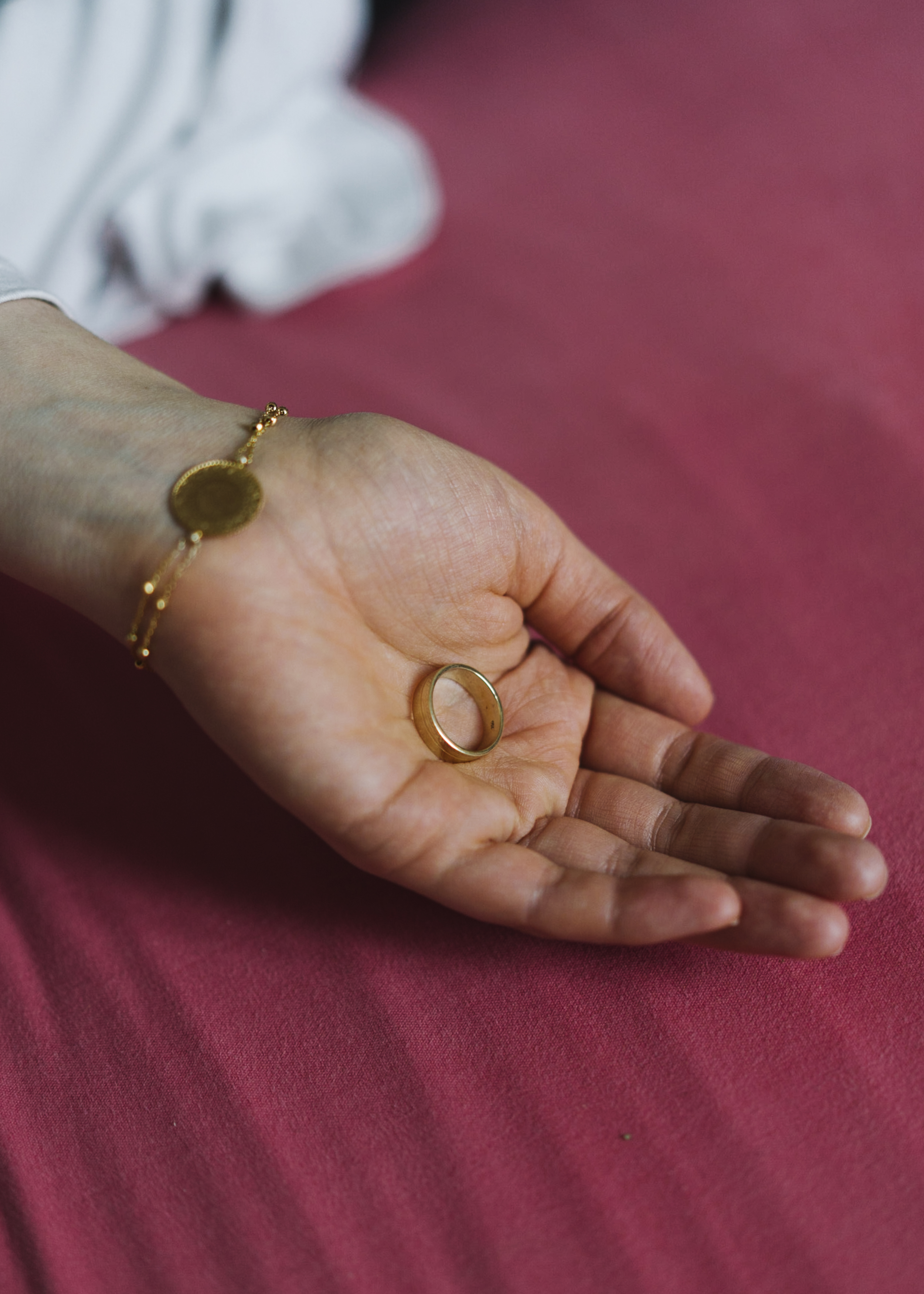

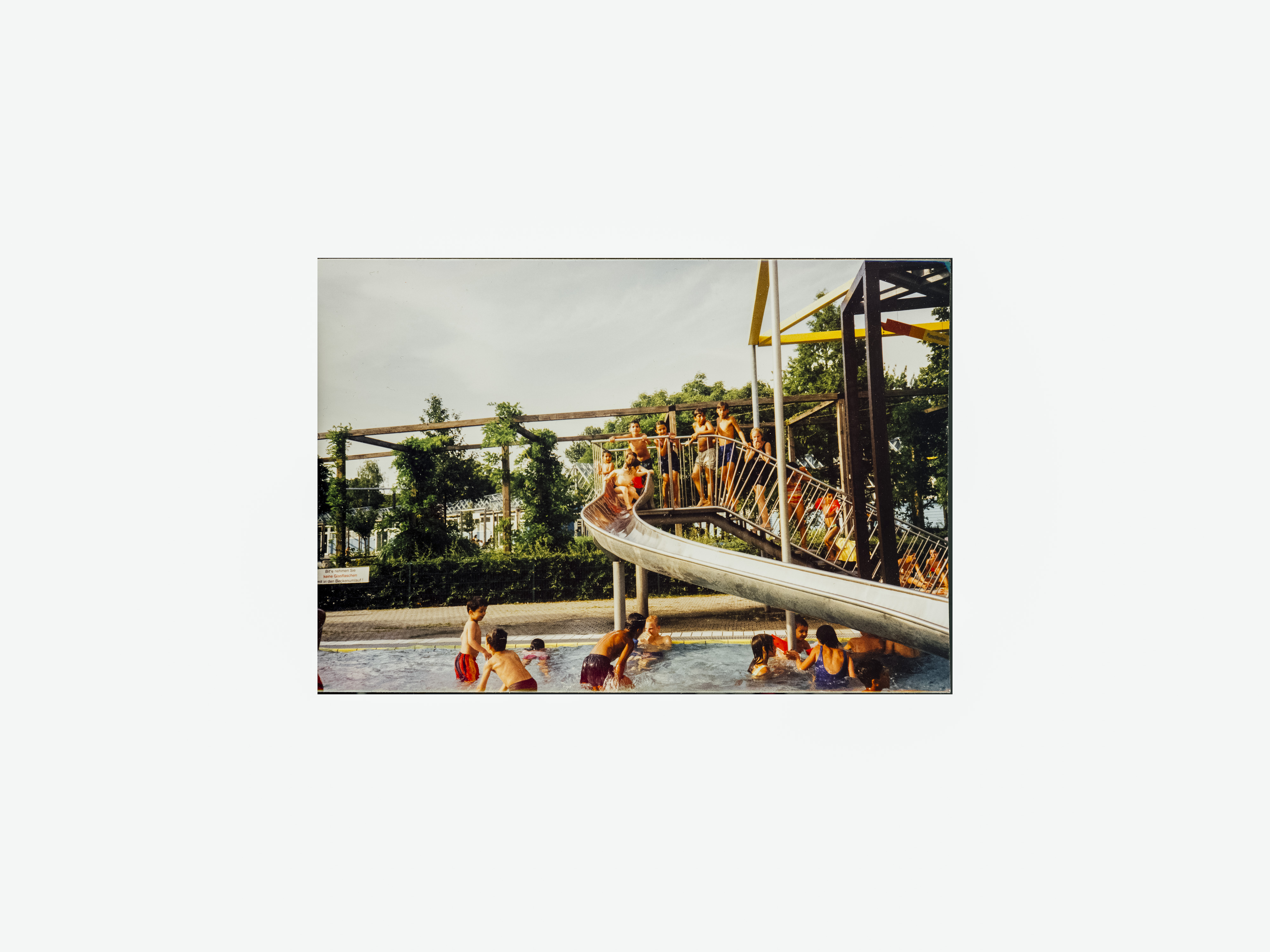

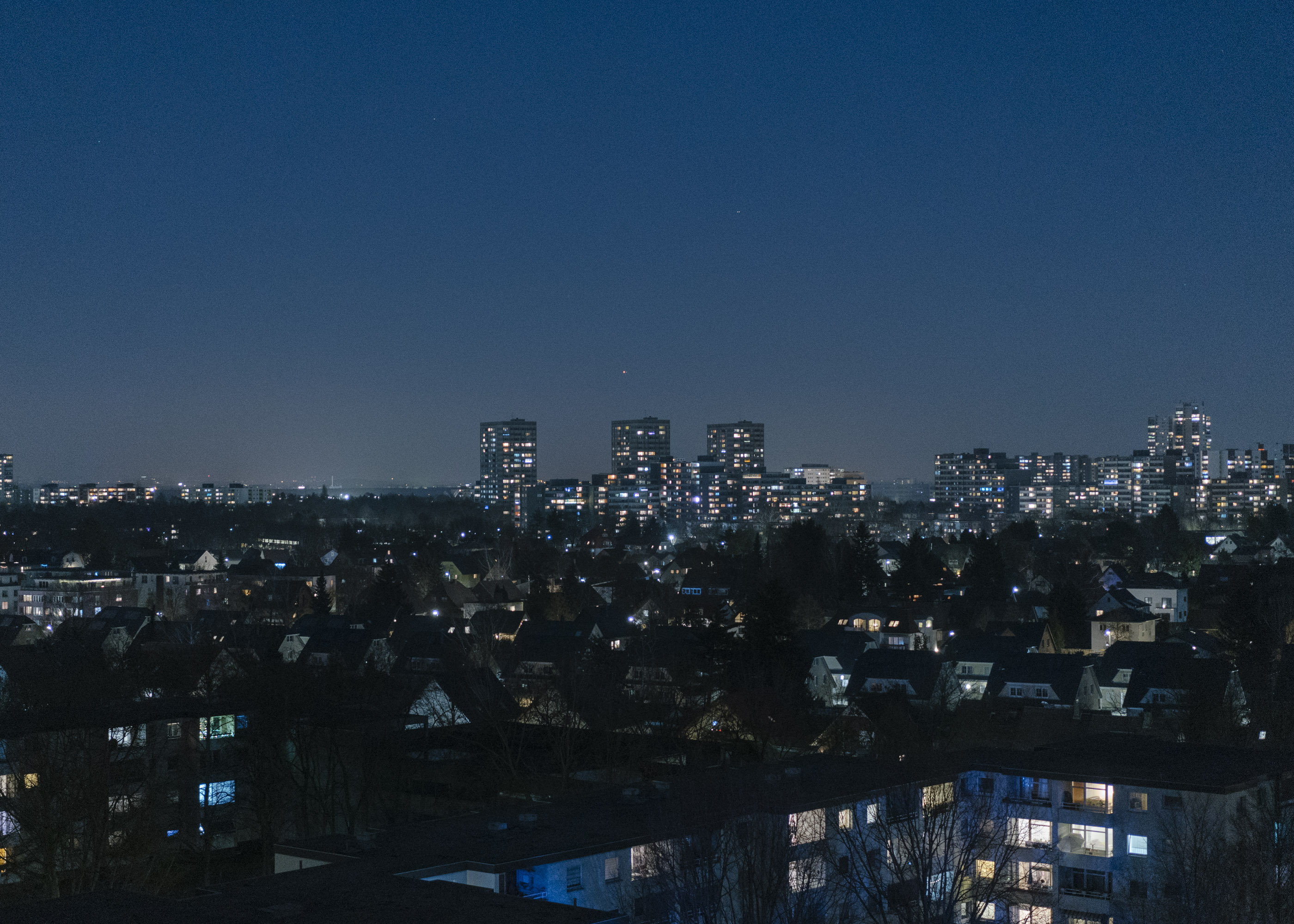


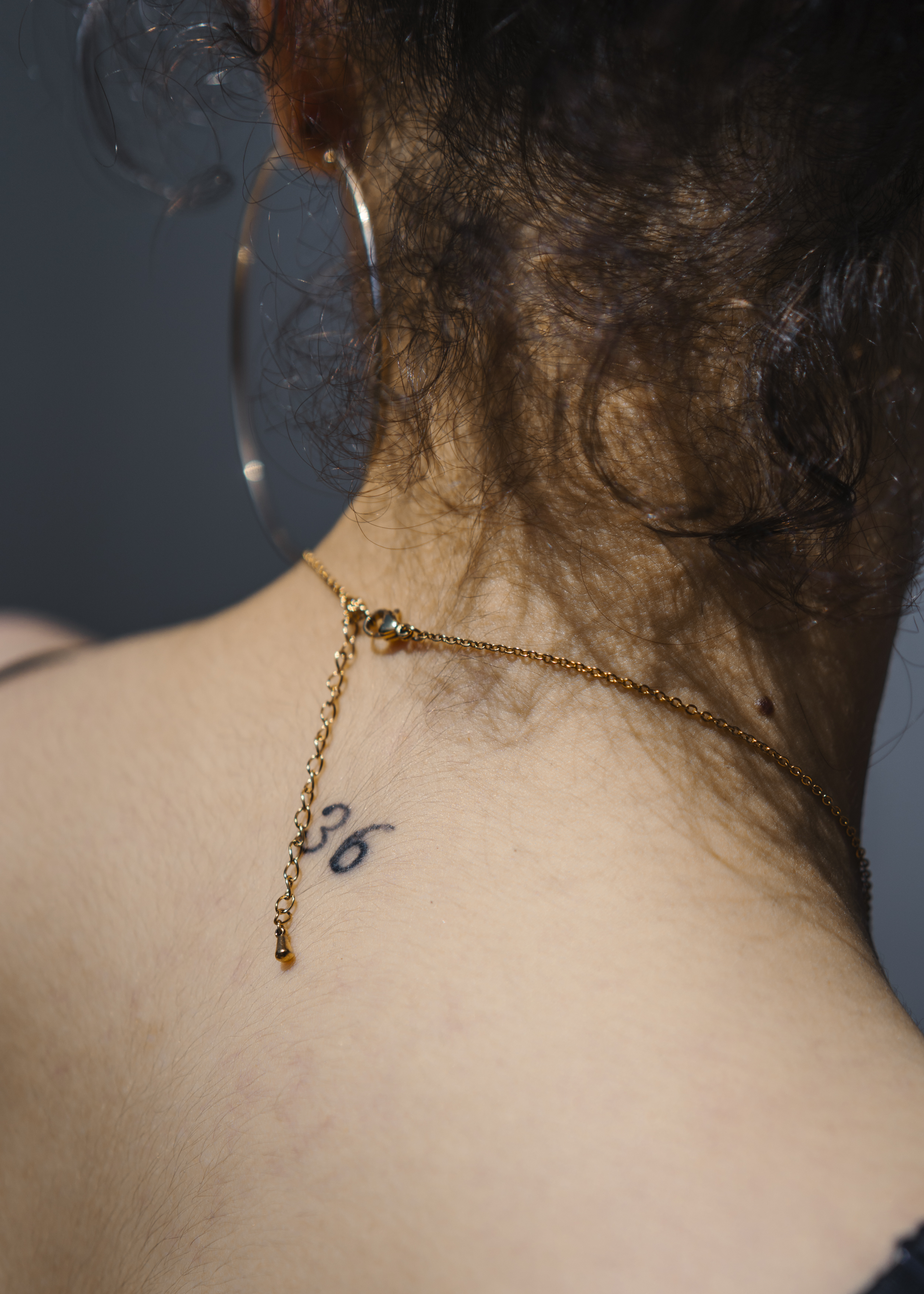



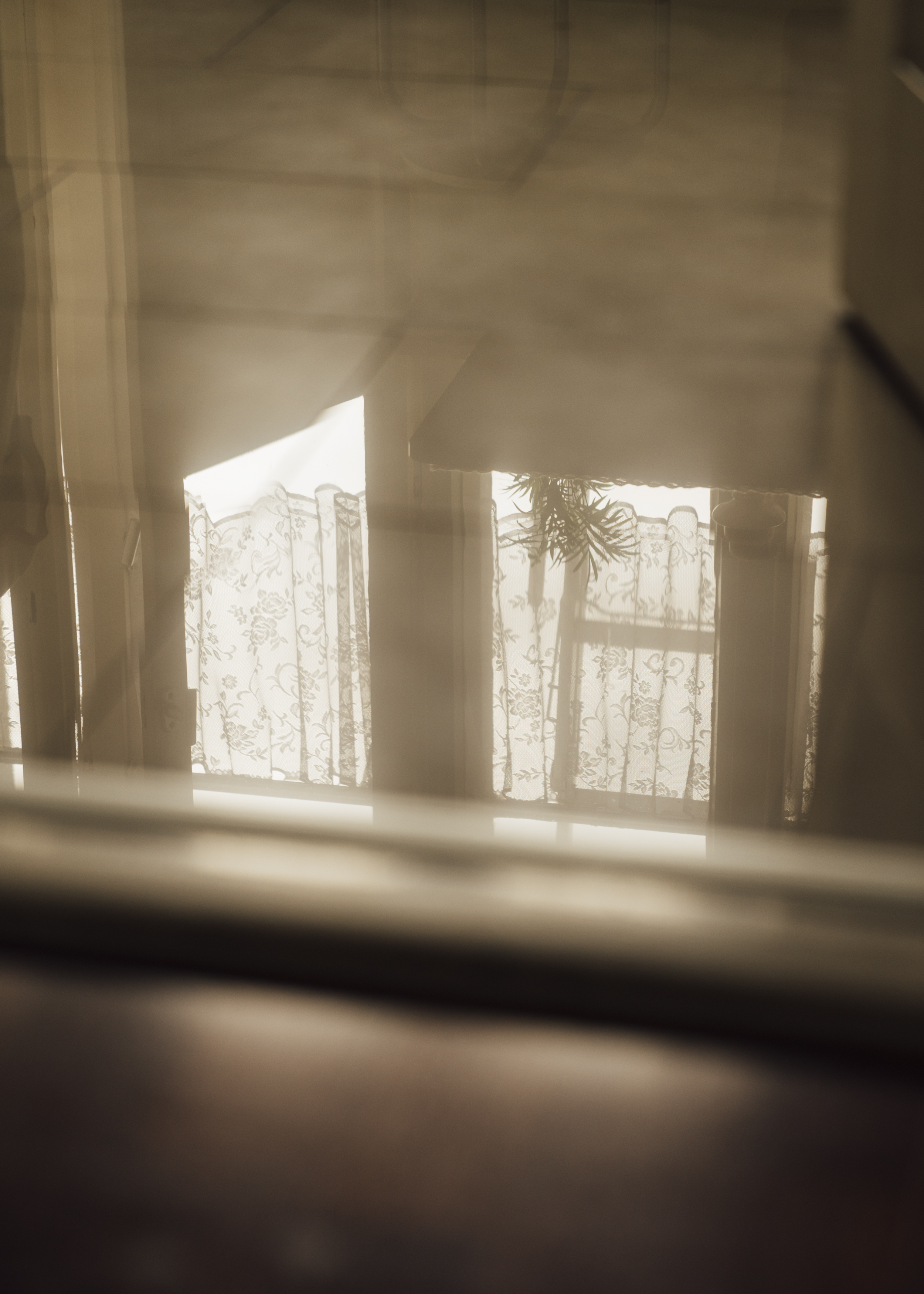

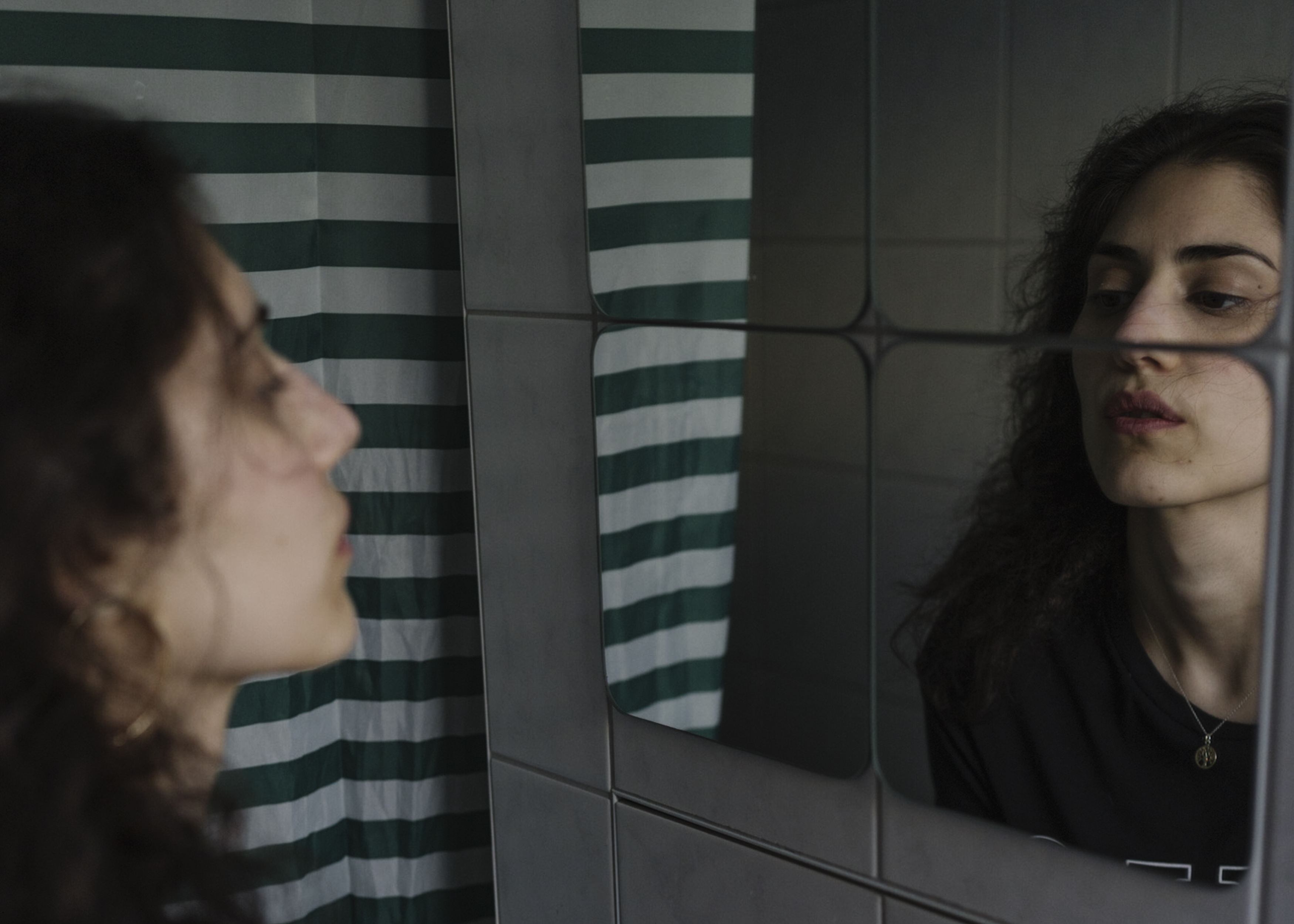

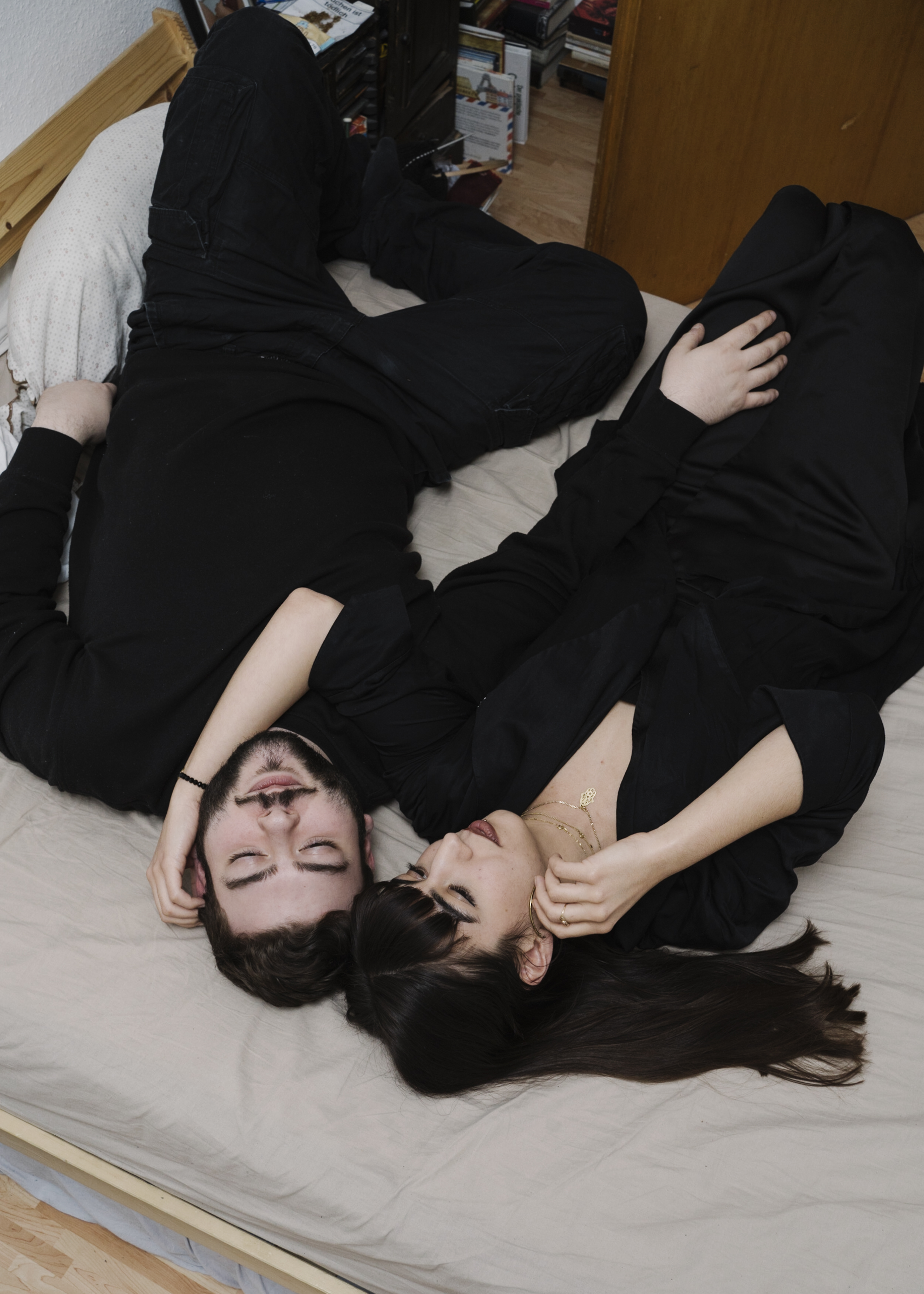
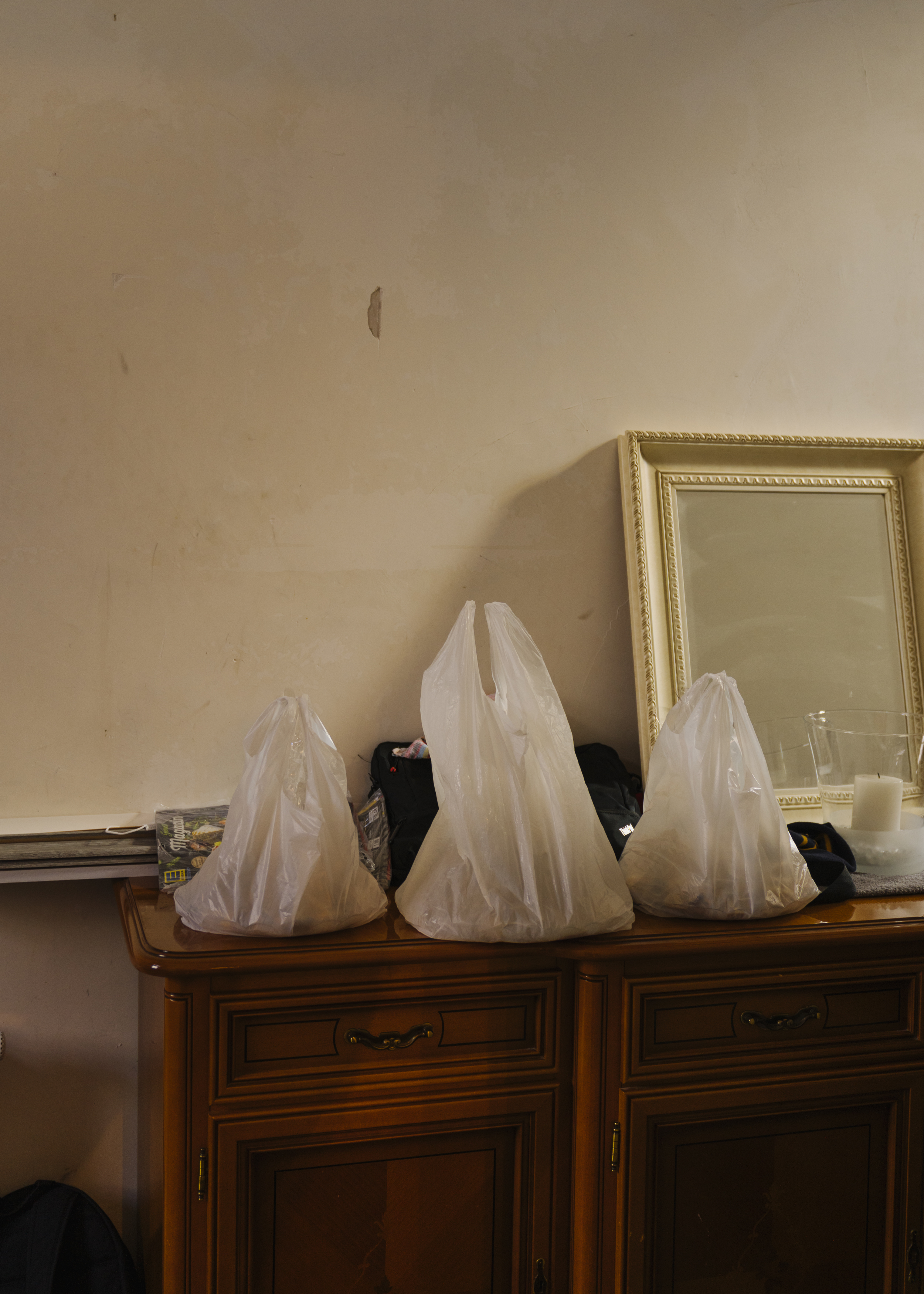

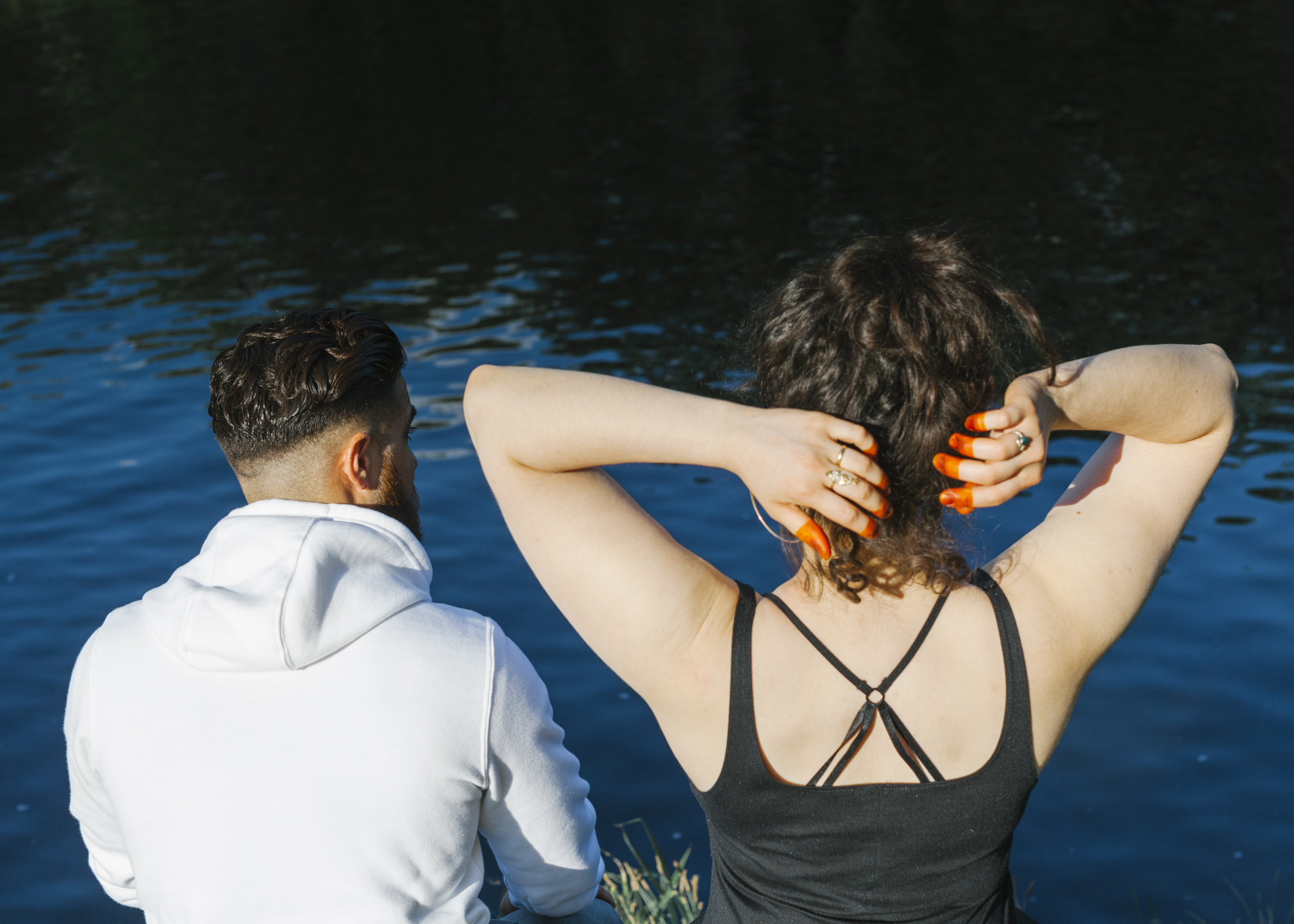
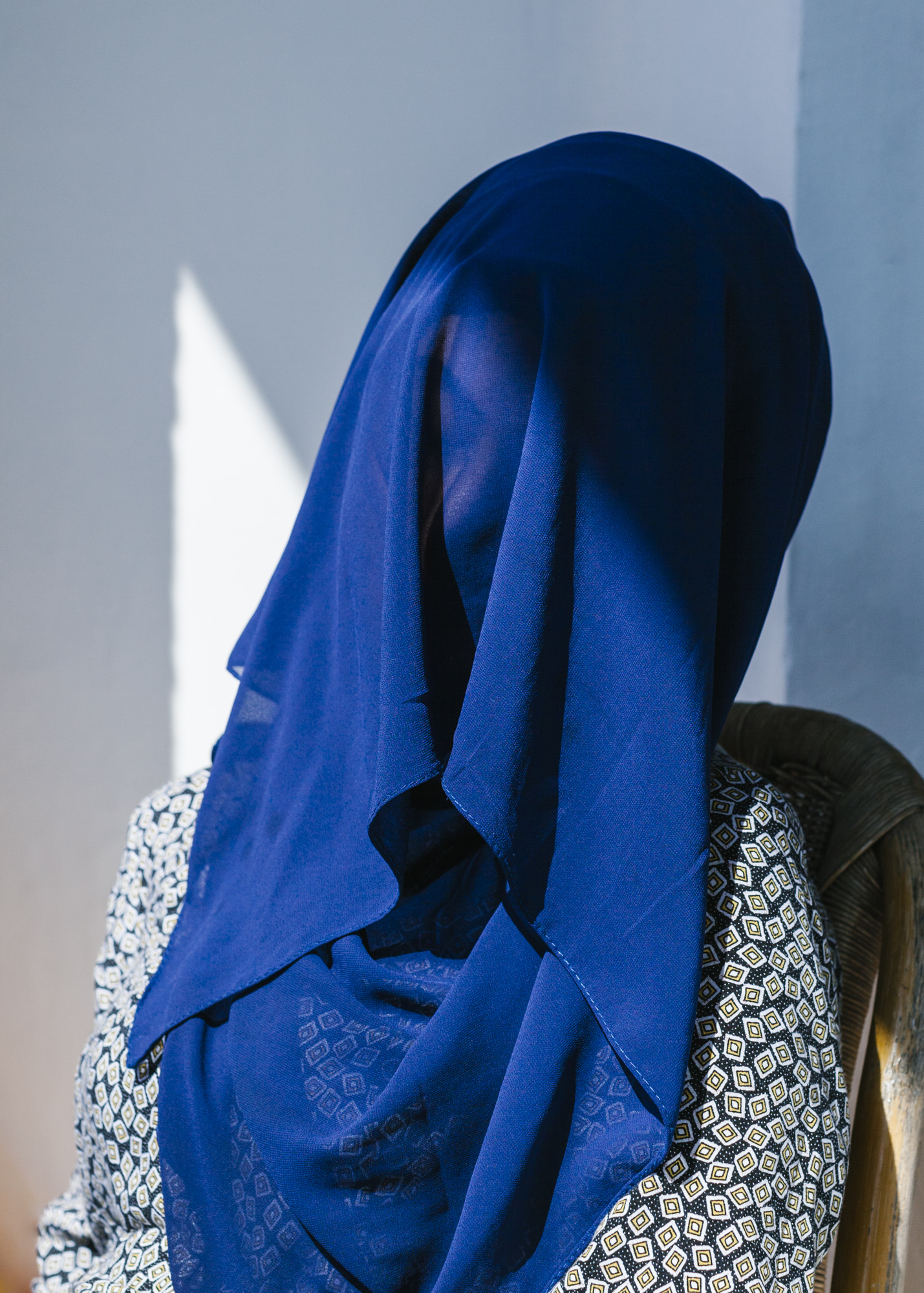
Photographed for Zeit Online

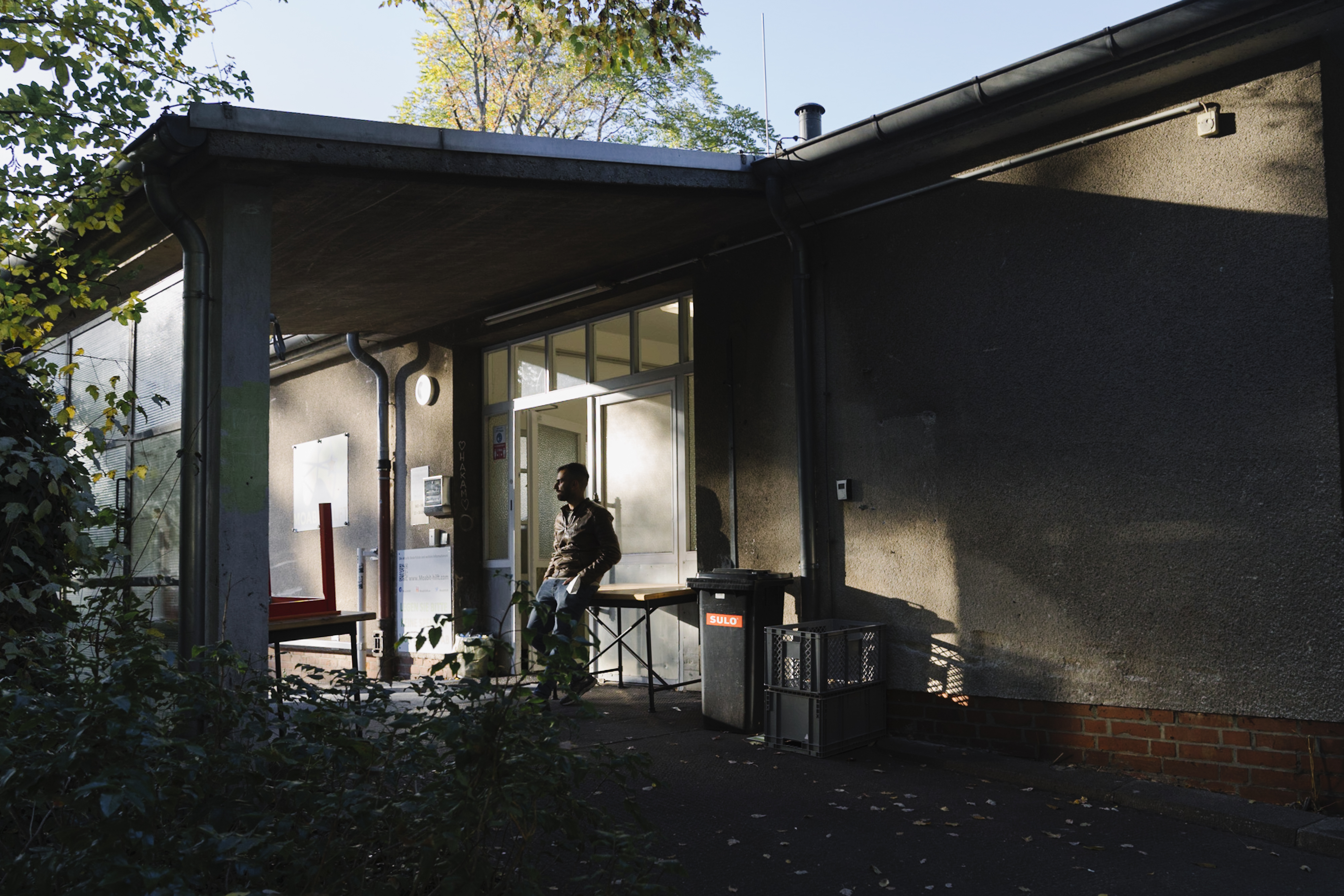
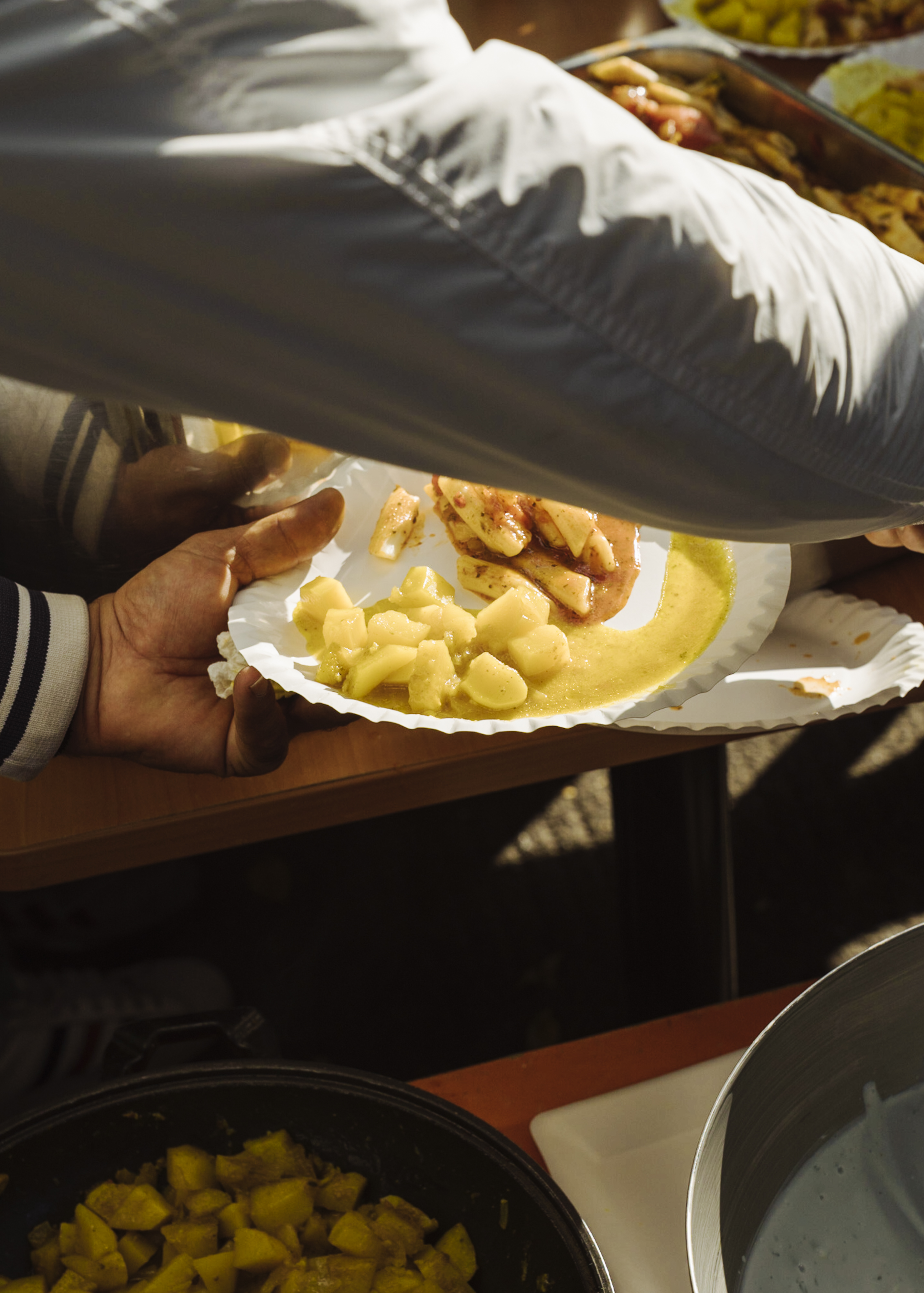
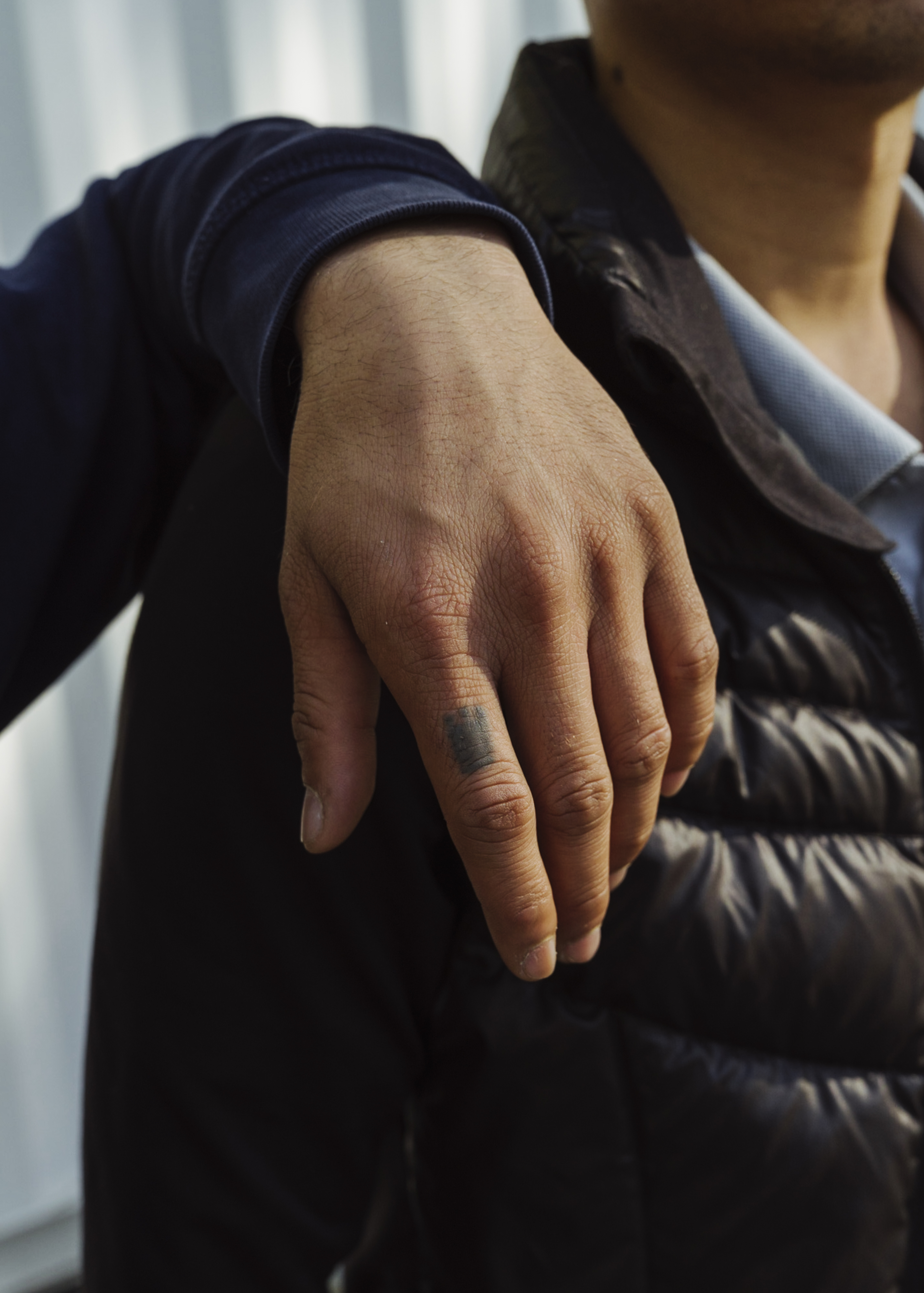
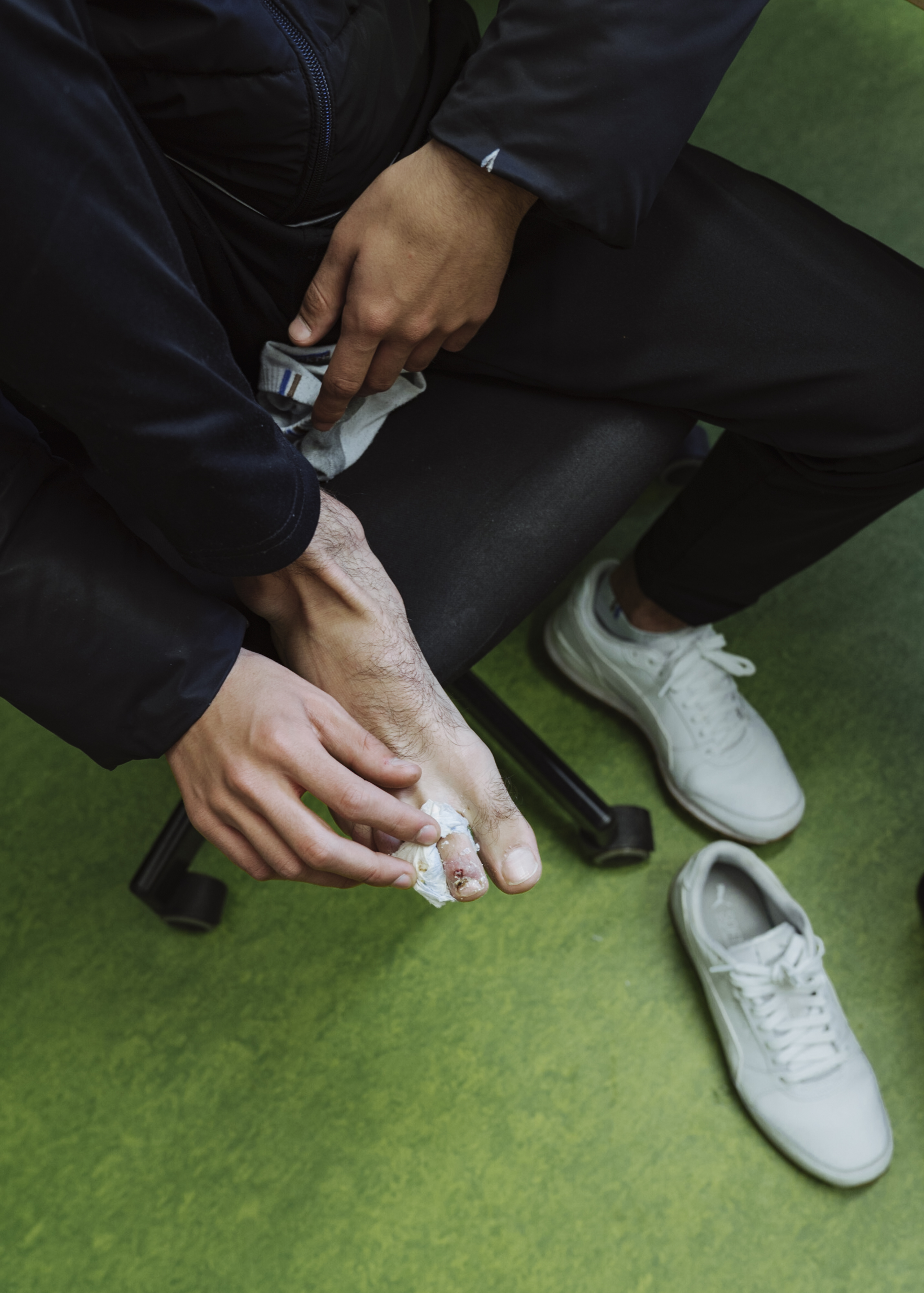
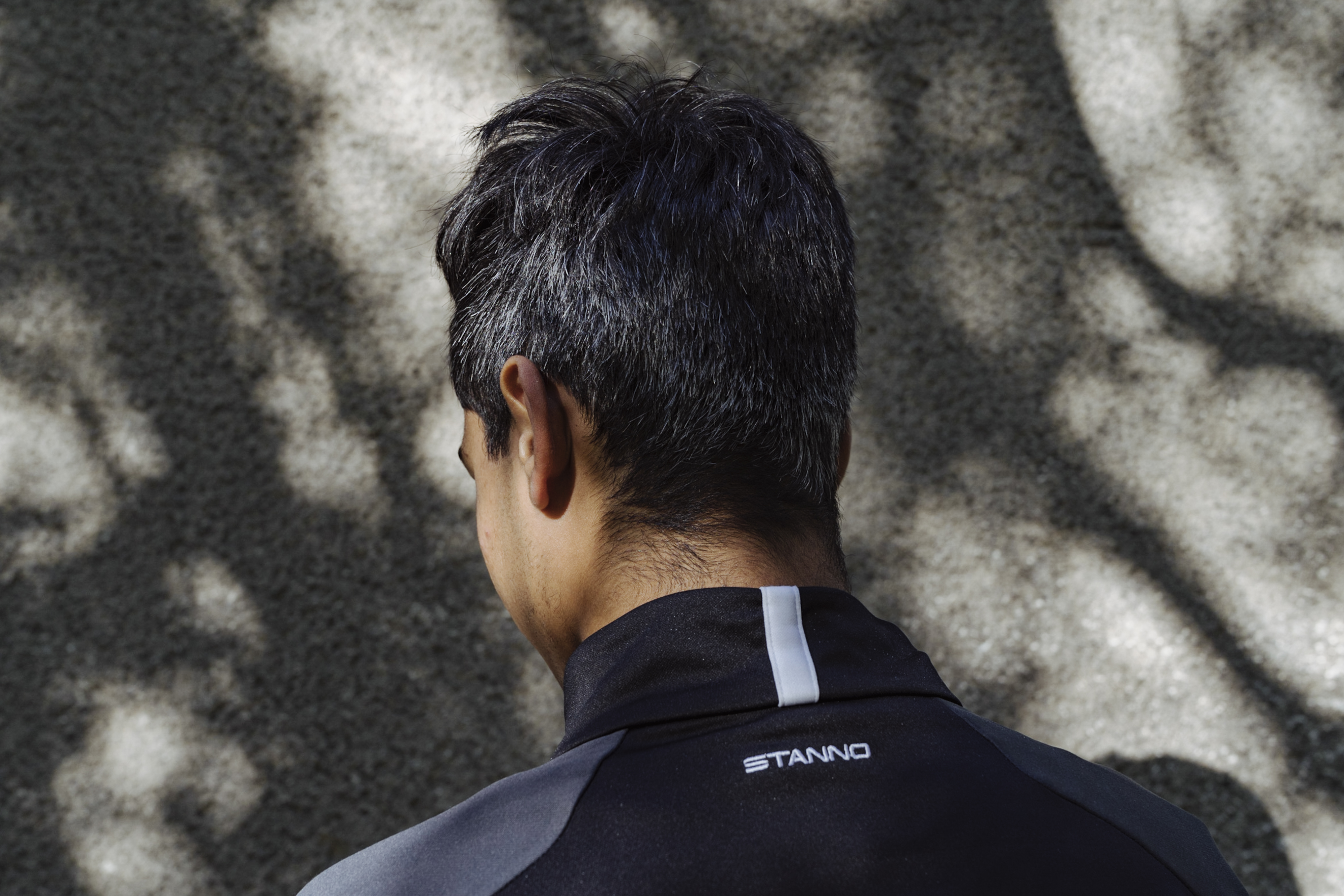
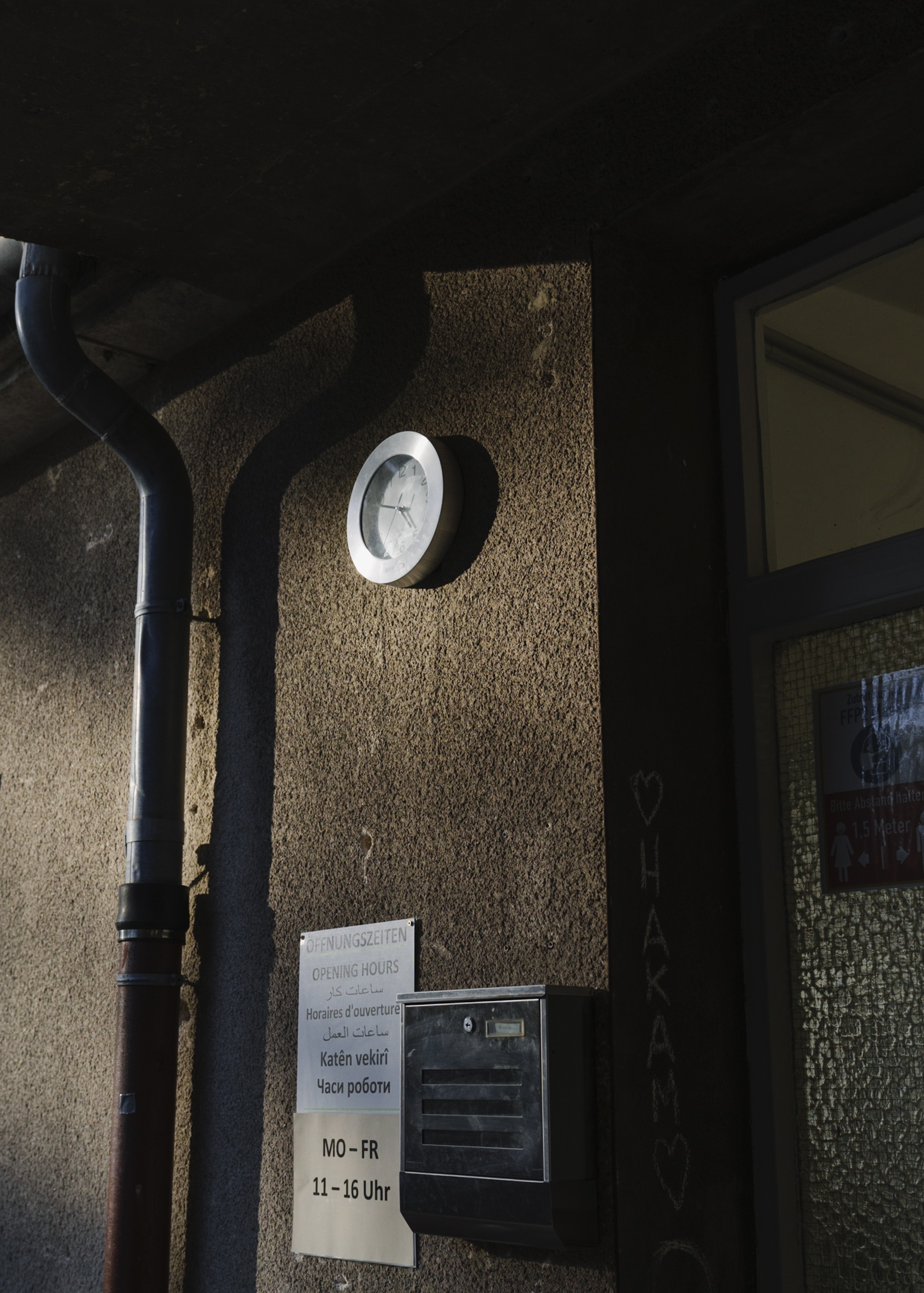
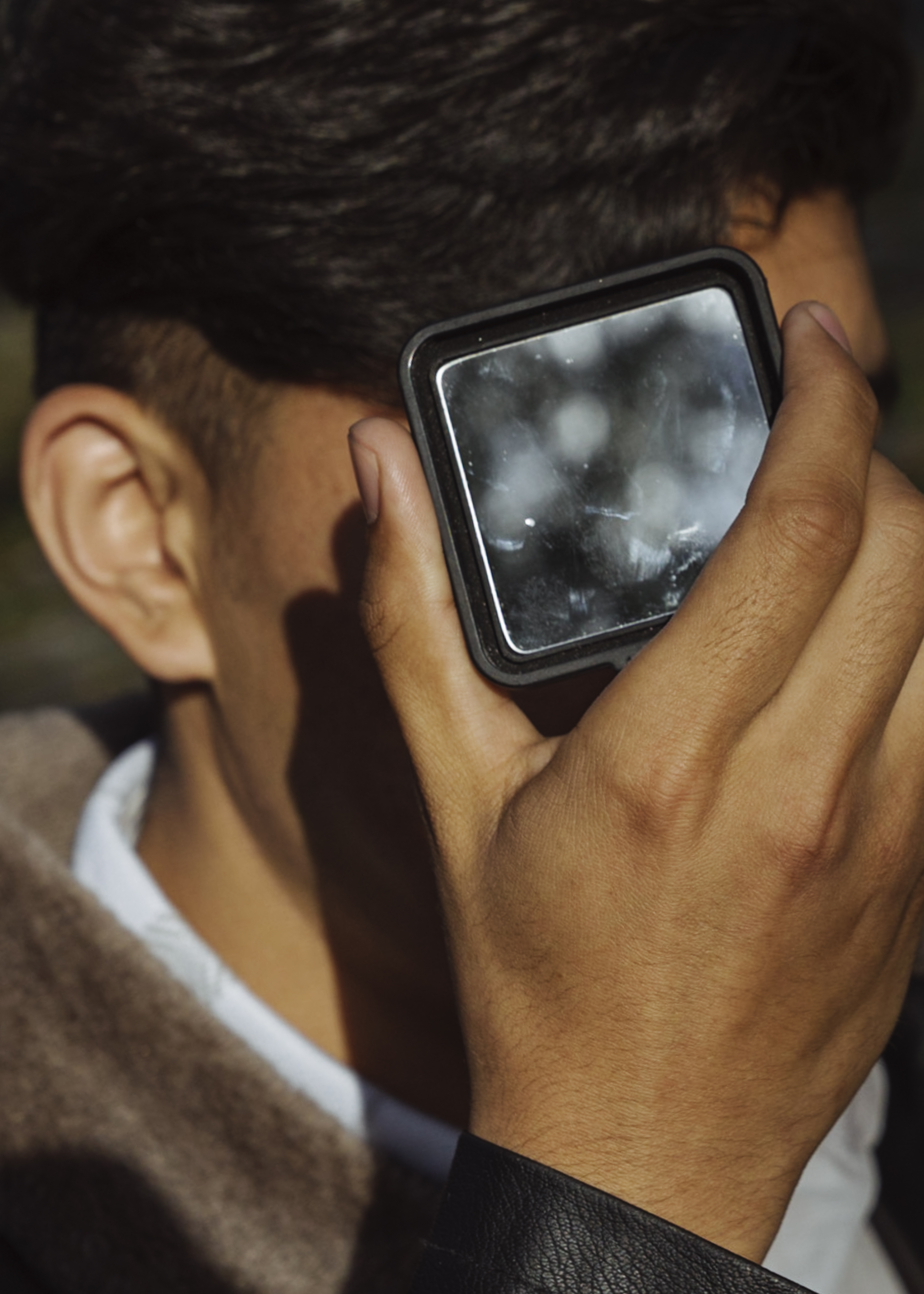

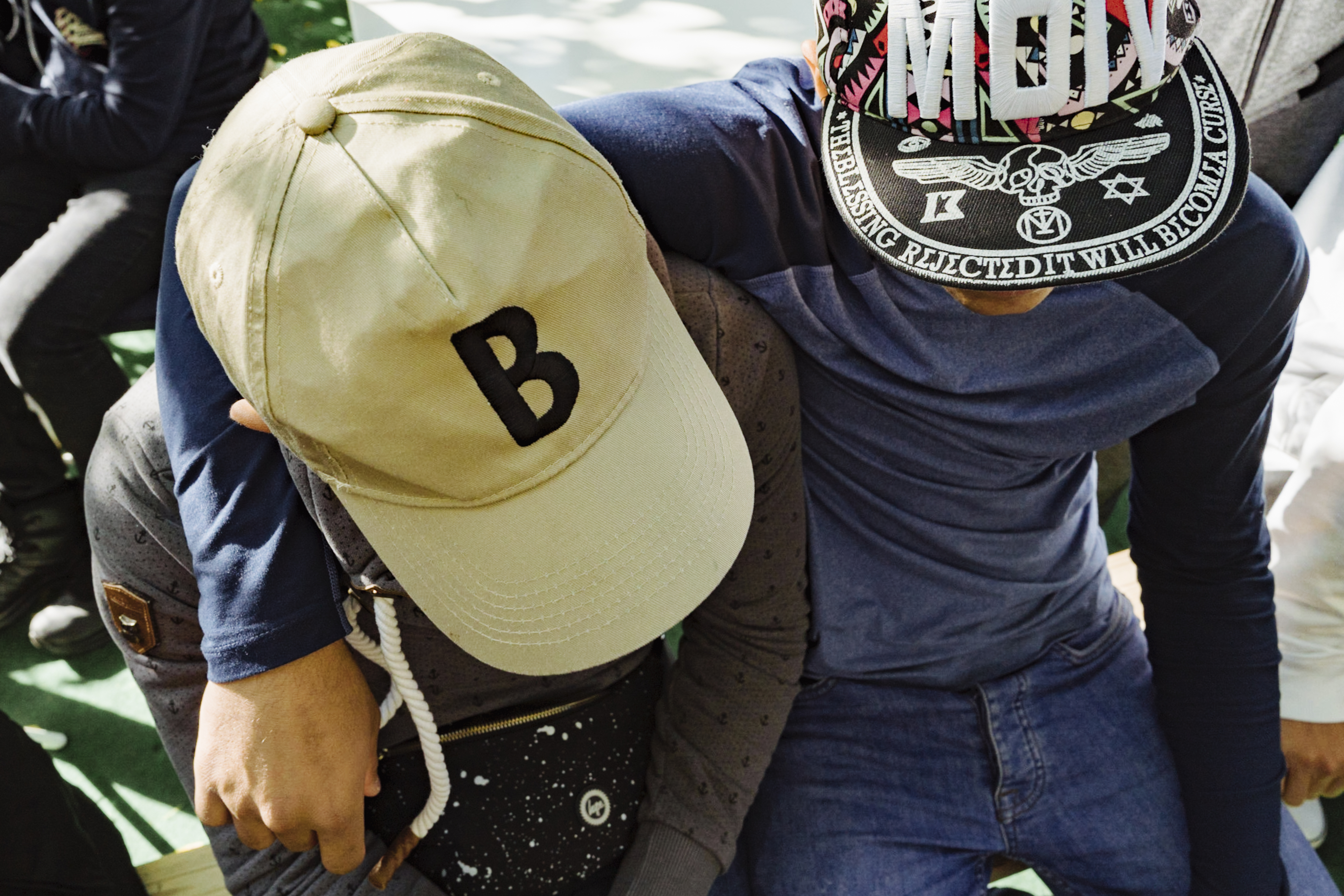
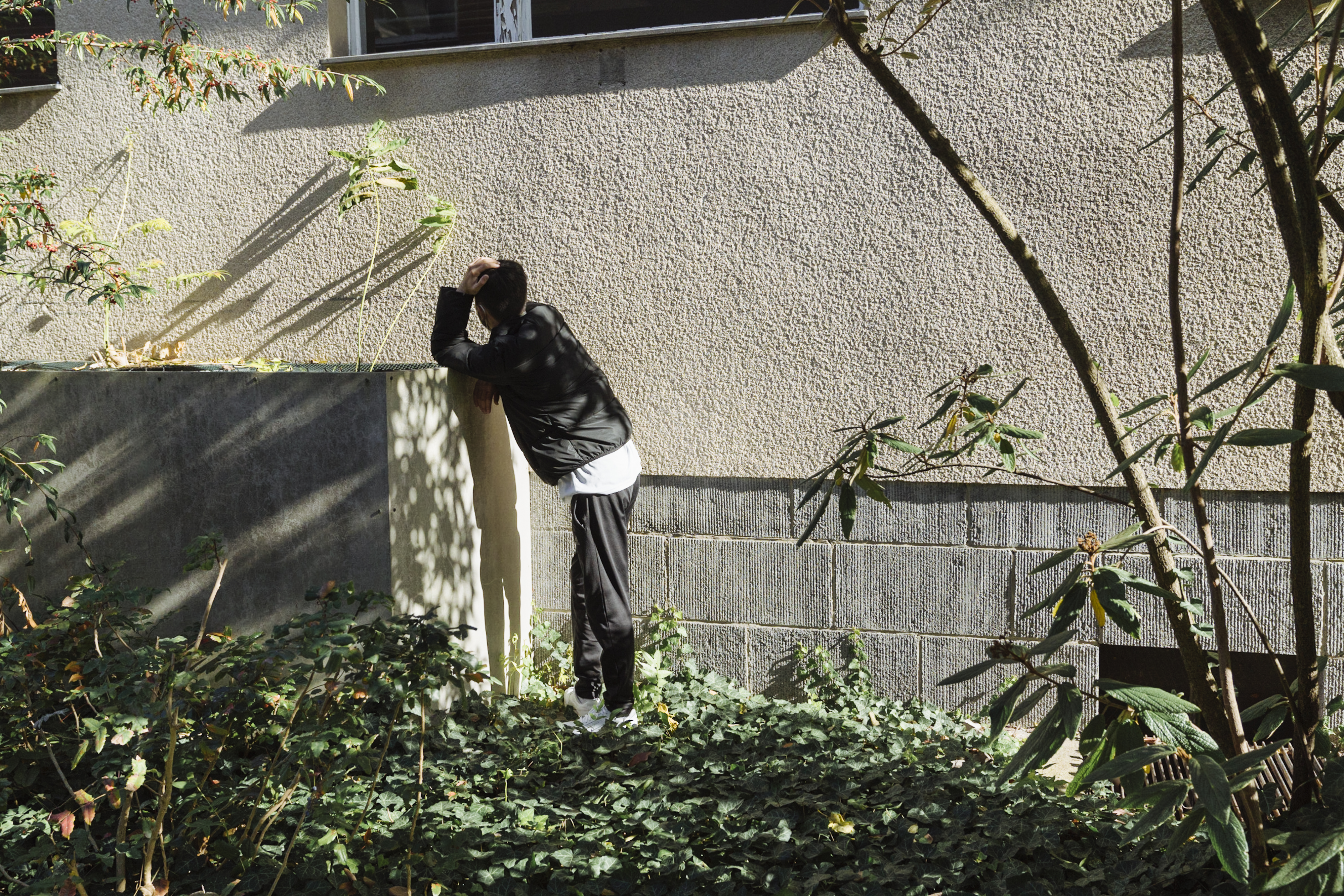
While politicians keep postponing the costly retrieval of the waste from one legislative term to the next, only a few elderly local activists continue to push for accountability—among them Mrs. Wiegel and deacon Koch who offers nuclear counseling.
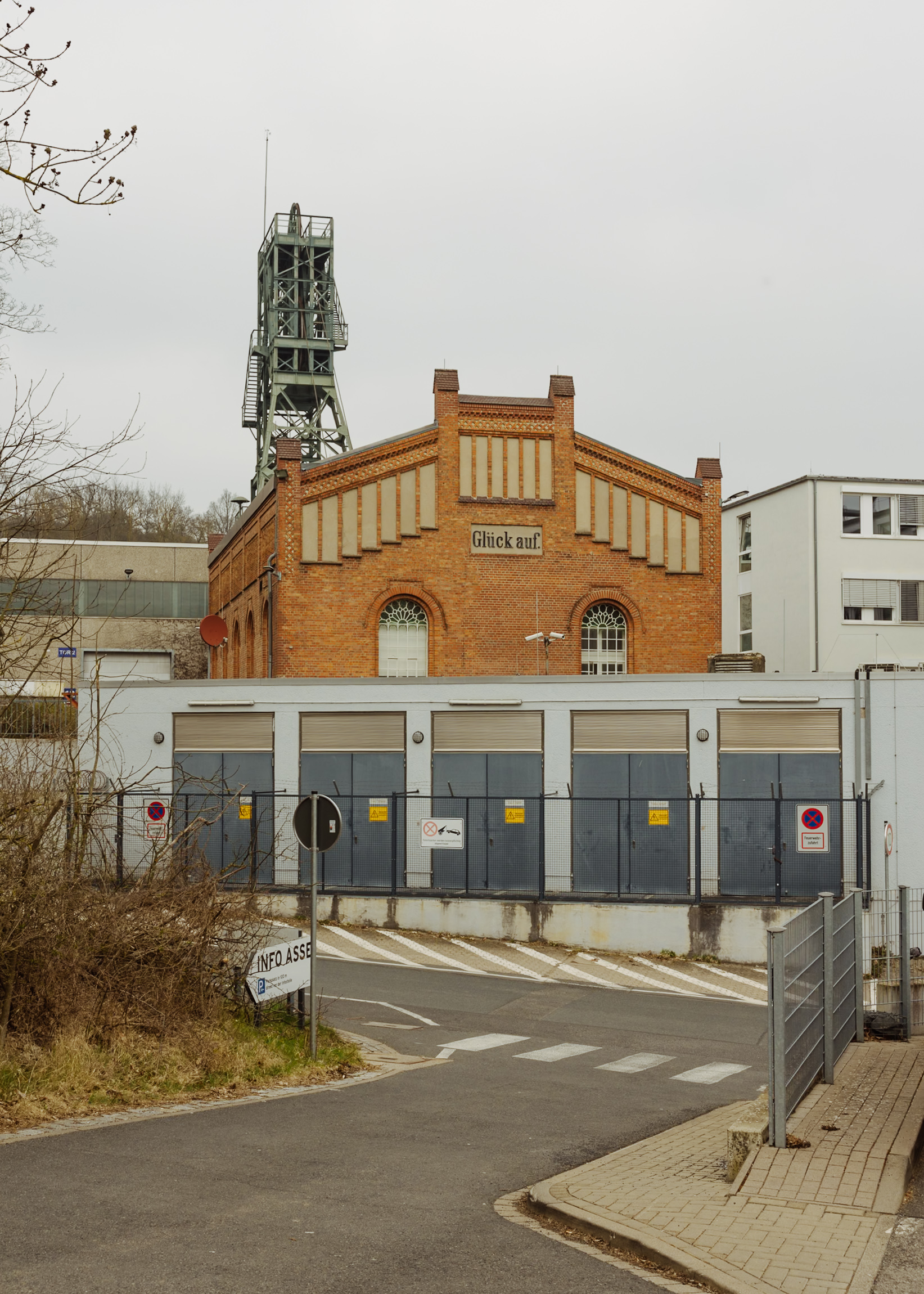
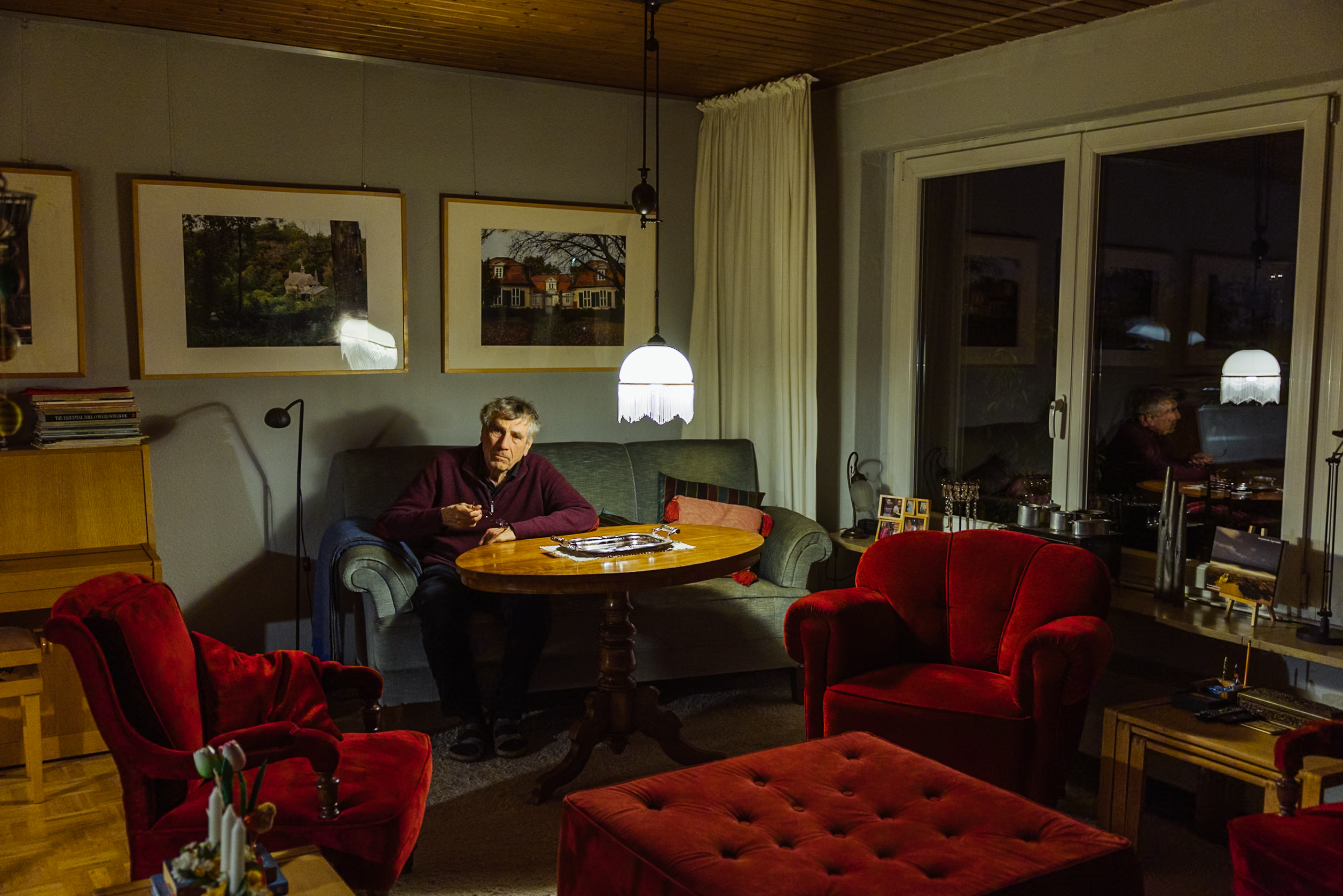

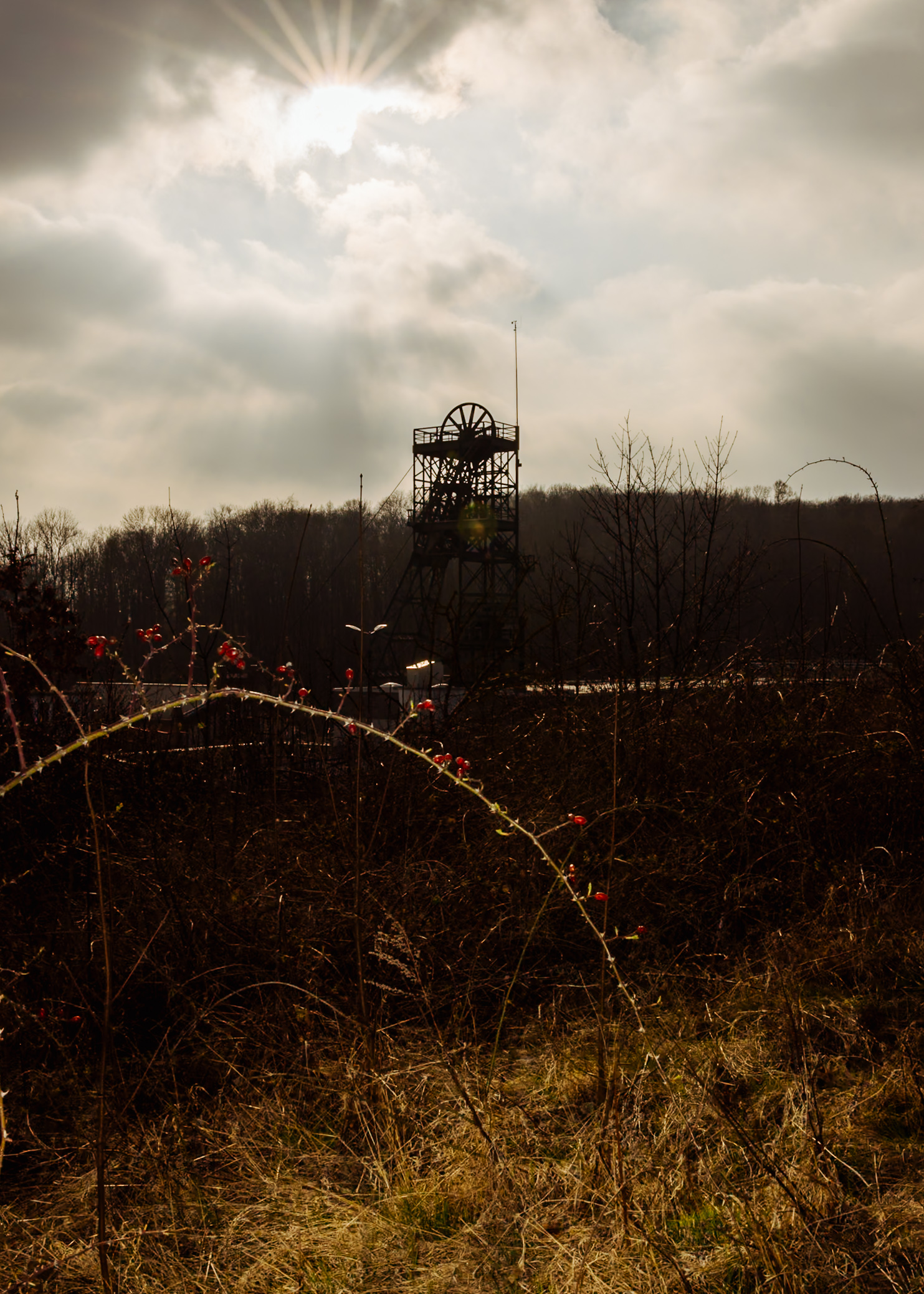
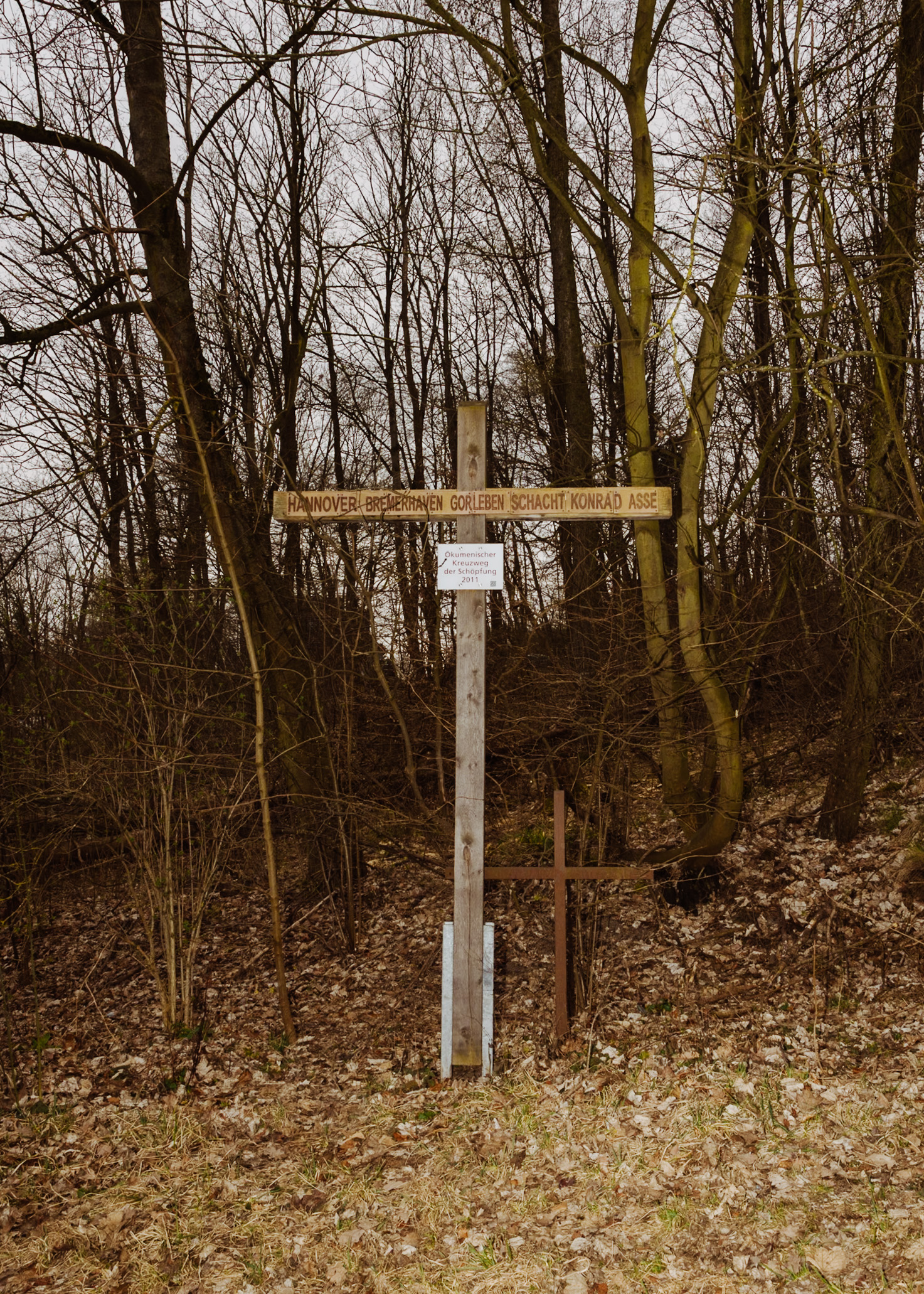
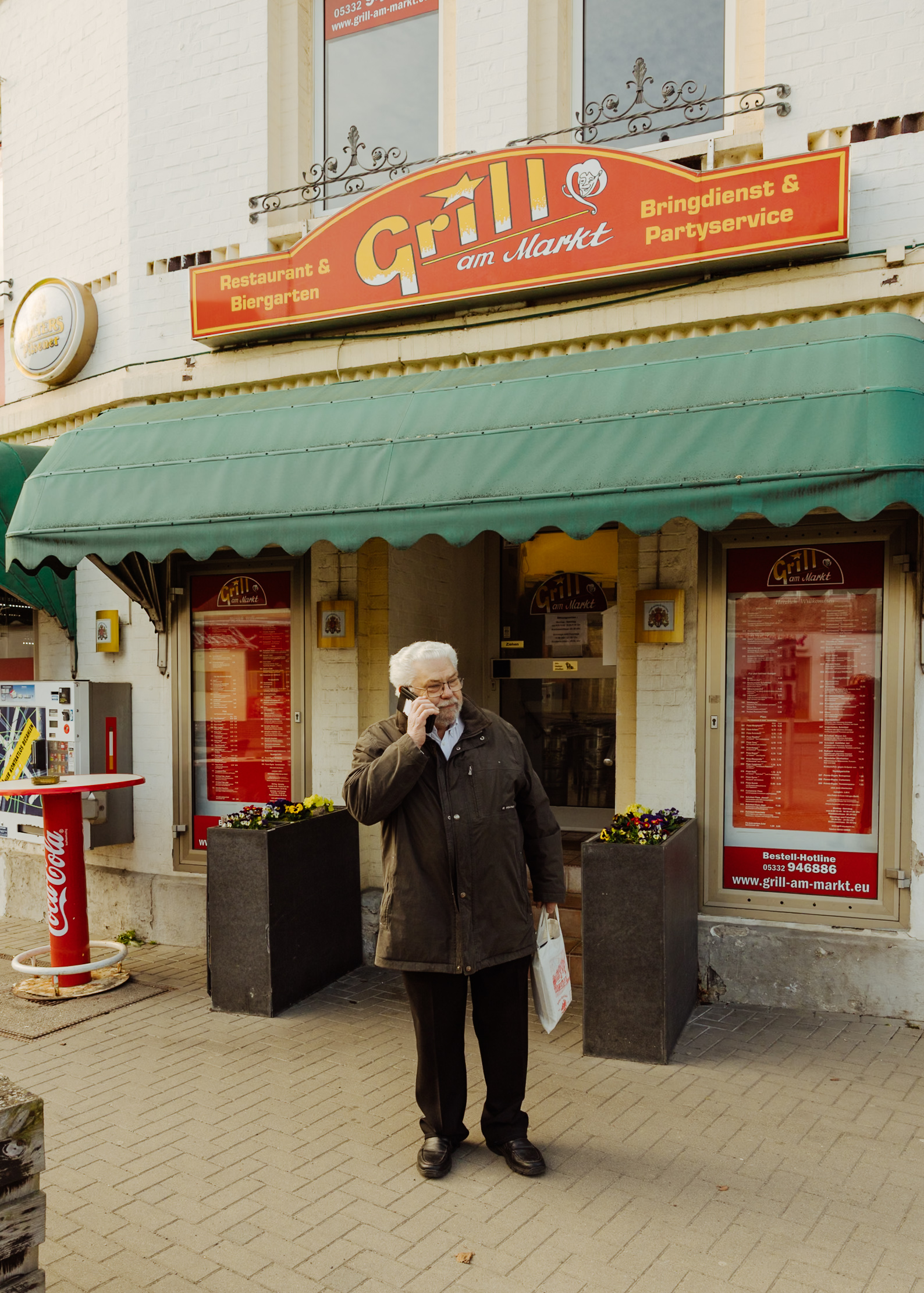
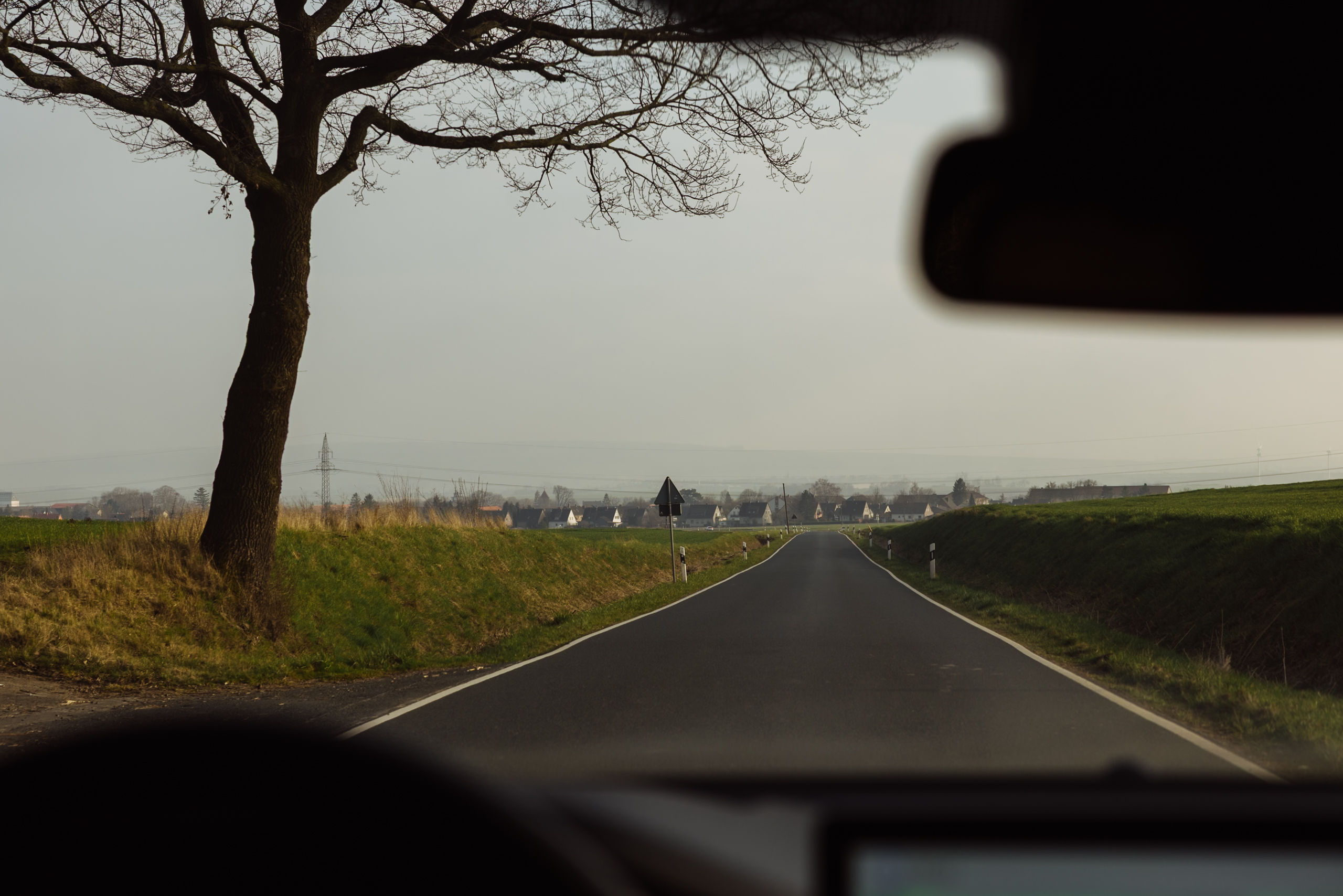
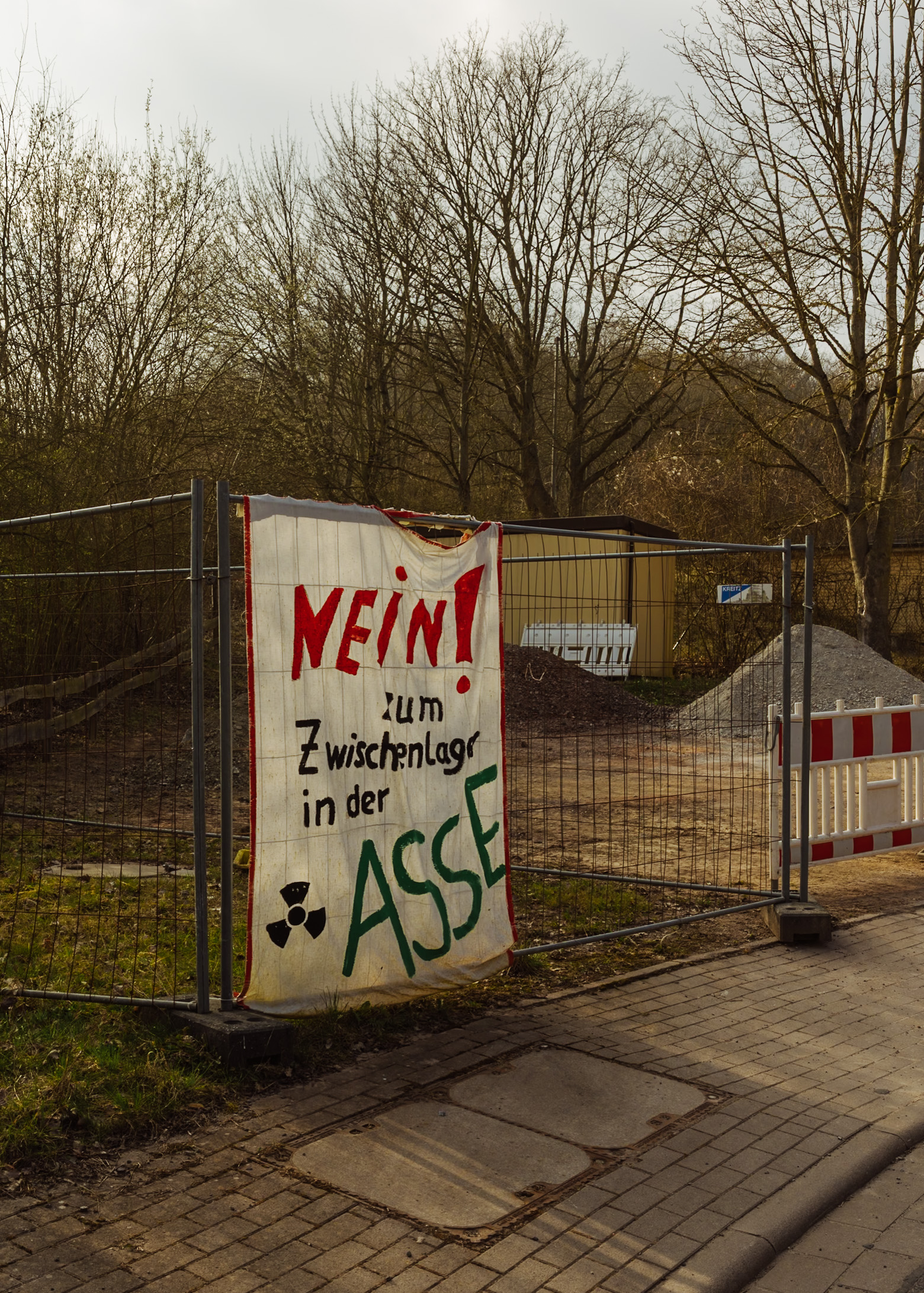
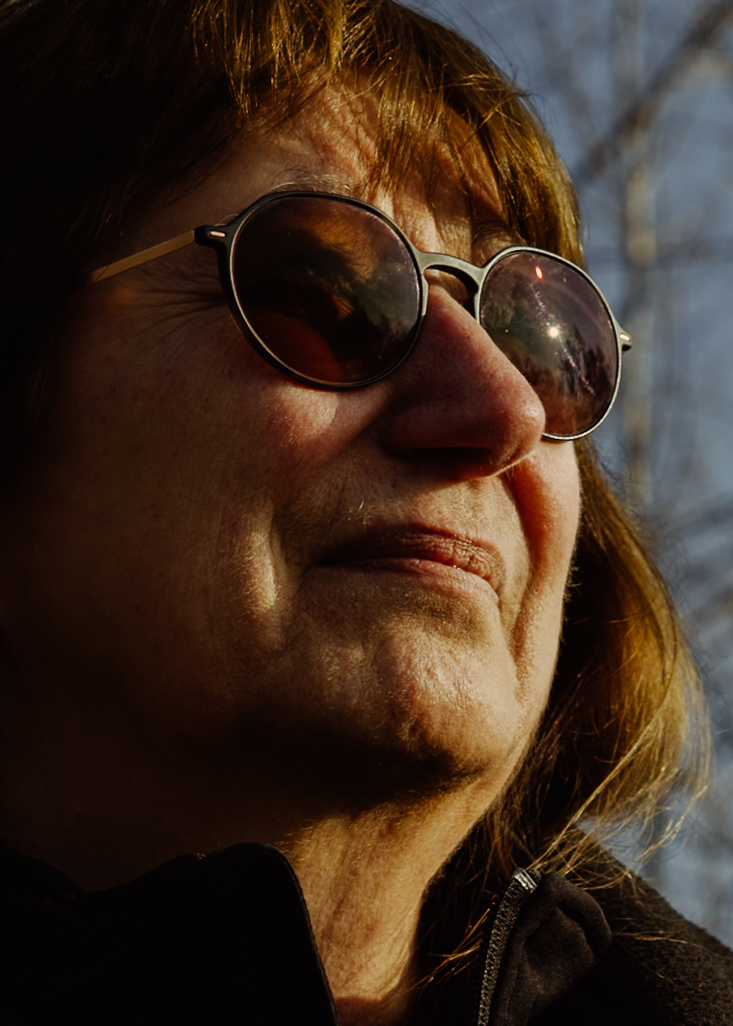
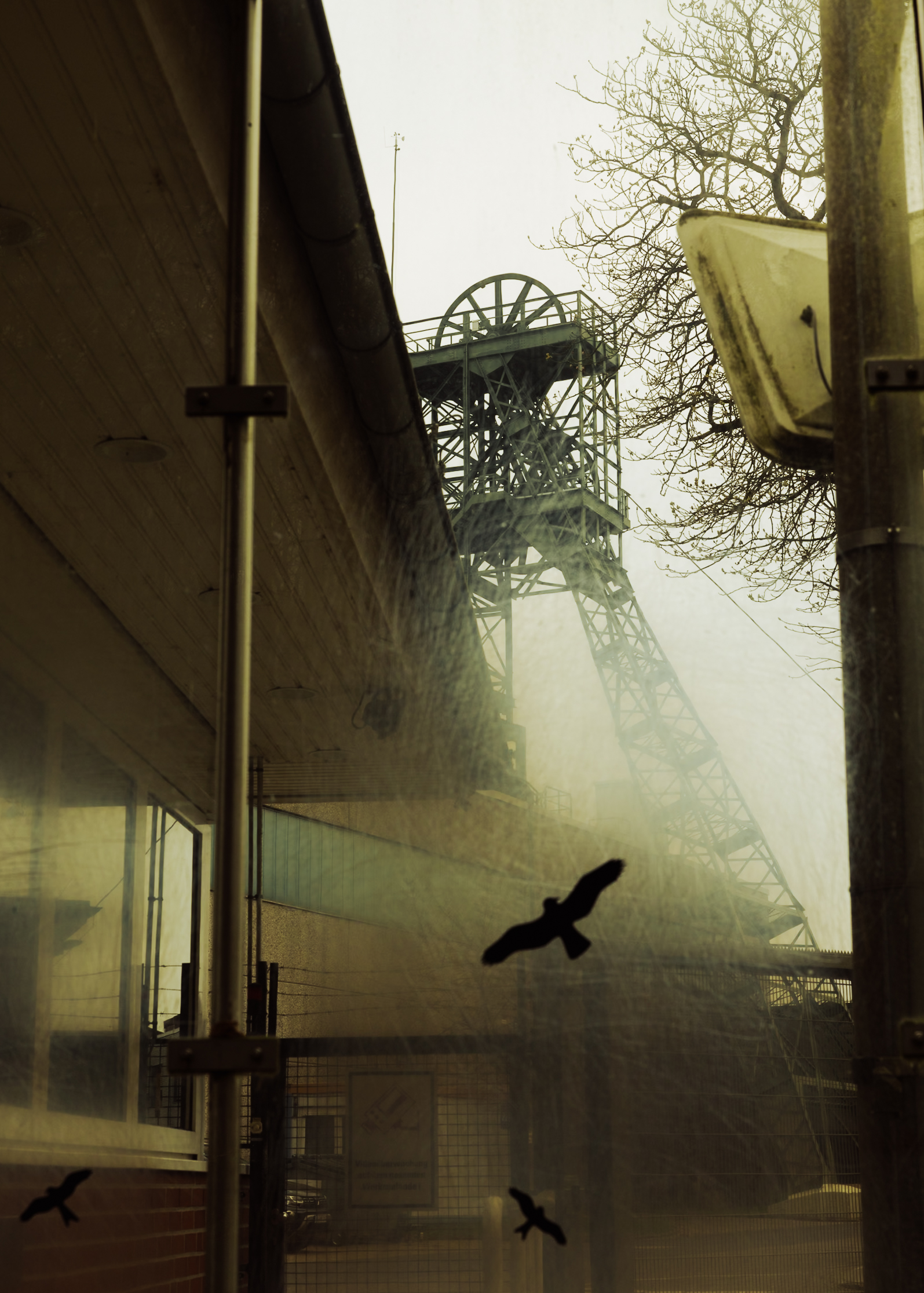
Photographed for Zeit Online


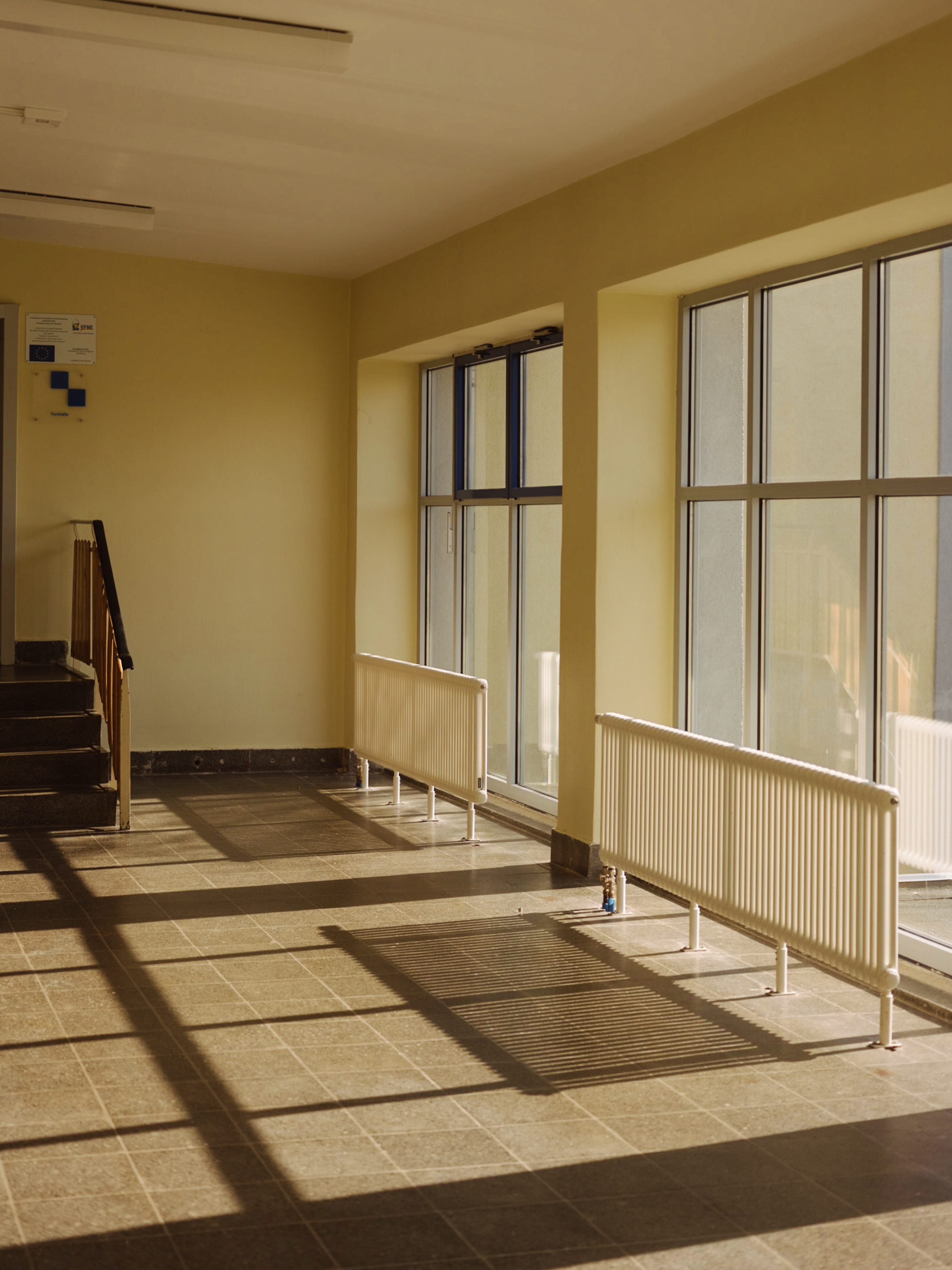
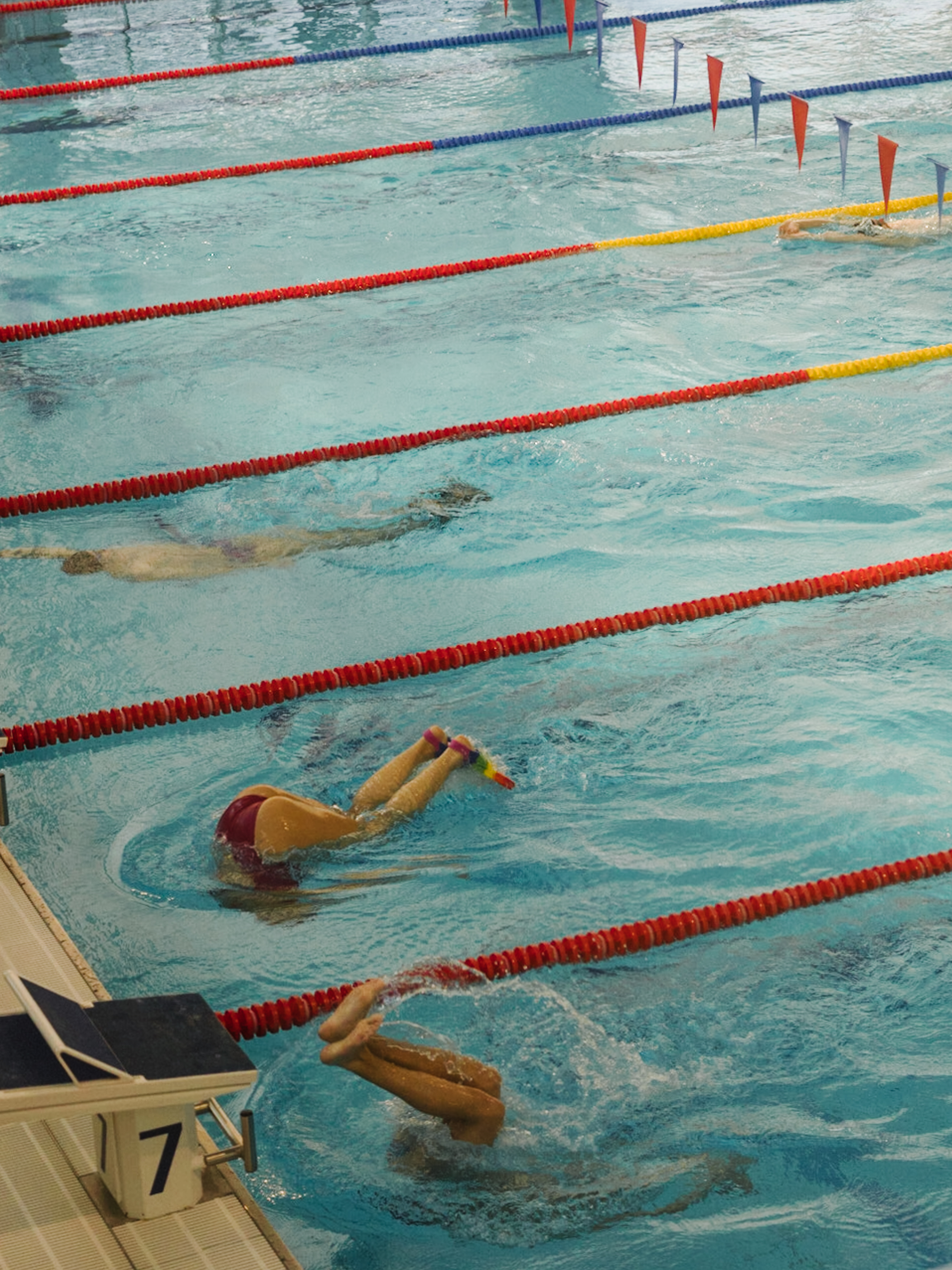


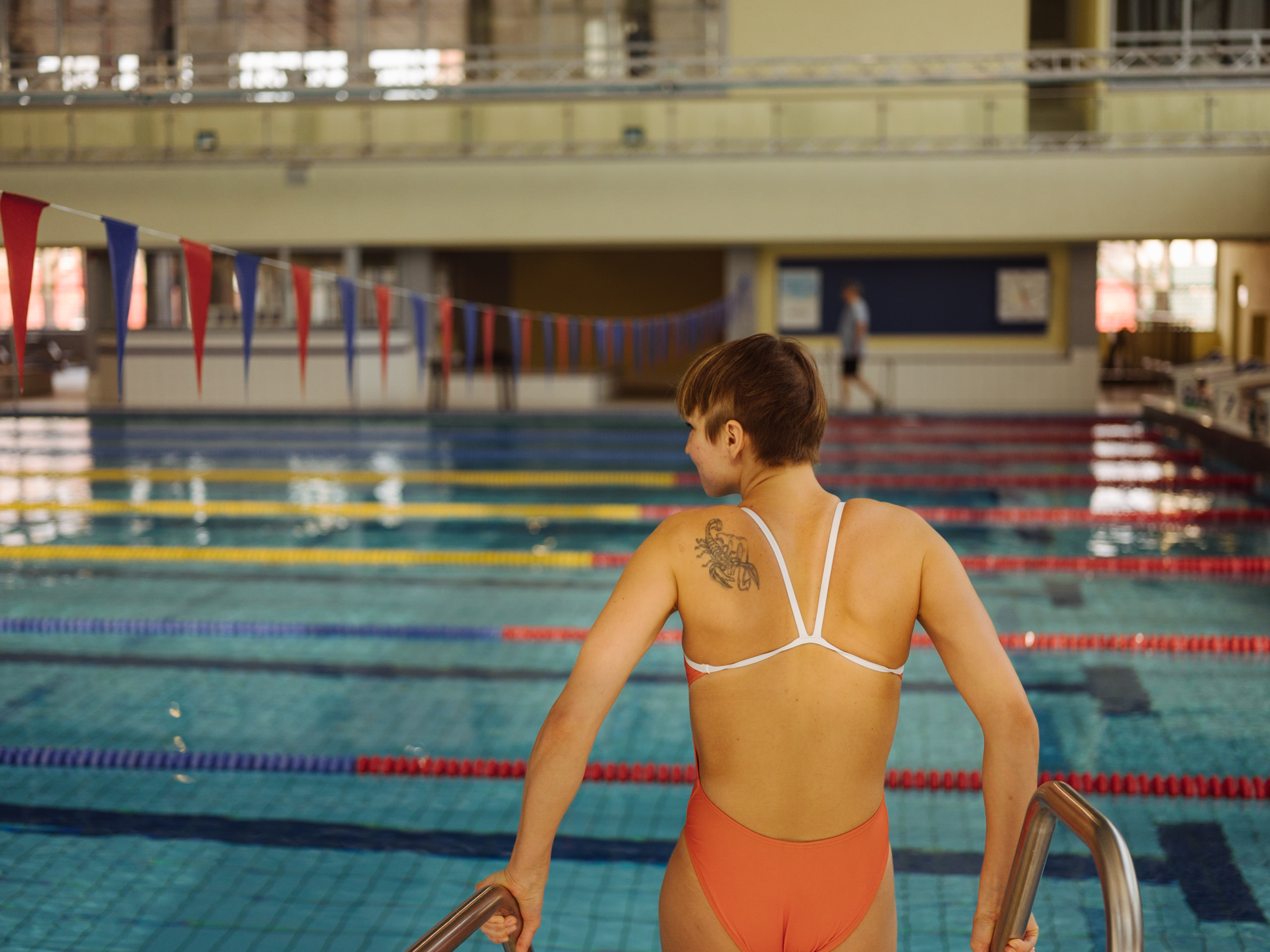

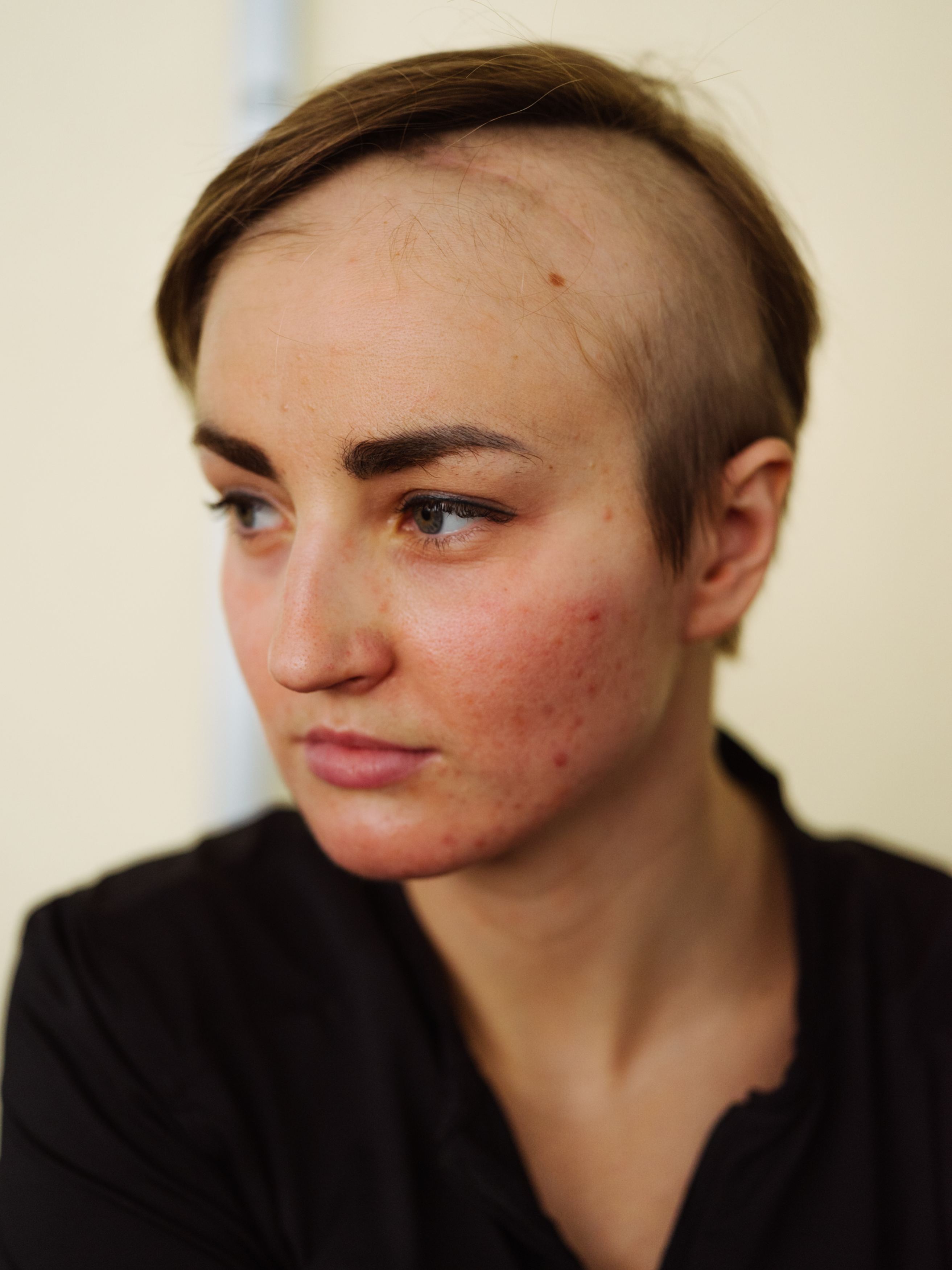
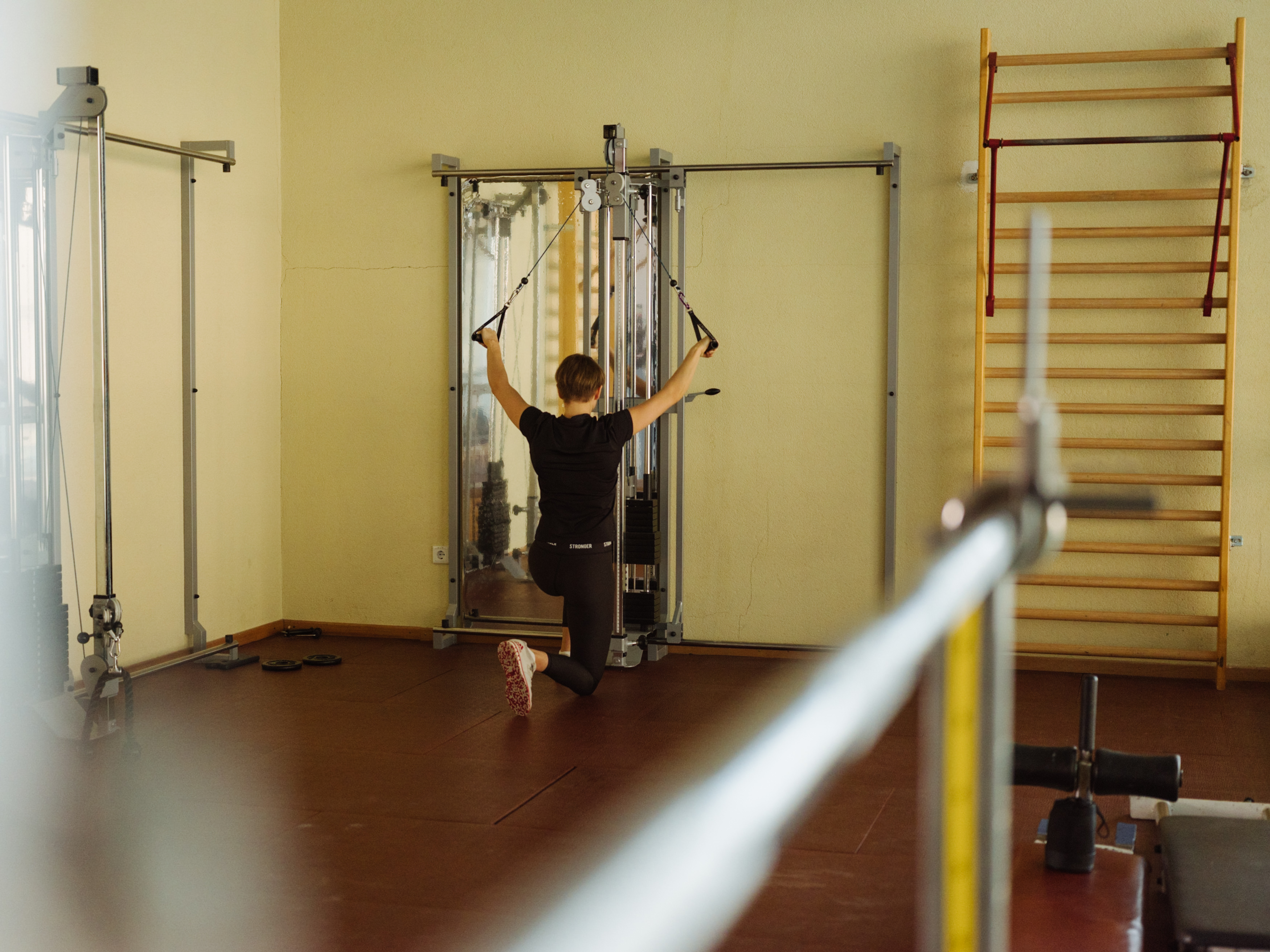
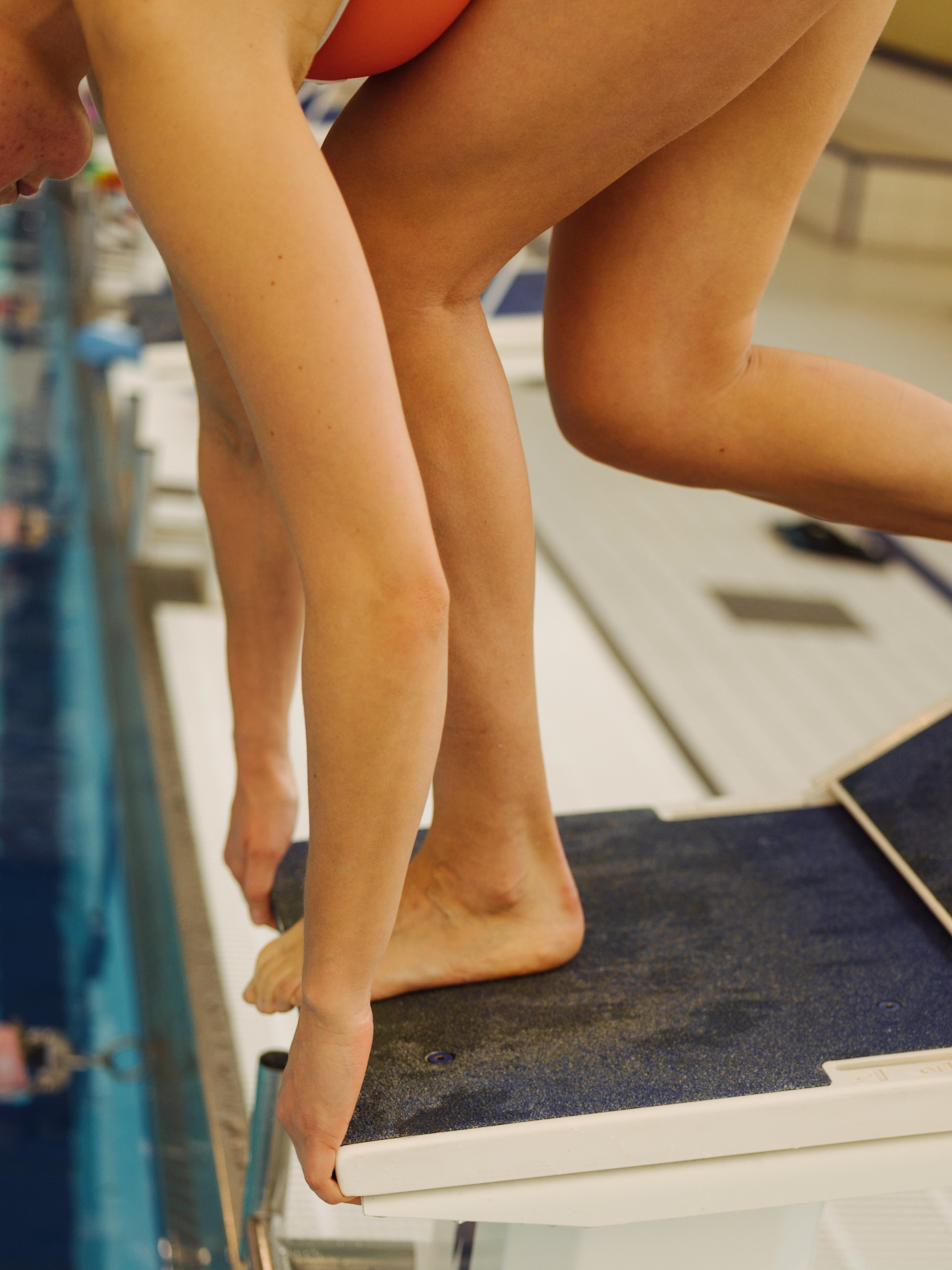
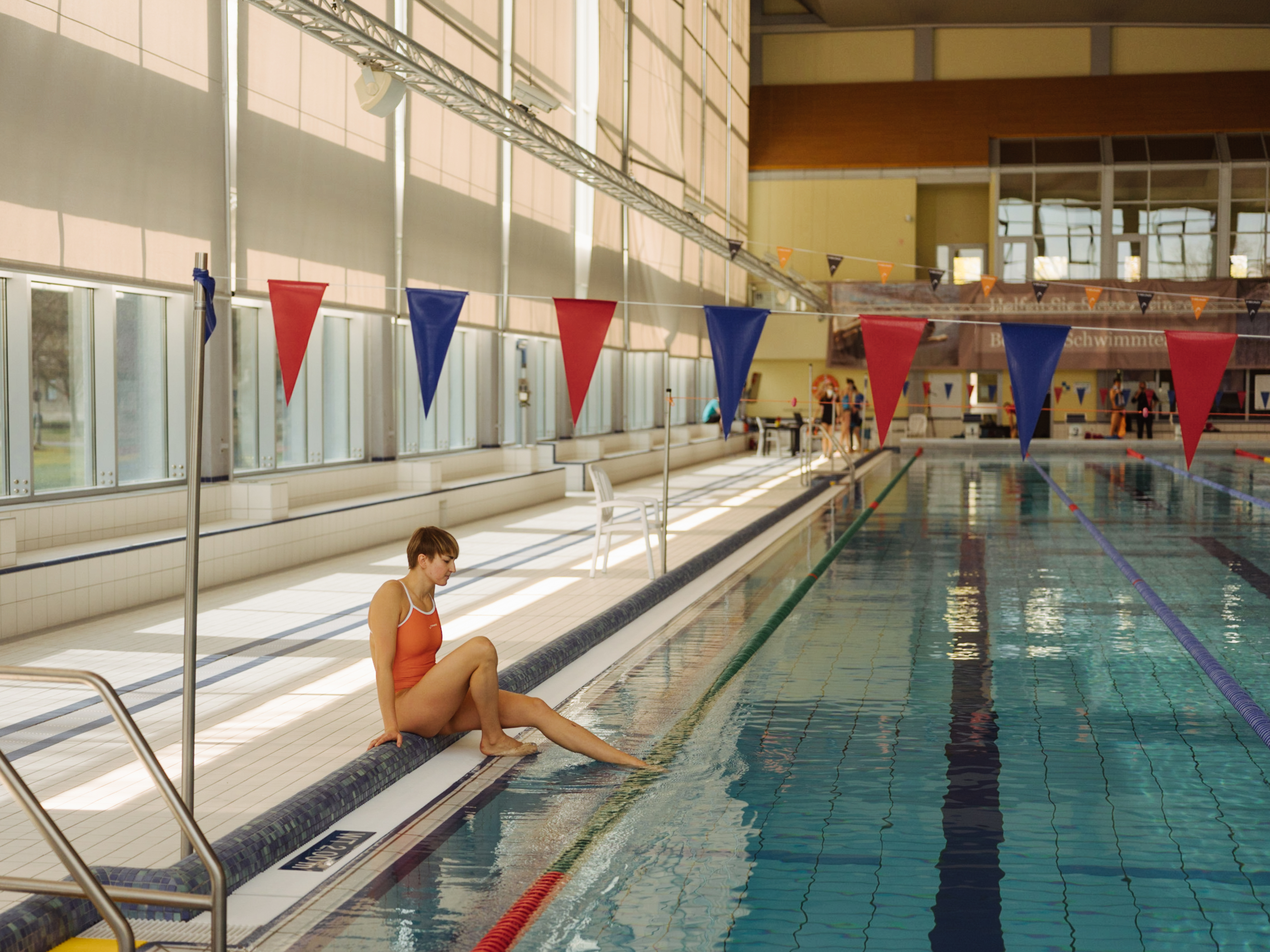
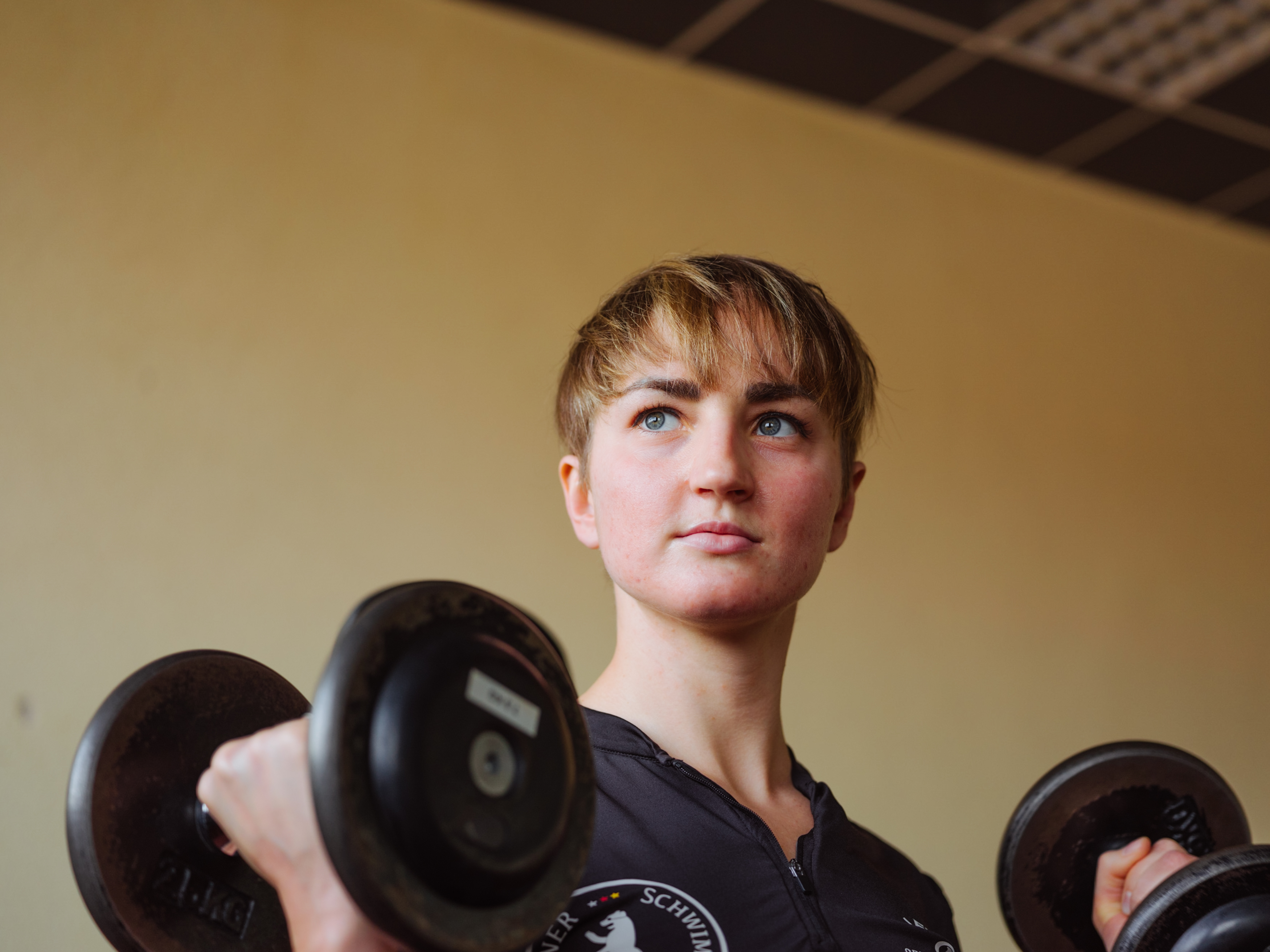
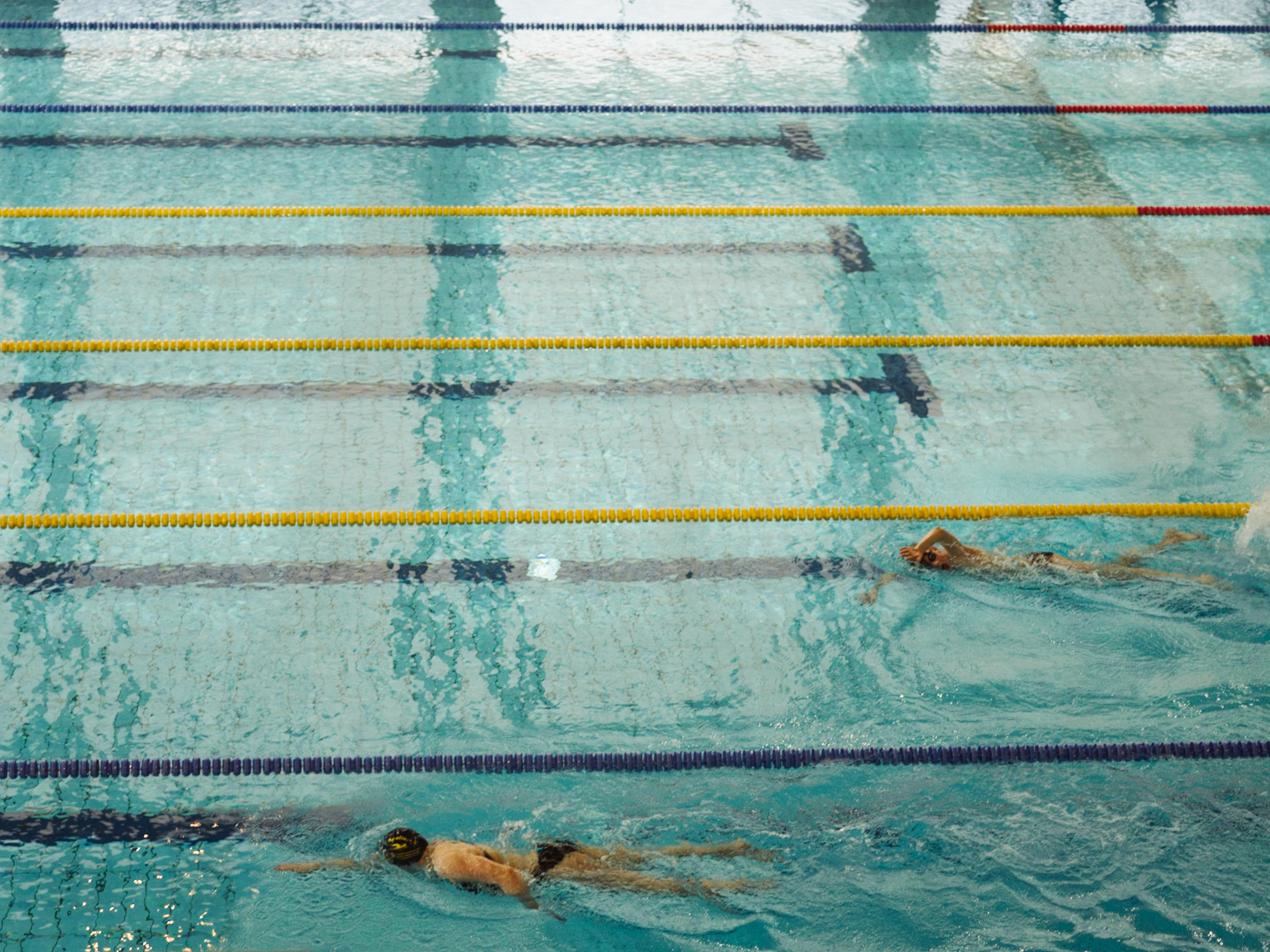
Photographed for Zeit Online in their garden.

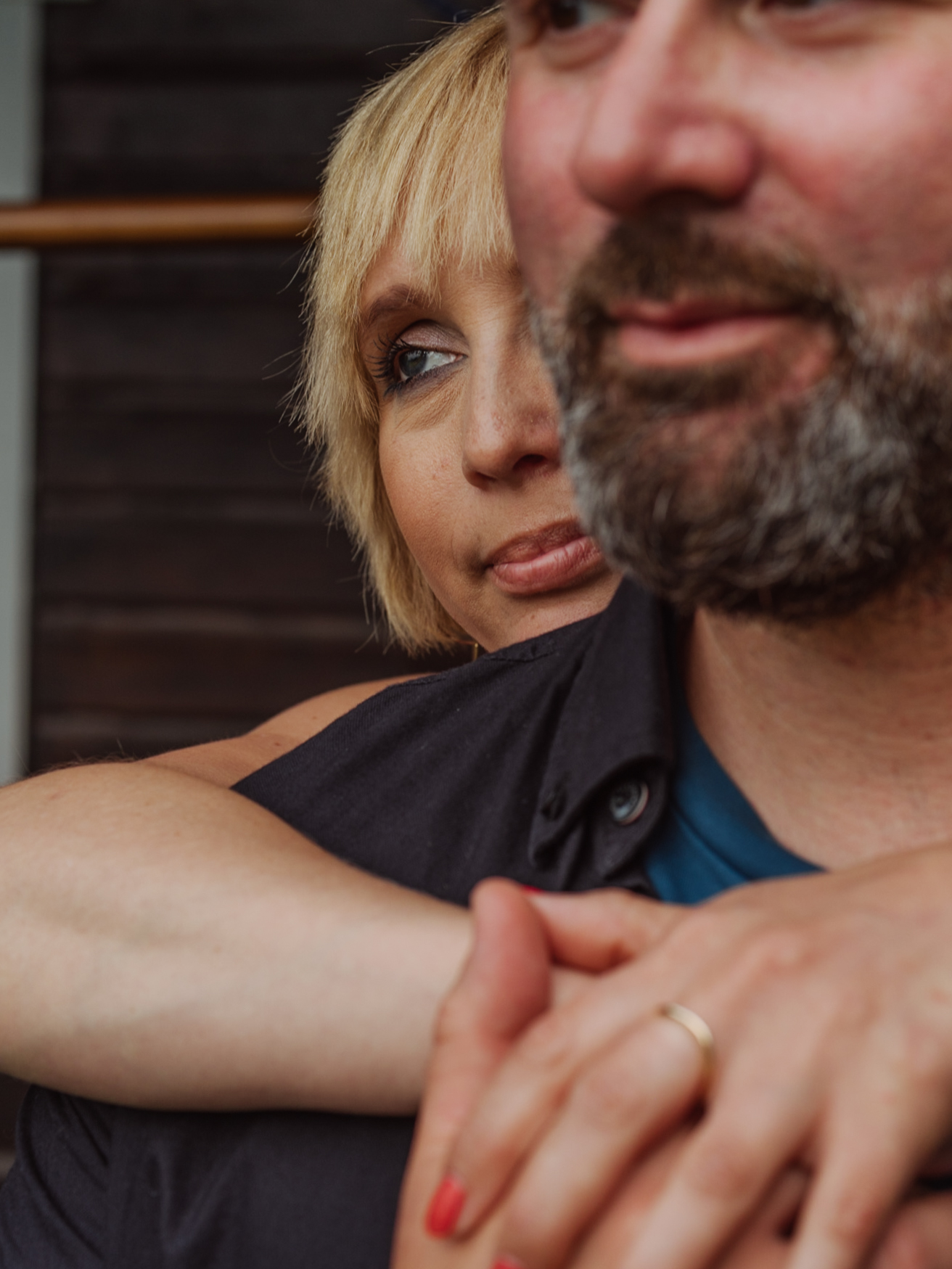
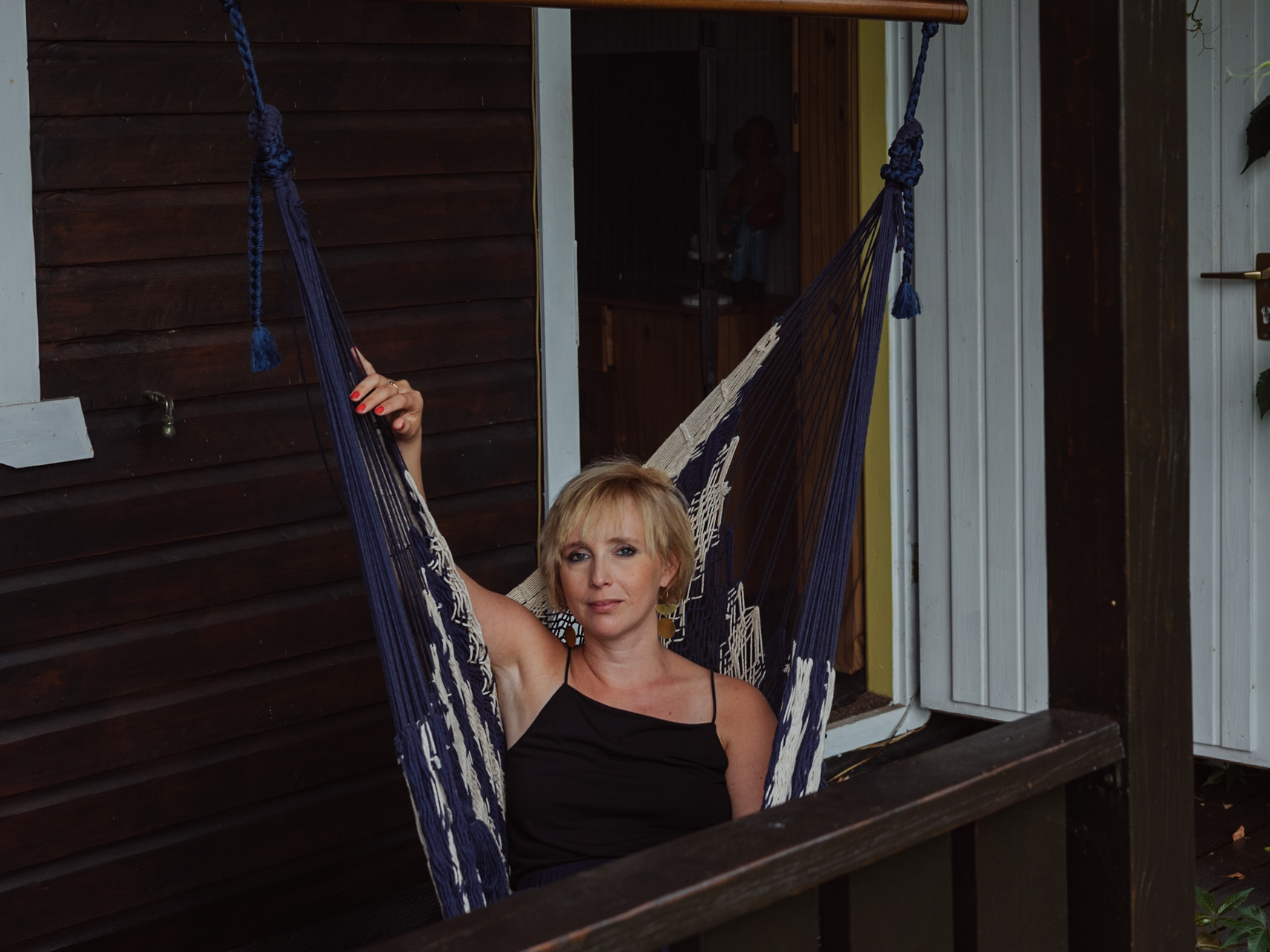


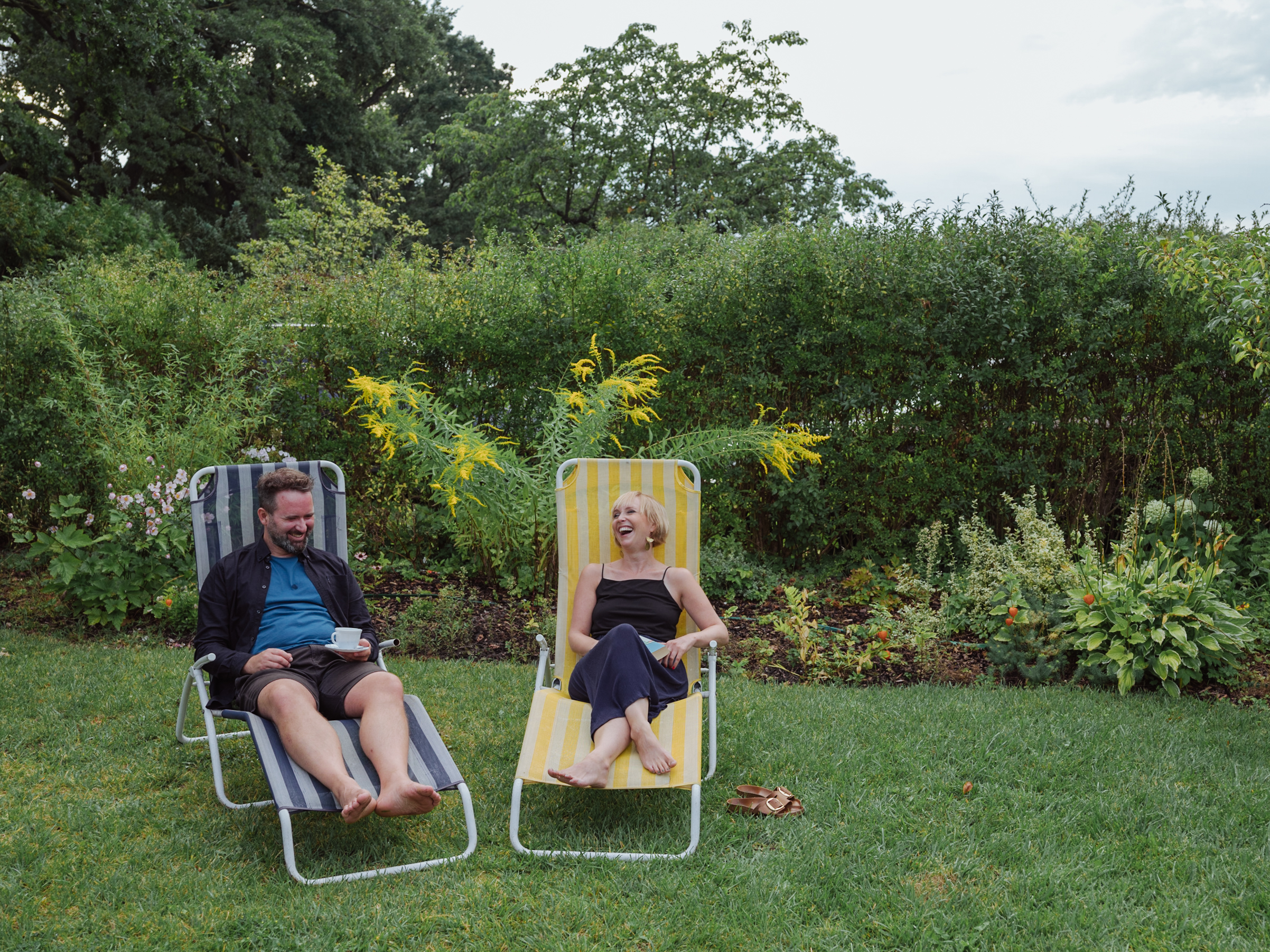



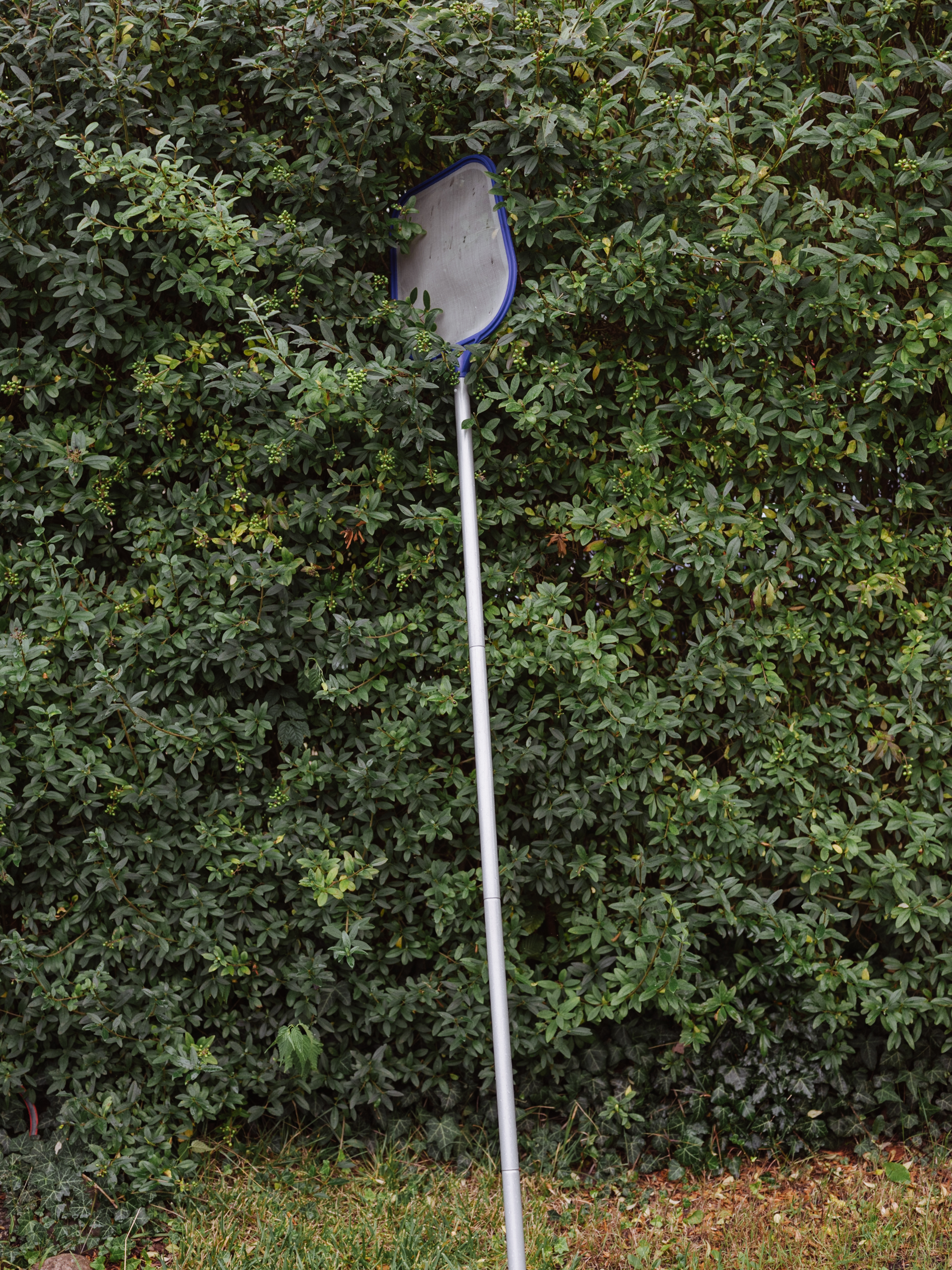

Photographed for taz
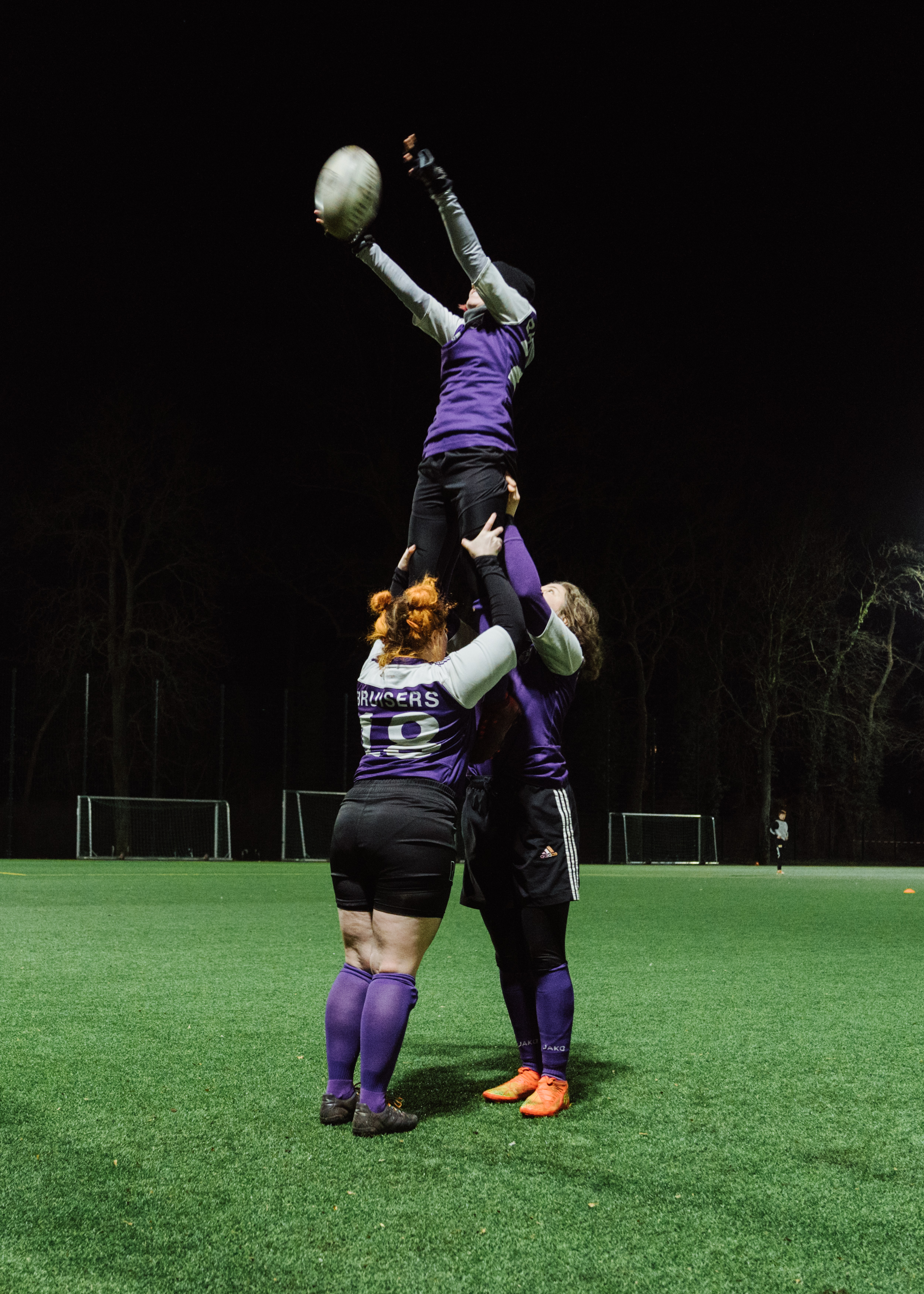
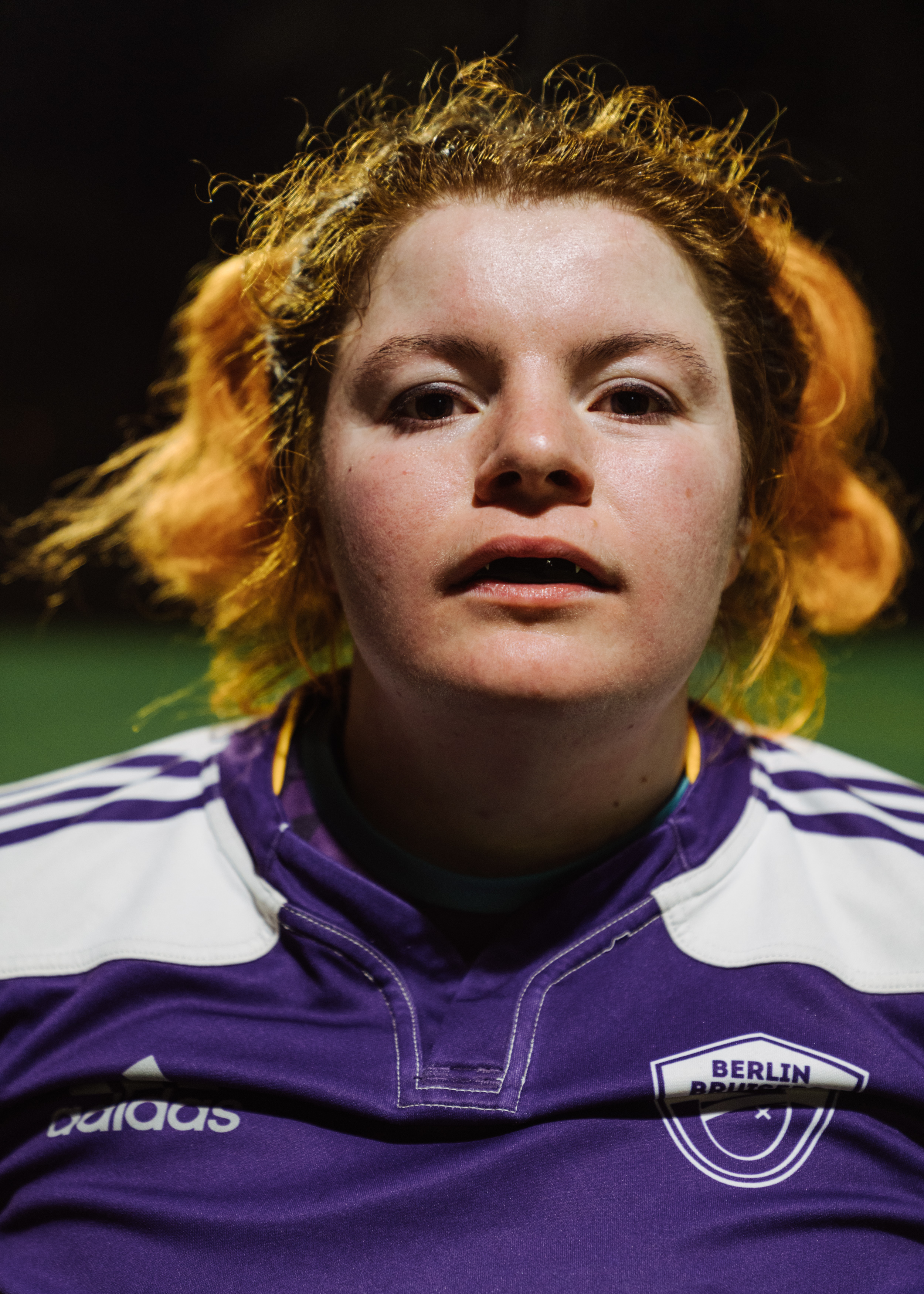
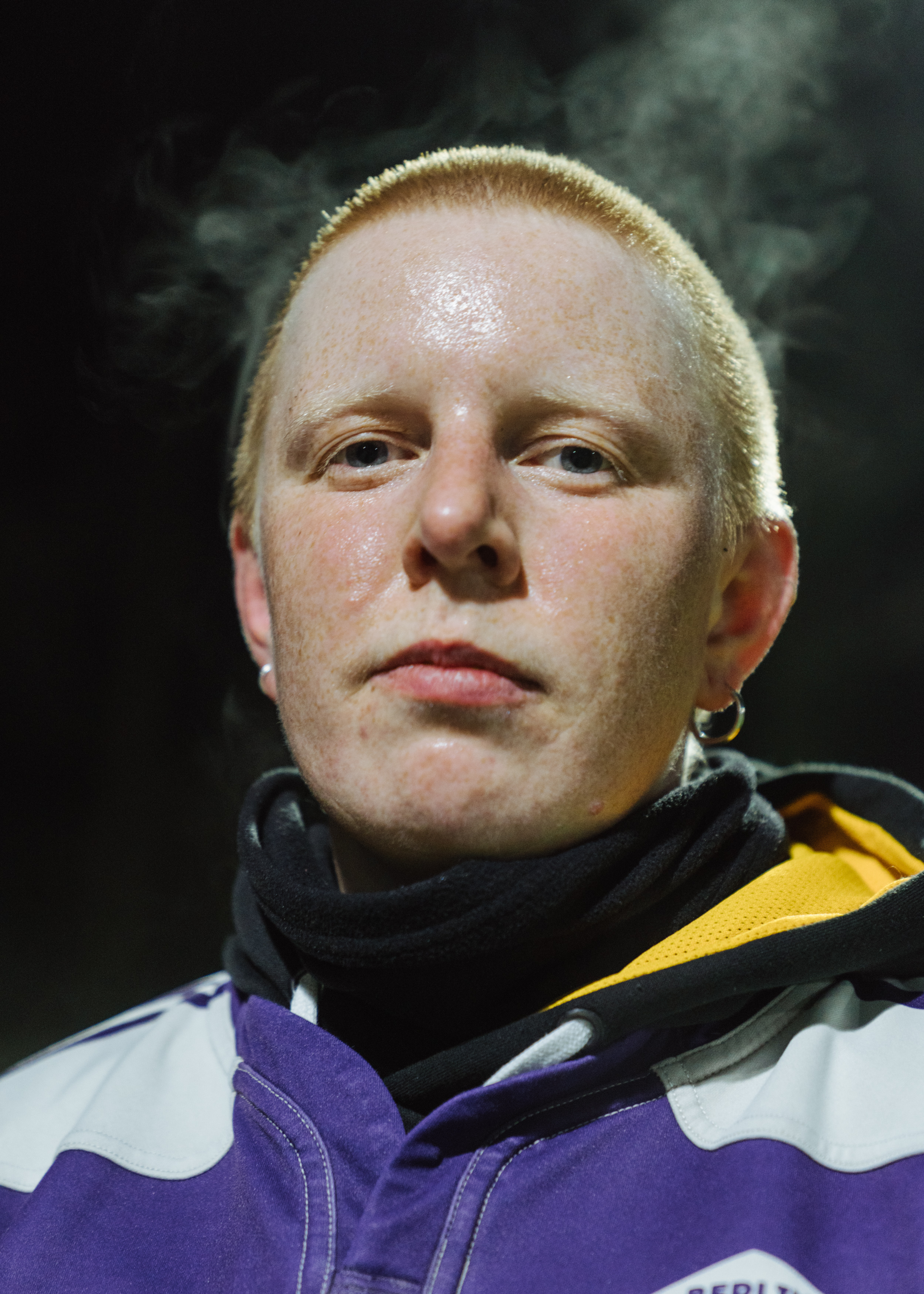
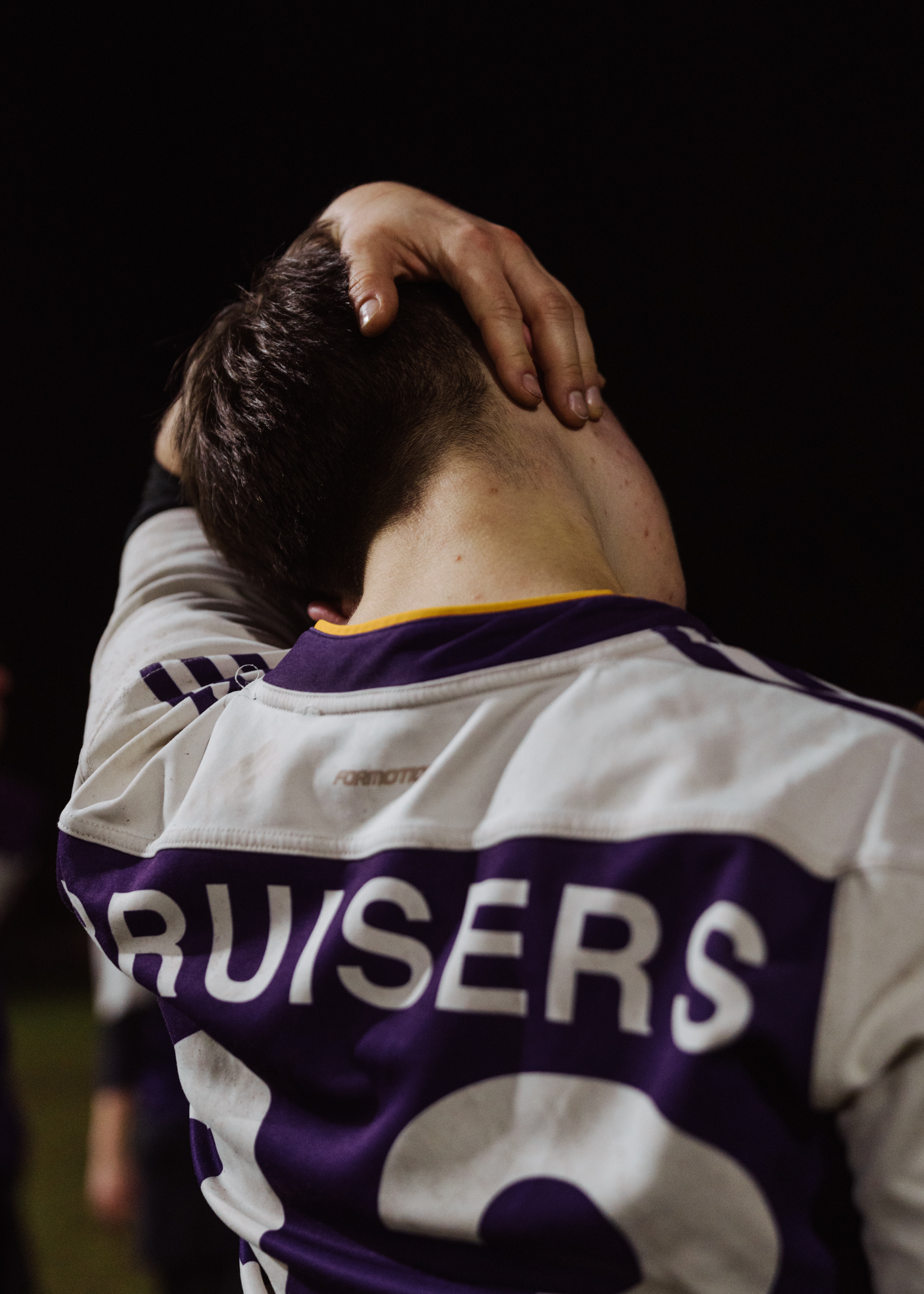

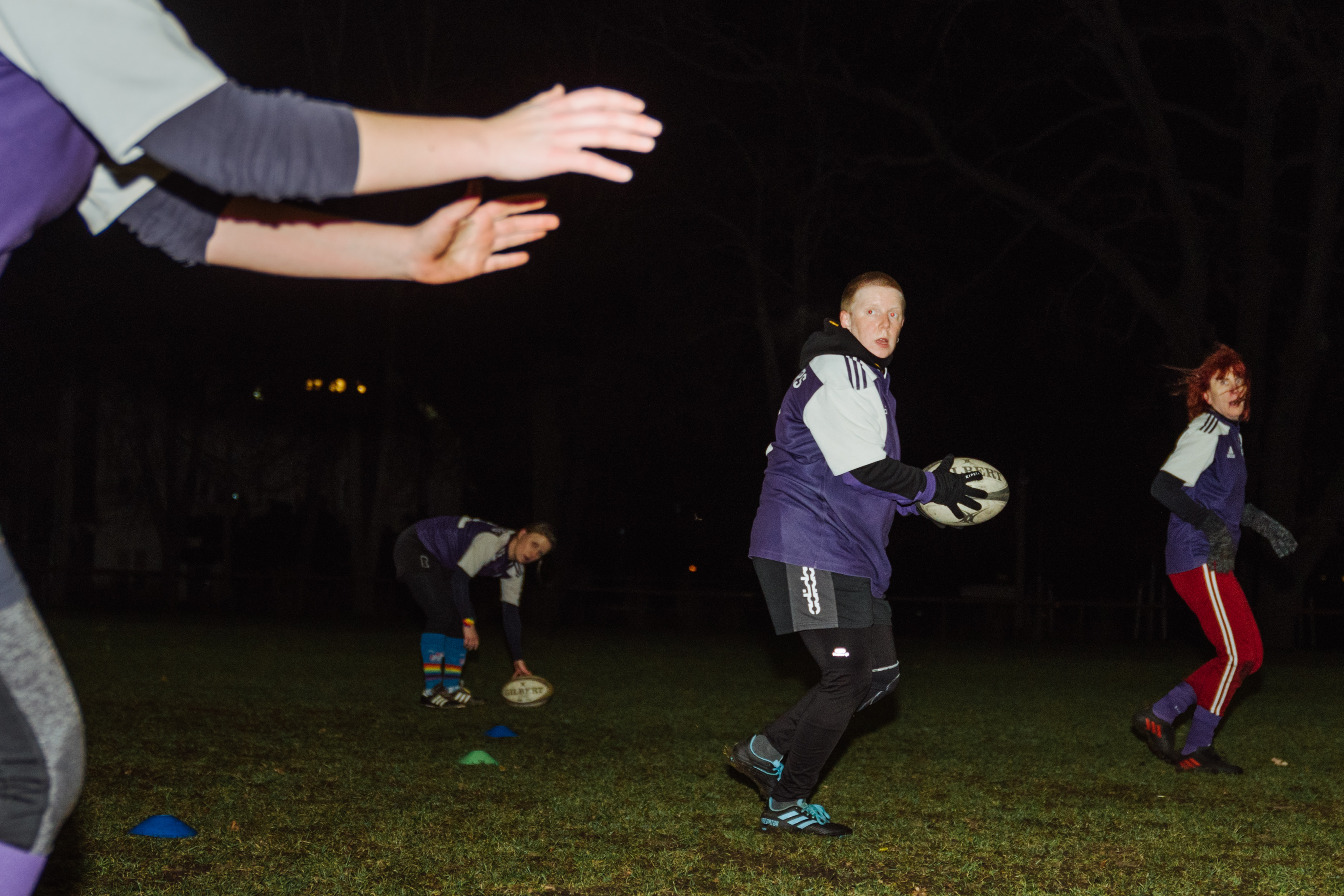




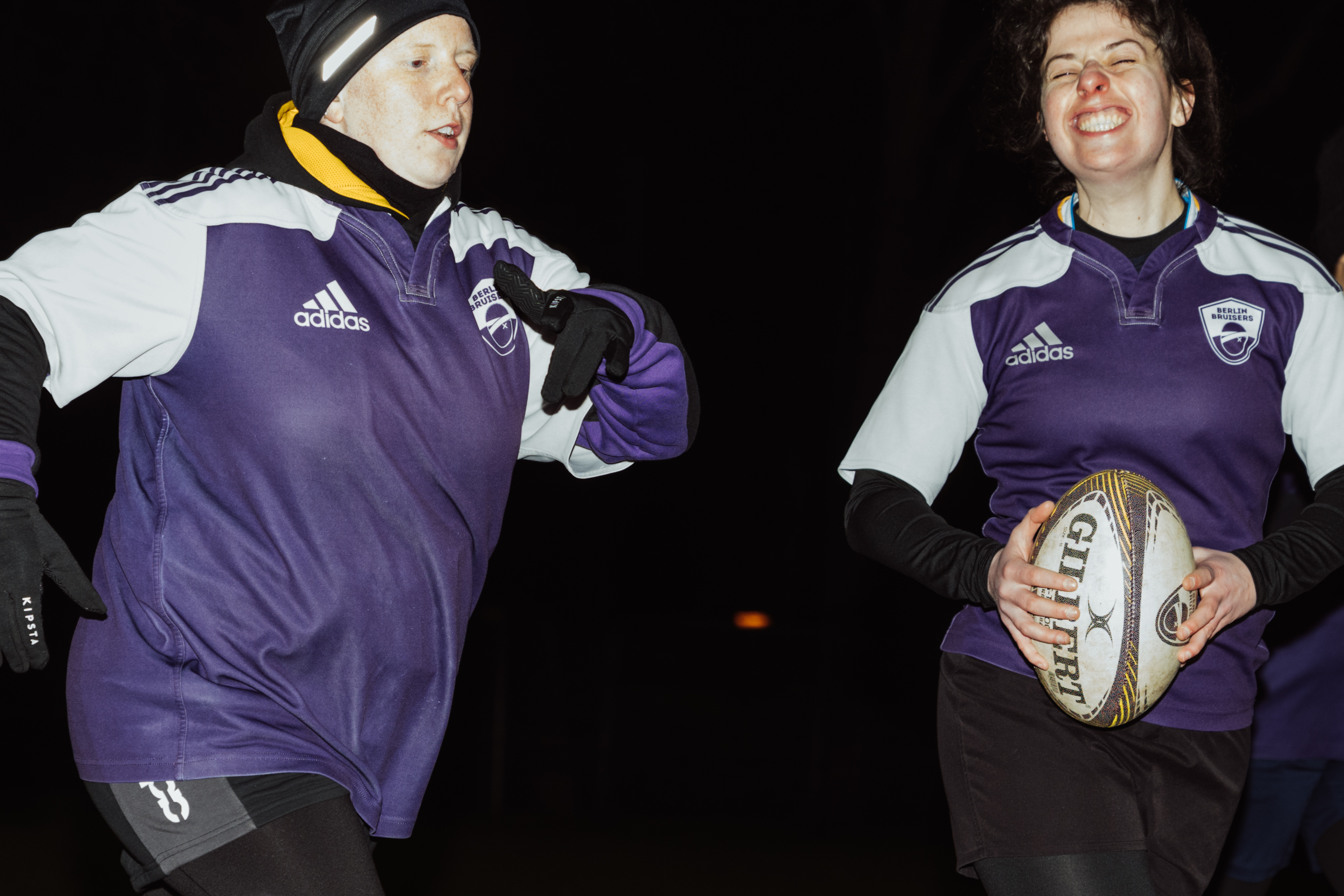

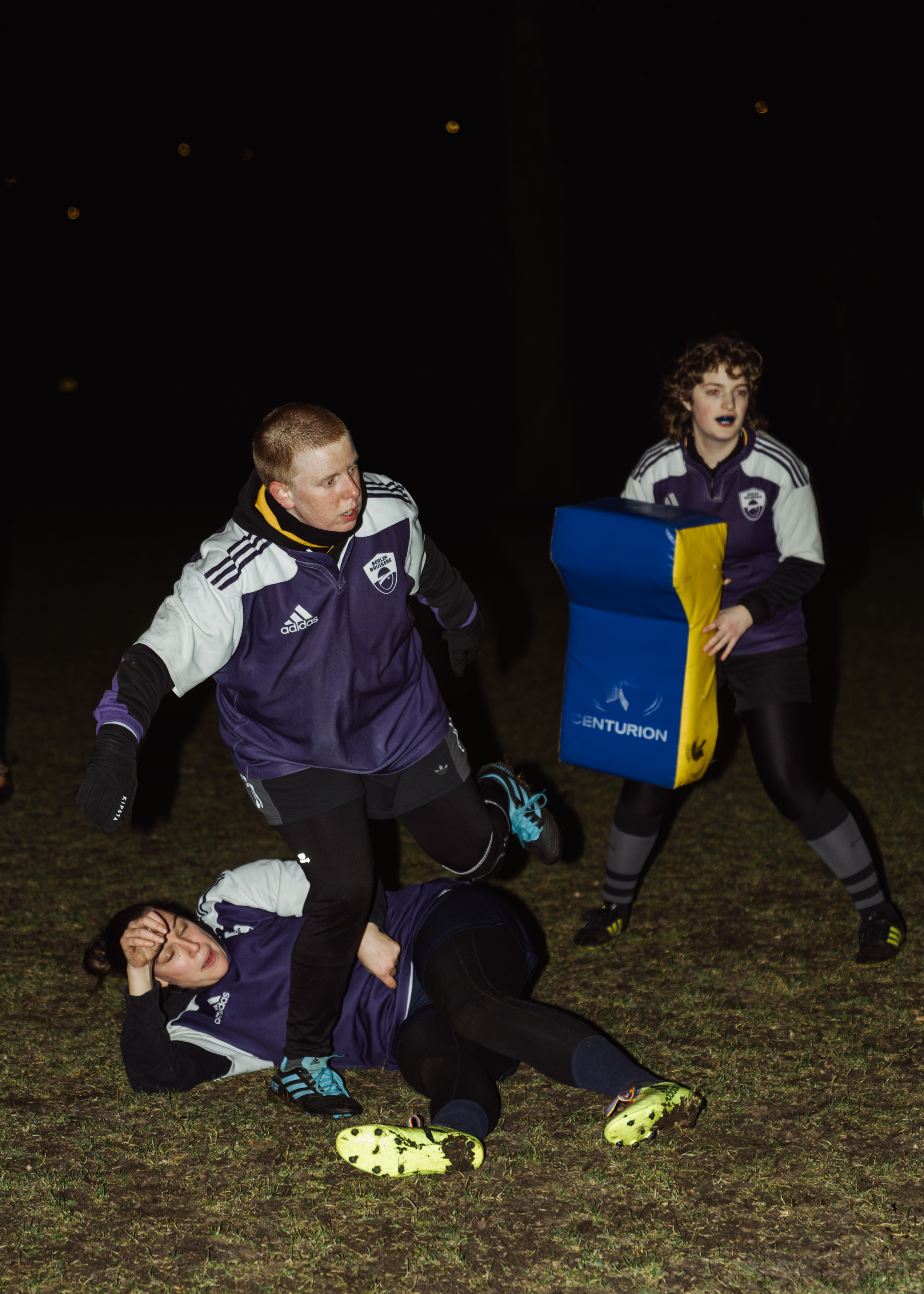



Since the 1960s, Germany has recruited so-called ‚Gastarbeiter‘ from other countries, who were meant to stay only for a few years, work hard in blue-collar jobs and then return to their countries of origin. This concept naturally didn’t work out and many stayed and built a life in Germany, facing prejudices, homesickness, language barriers and social exclusion.
A large number of the migrant workers came from Turkey and the surrounding countries and while Greeks and Italians gradually became accepted and loved by the Germans, the 4 to 5 million muslims in the country still experience exclusion and racism.
Leila, Coco, Mohammed and İlhan live in Berlin, between Kottbusser Tor and the tower blocks on the city’s outskirts, gentrification and social benefits, Hip Hop and religious traditions. They are the children of muslim immigrants from Turkey, Jordan and Palestine. Their parents came to Germany as ‚Gastarbeiter‘ (guest workers) and refugees. Leila, Coco, Mo and İlhan belong to the first generation that was born and raised in Germany.
Their stories tell of the past and the present, of places of (imagined) existence, of growing up and ultimately of their search for their identity. Doro Zinn narrates their ongoing encounters with documentary photography and intimate portraits, together with archive material, texts and songs given to her by the protagonists.
Together they question the narratives society and media use towards immigrants and the following generations and break them up in a very personal way.






















Seine Geschichte ist eine von vielen hunderttausenden, seitdem die USA verstärkt illegal Eingewanderte abschieben. Sie kommen in ein Land, zu dem sie durch ihre Staatsbürgerschaft gehören, dessen Kultur und Umgangsweisen sie nie im Erwachsenenalter kennengelernt haben und dessen Sprache sie oft auch nicht sprechen.
In den ersten zwei Wochen nach seiner Abschiebung im Mai 2018 traf ich Daniel in einer Einrichtung für Deportados und begleitete ihn für drei Tage. Zwischen touristischer Faszination und langsam aufkommenden Verständnis für seine neue Situation versucht er, einen Alltag in Mexiko Stadt zu finden.
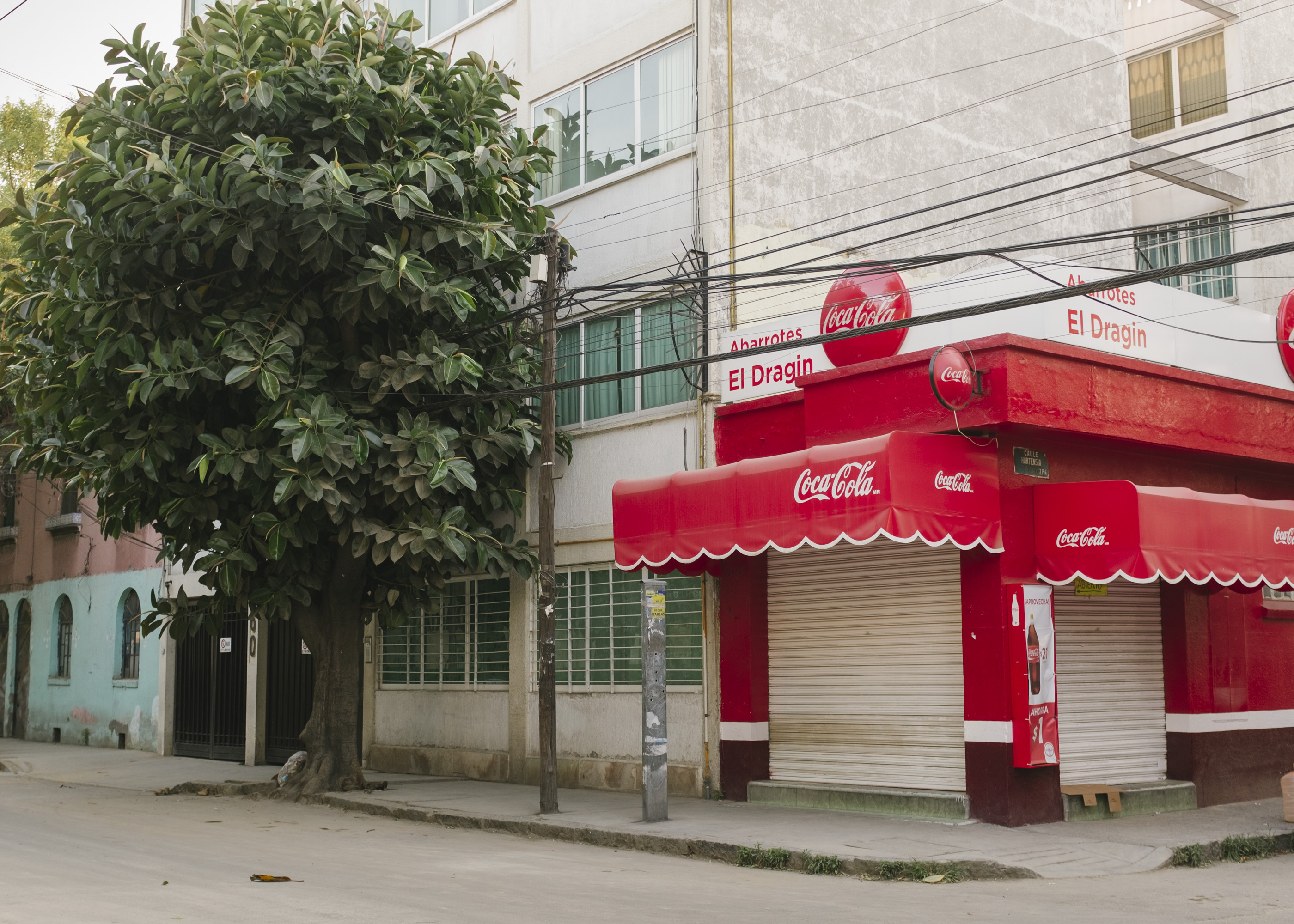
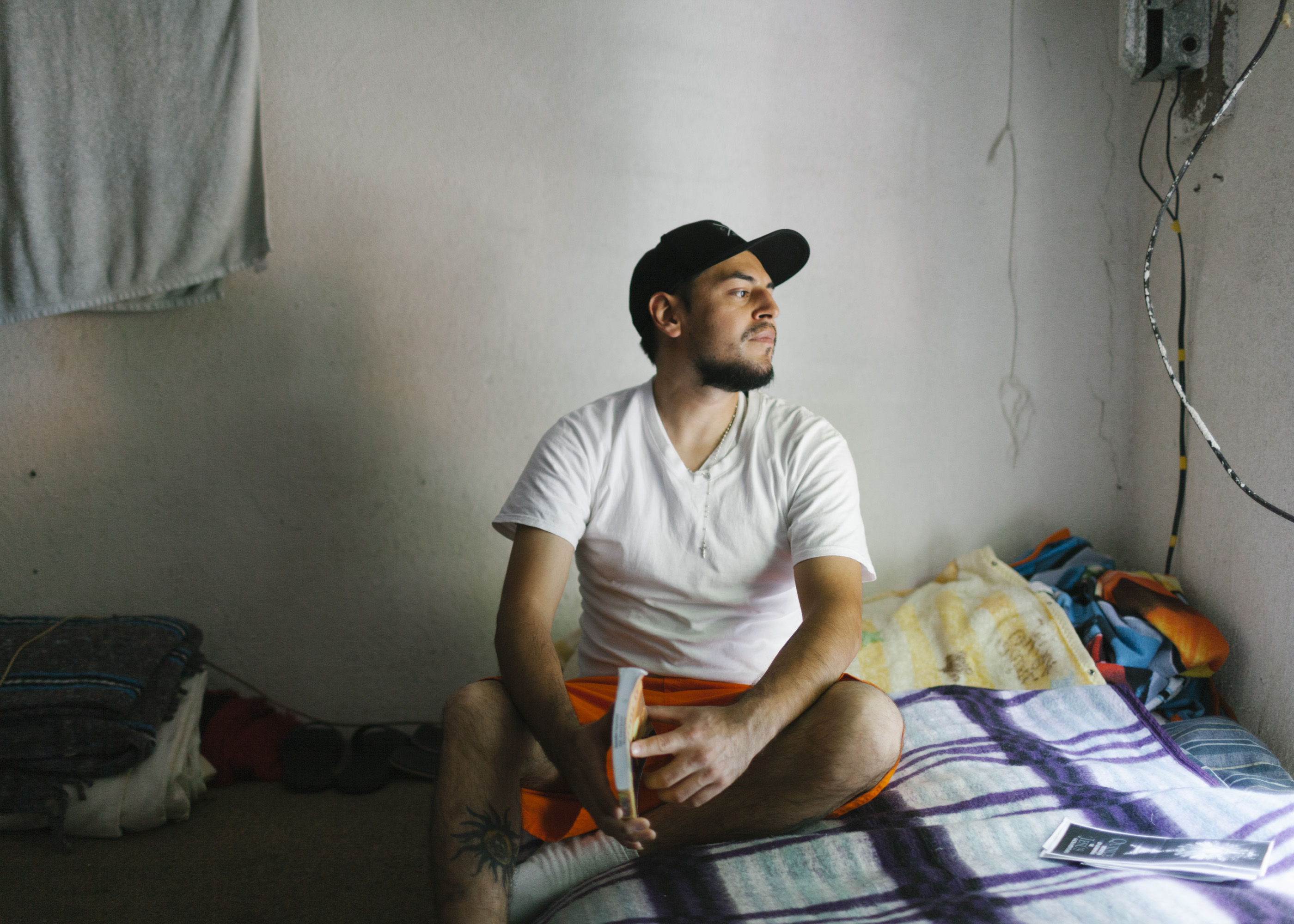
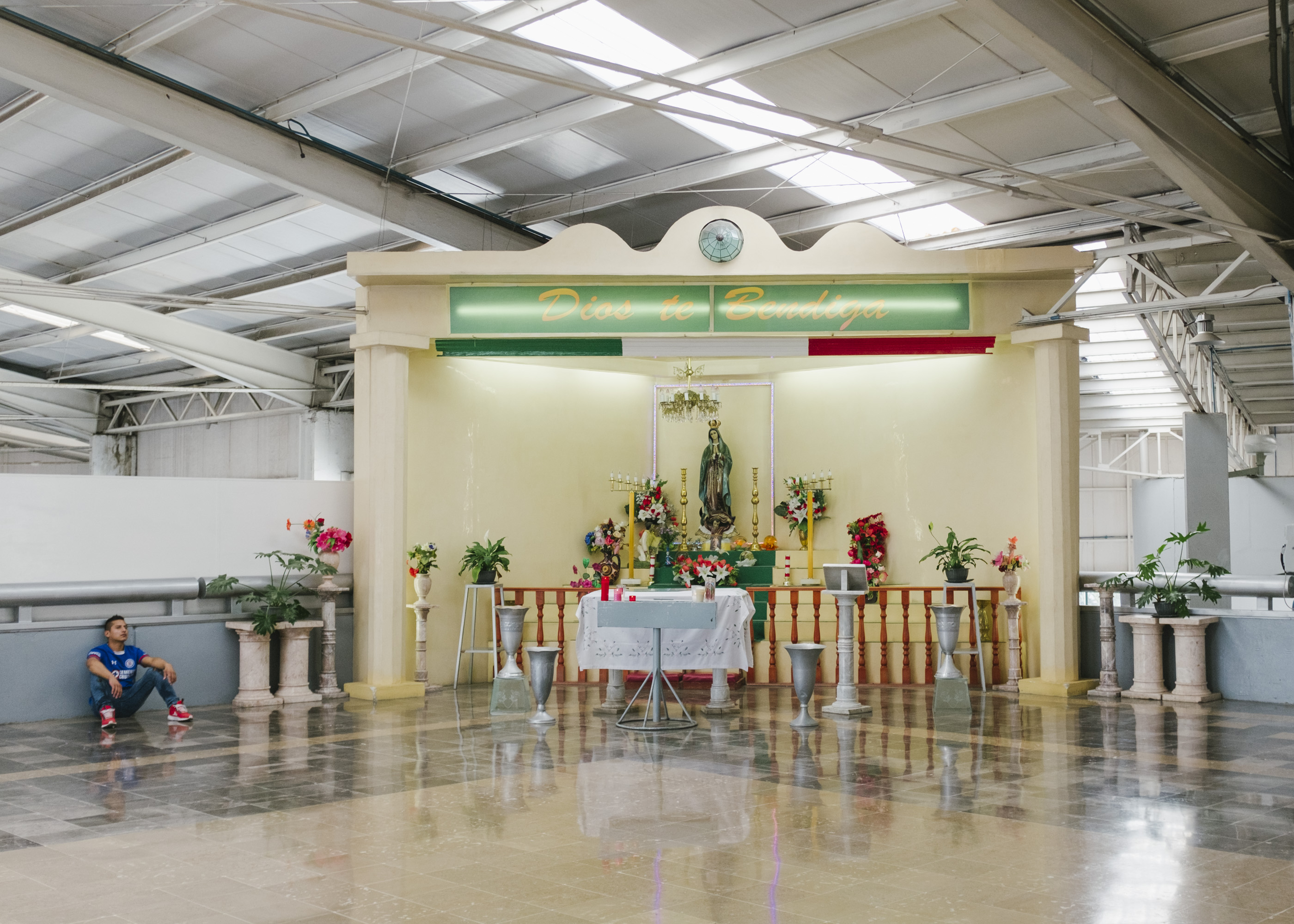
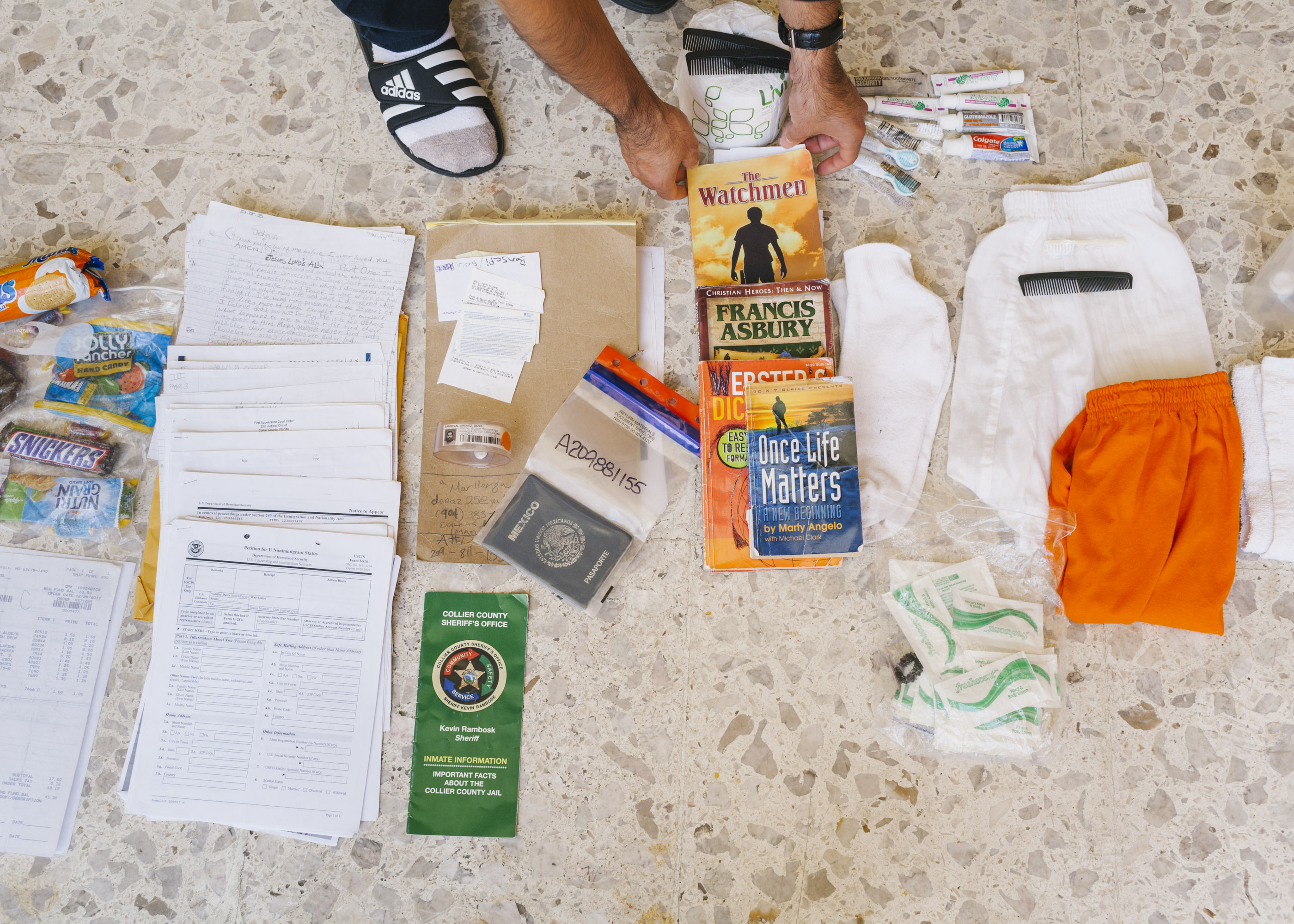
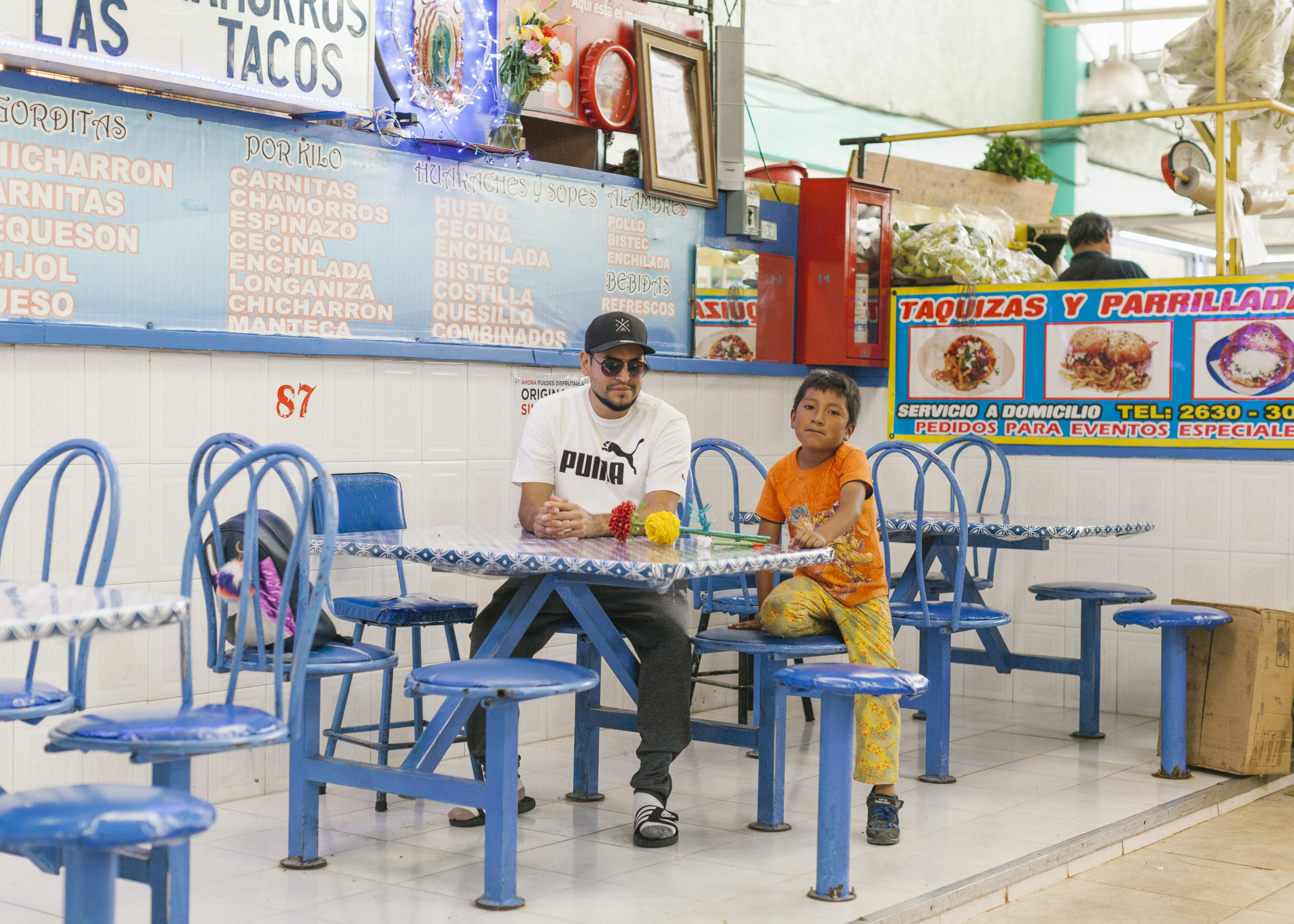
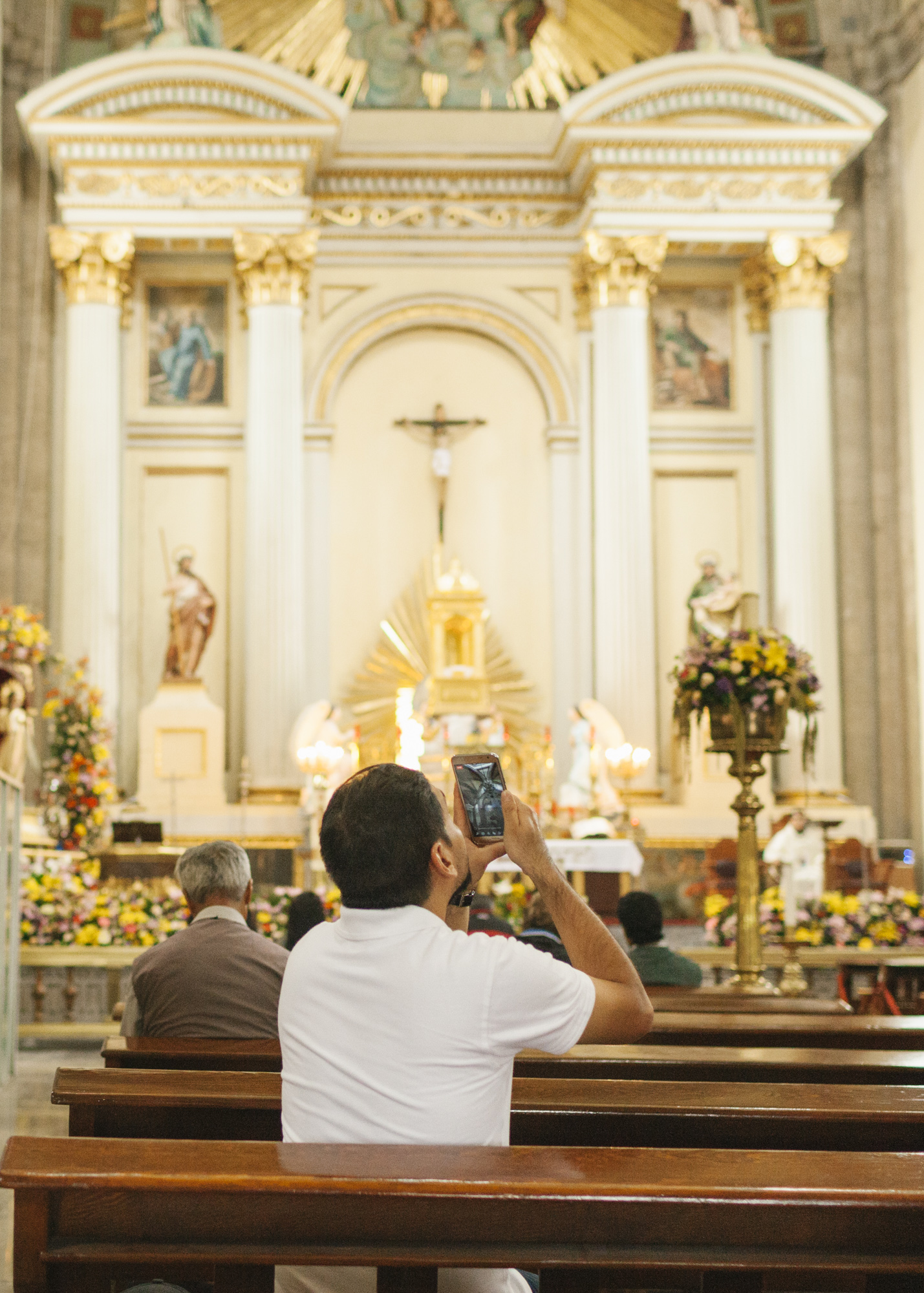
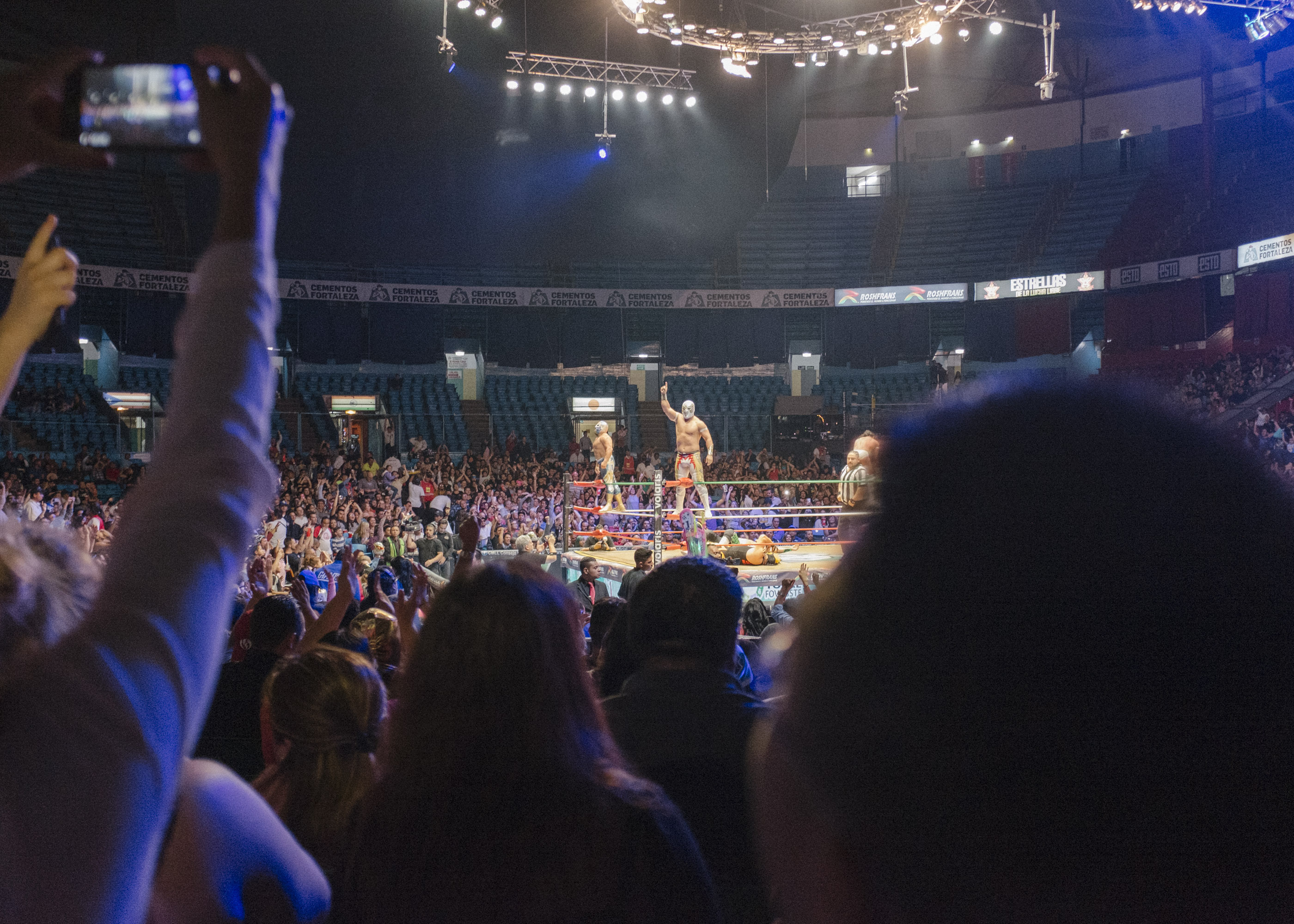
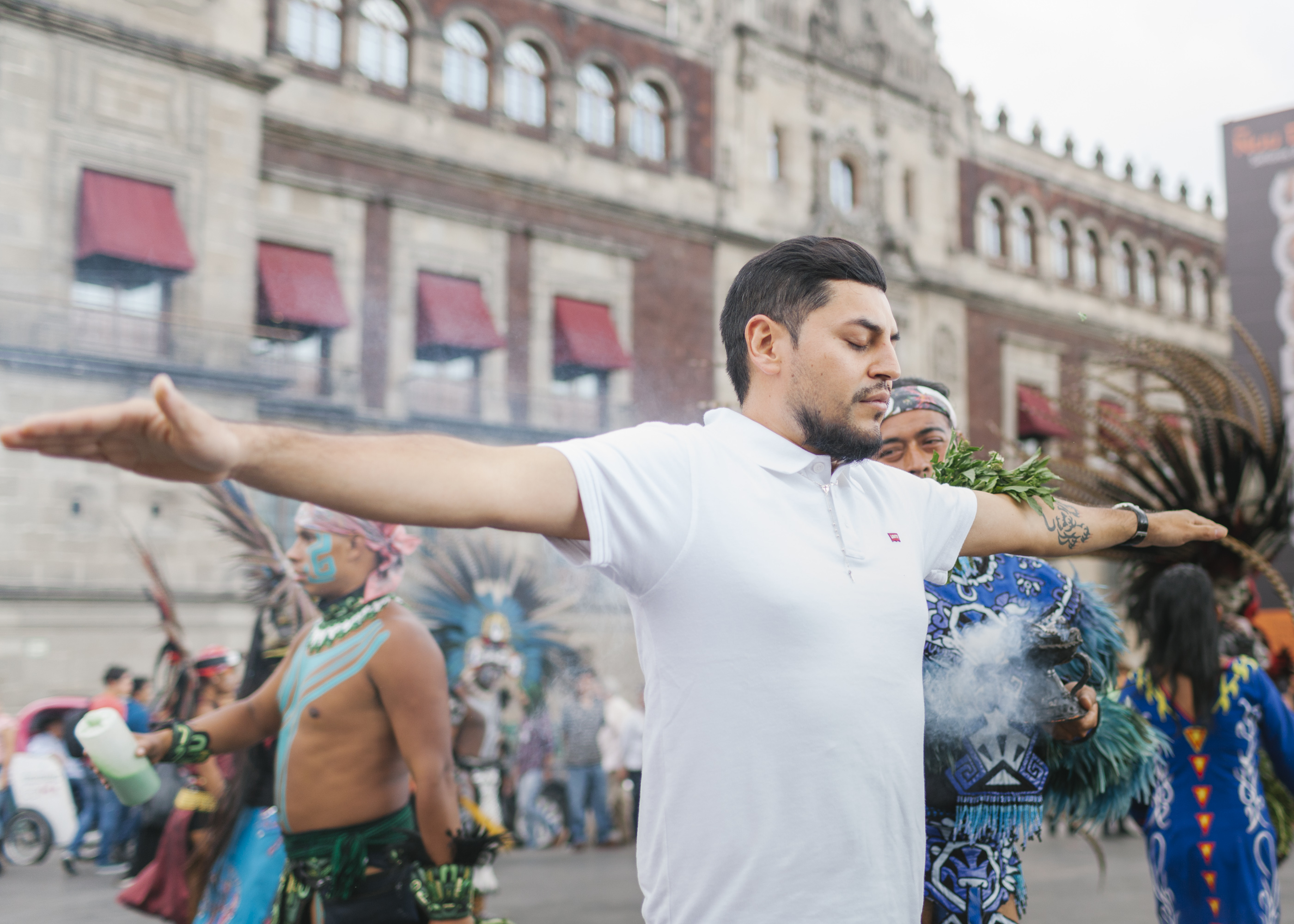
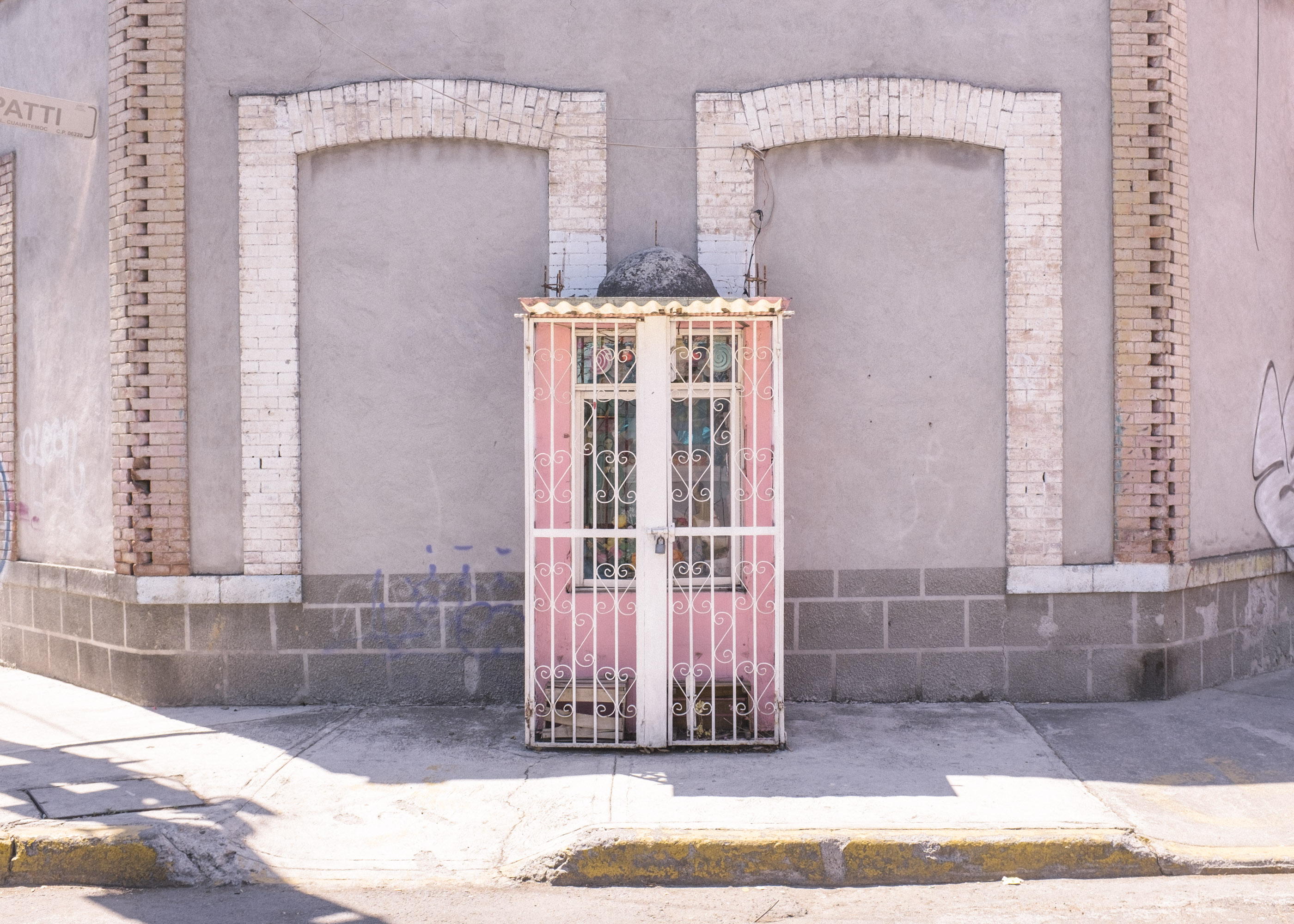
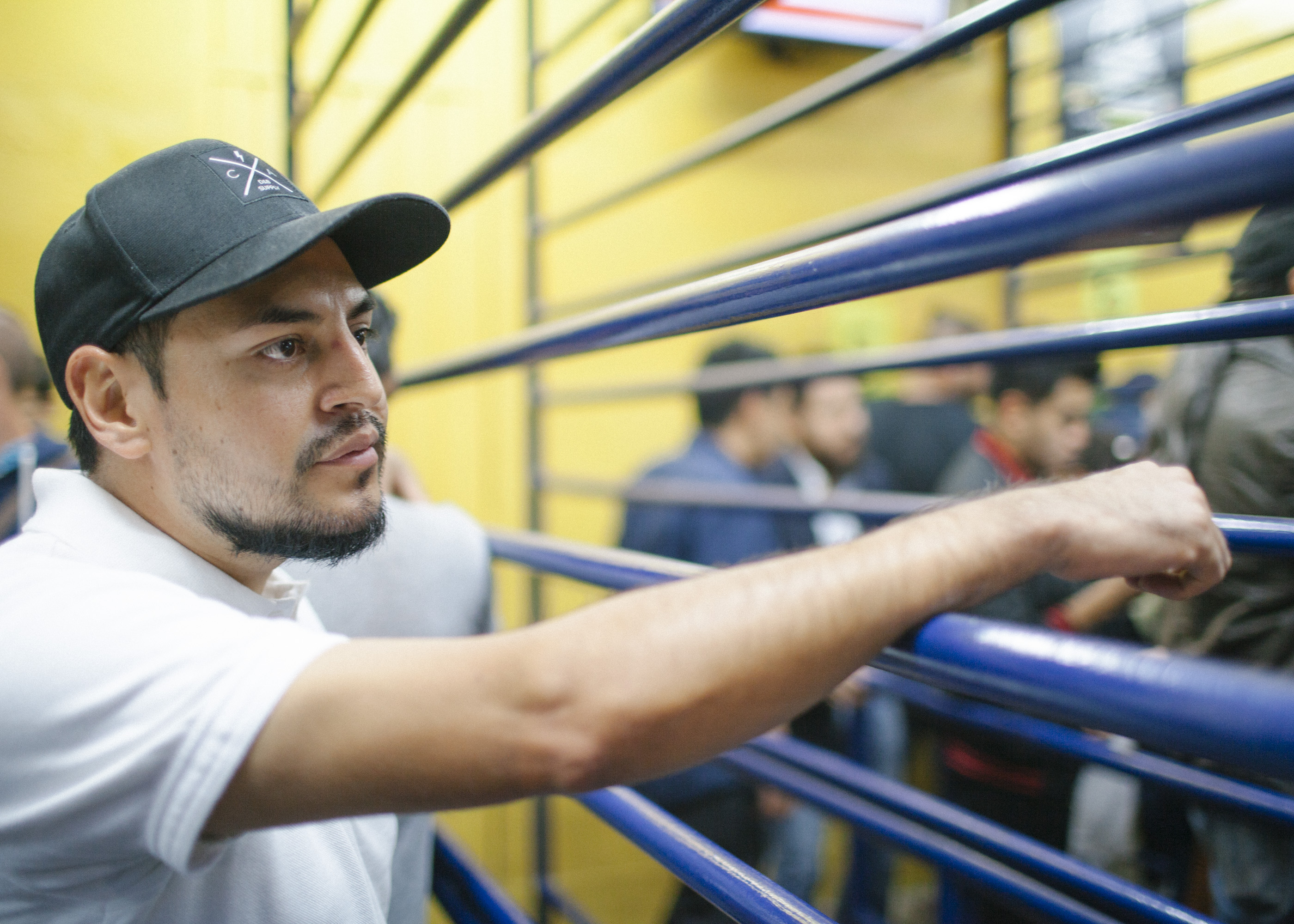
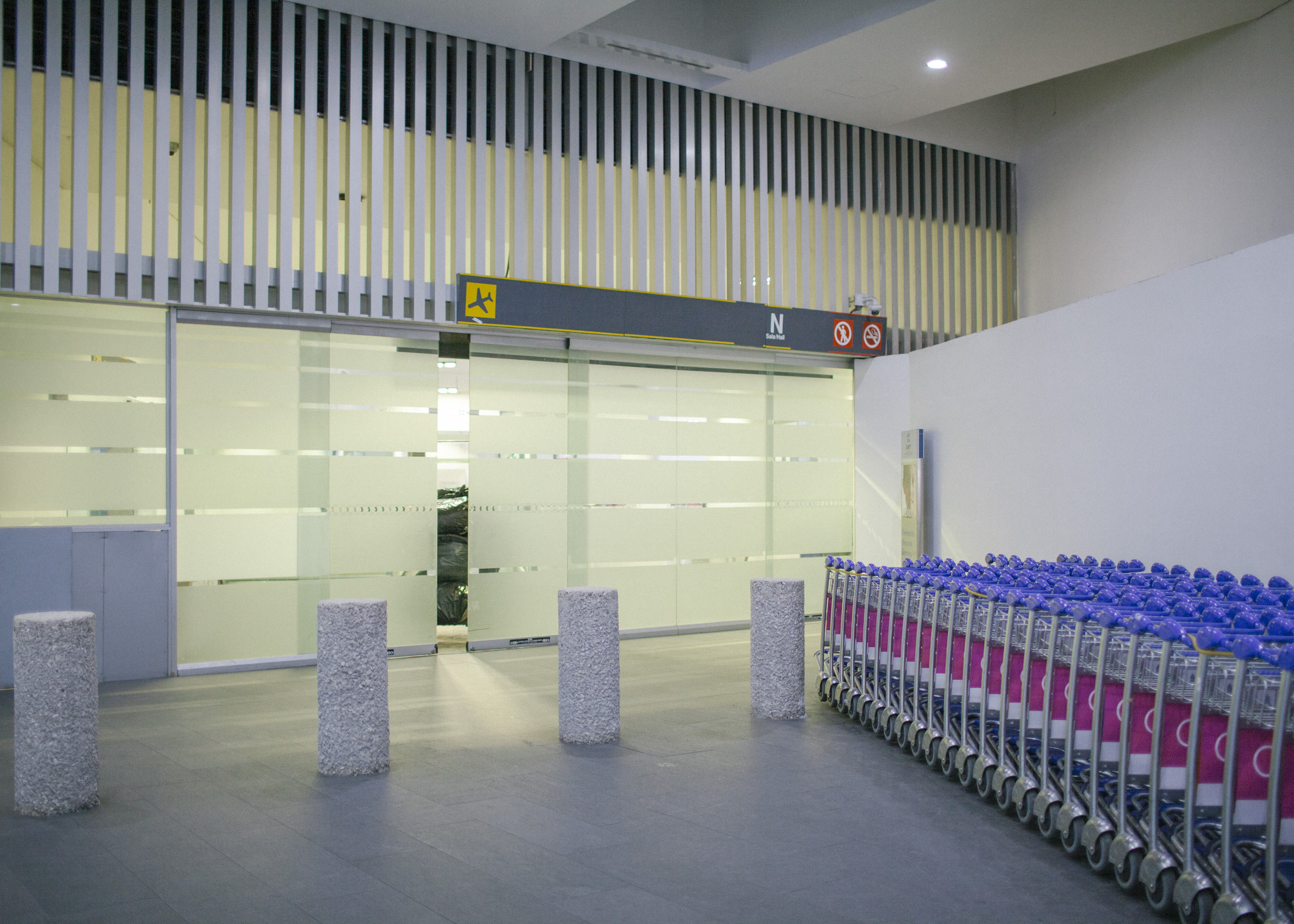

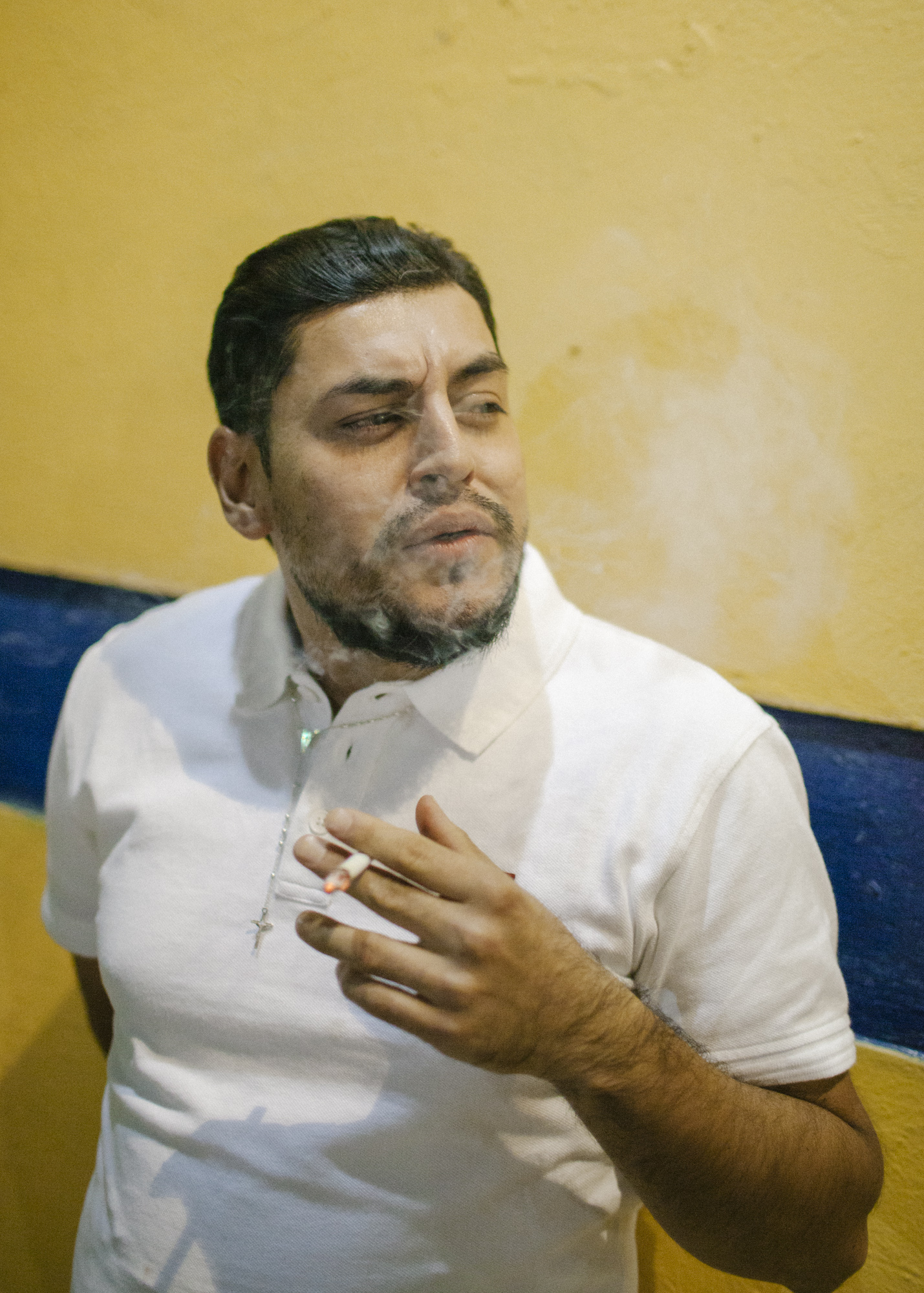
The Gorbals are have an infamous reputation. During a residency with Streetlevel Photoworks I started exploring what is left of it today and photographed residents, collected archive material and conducted interviews.


